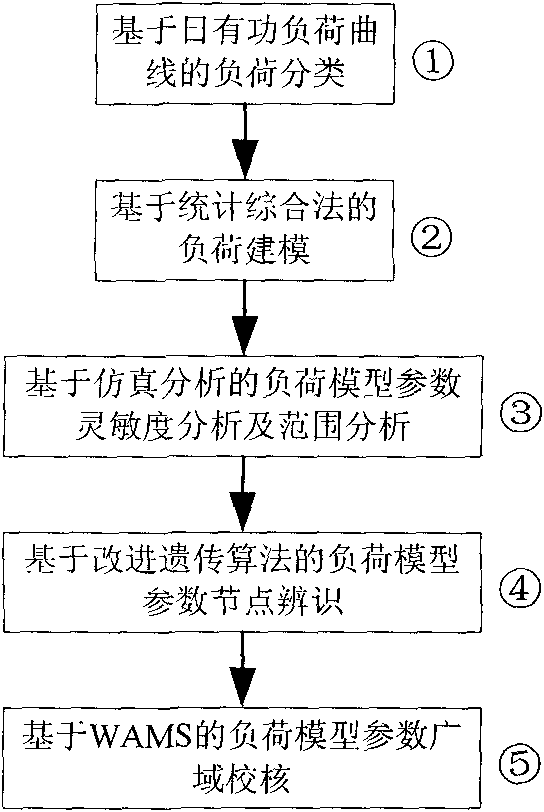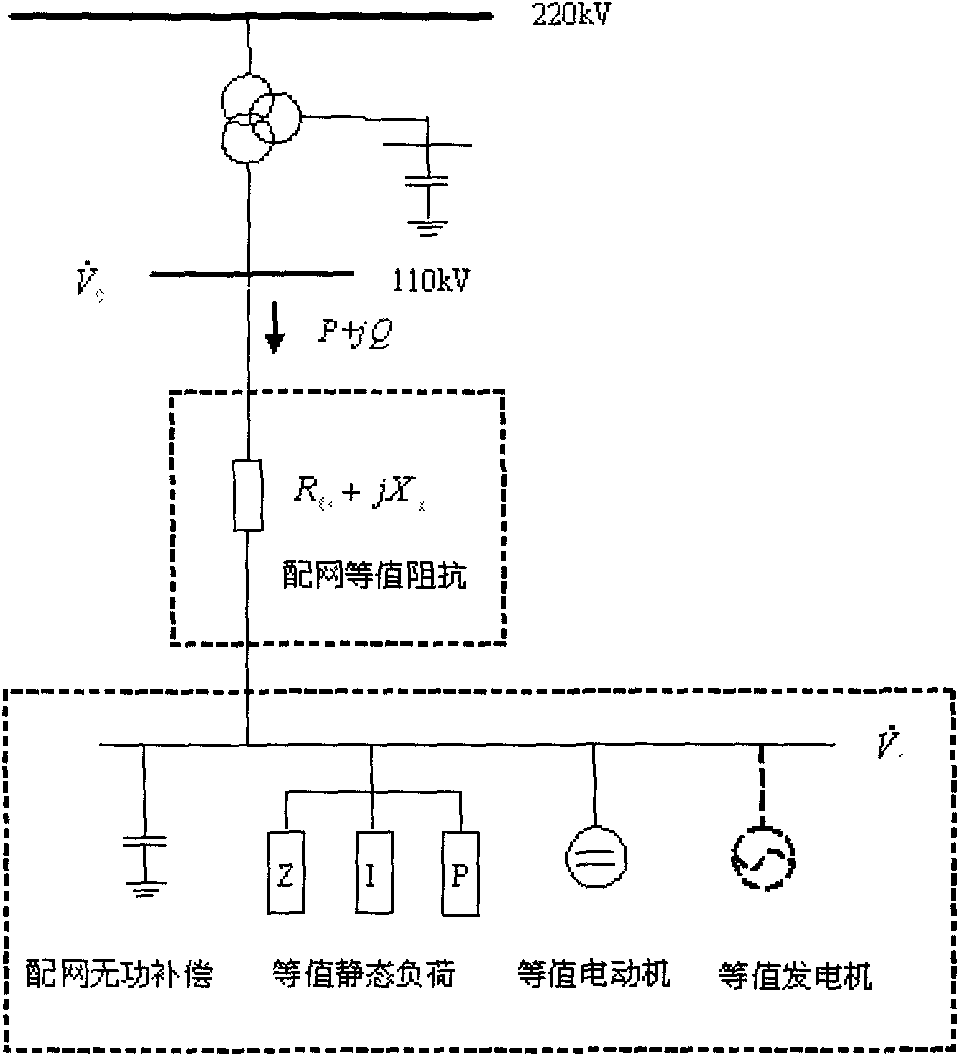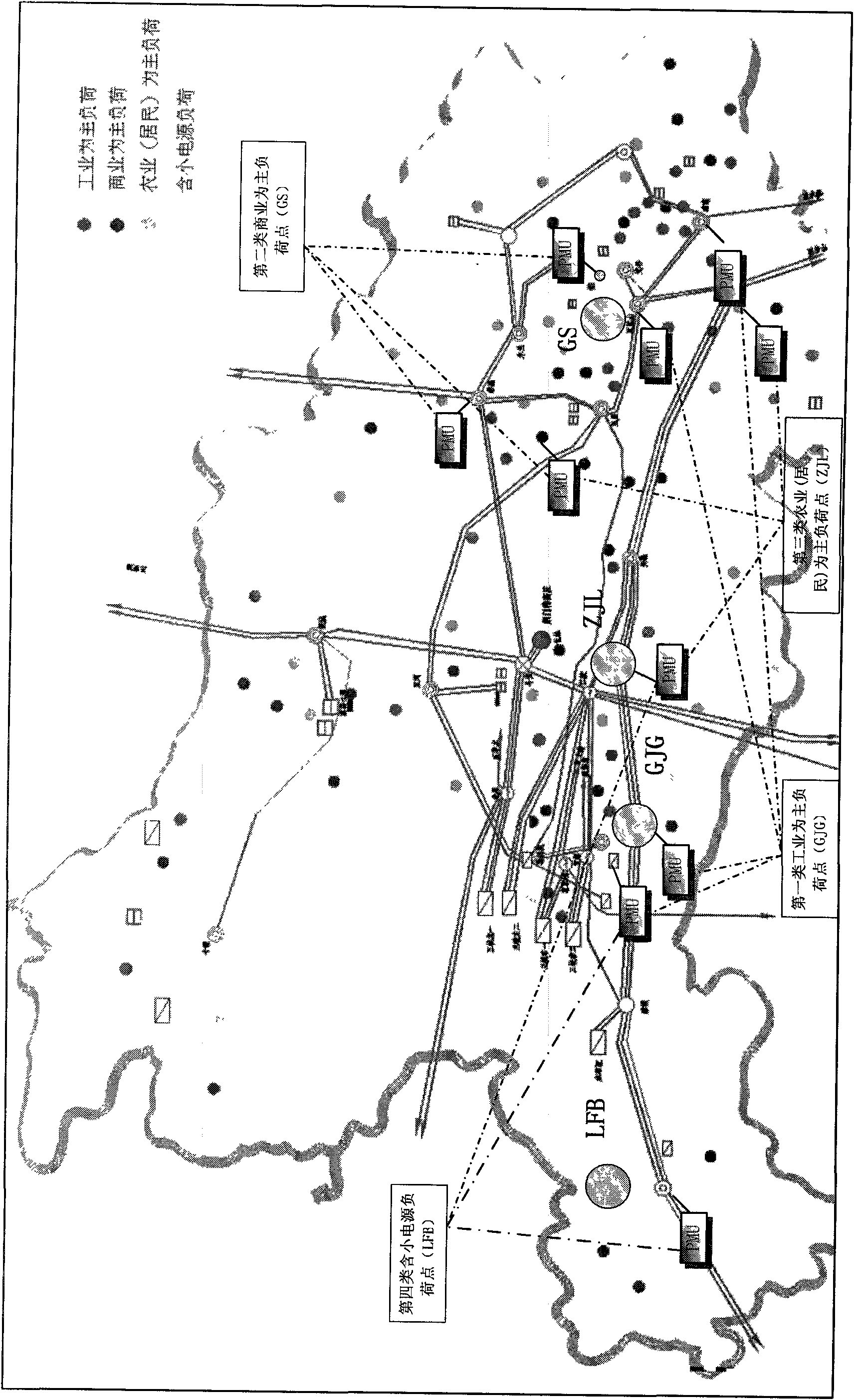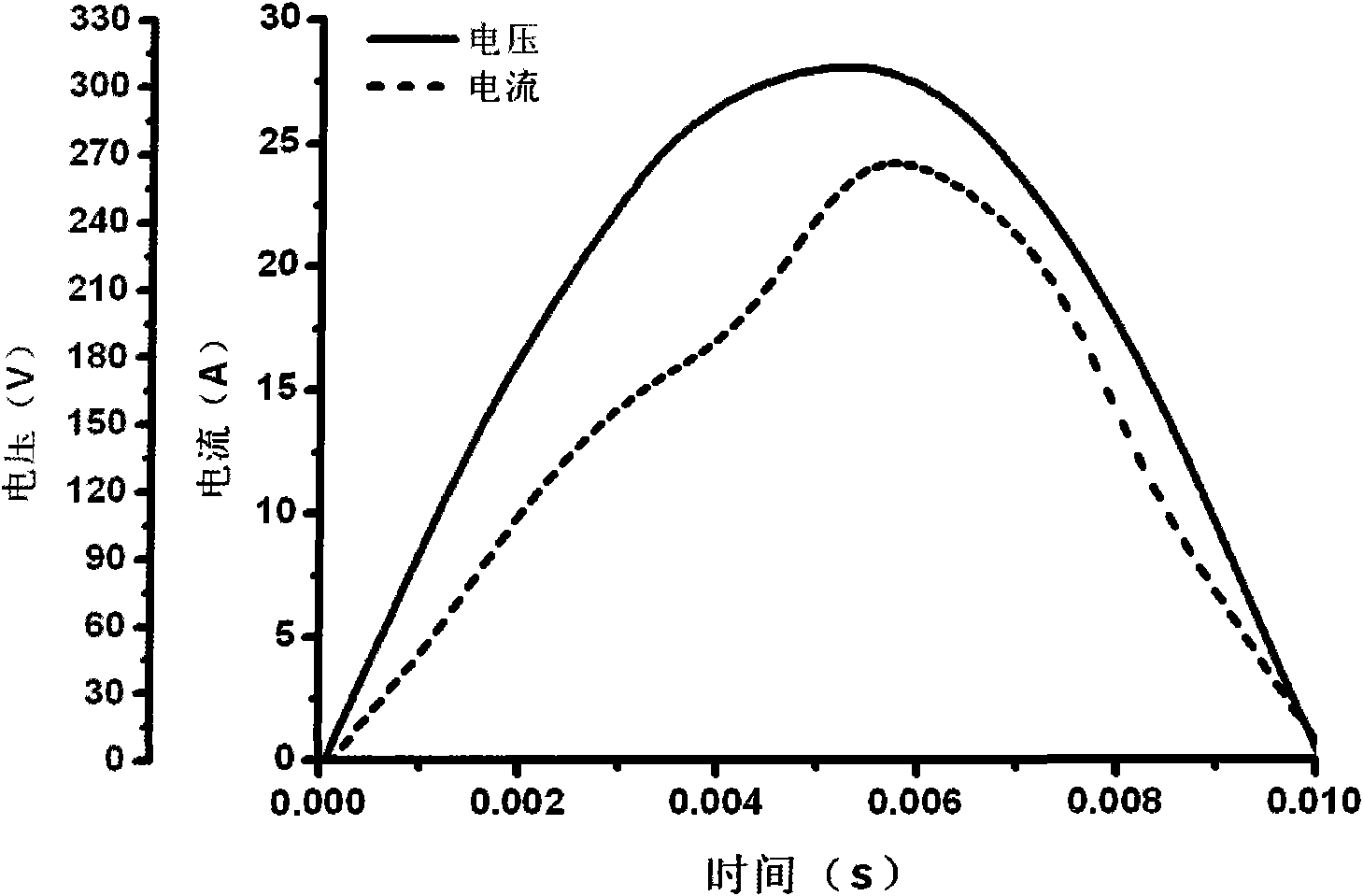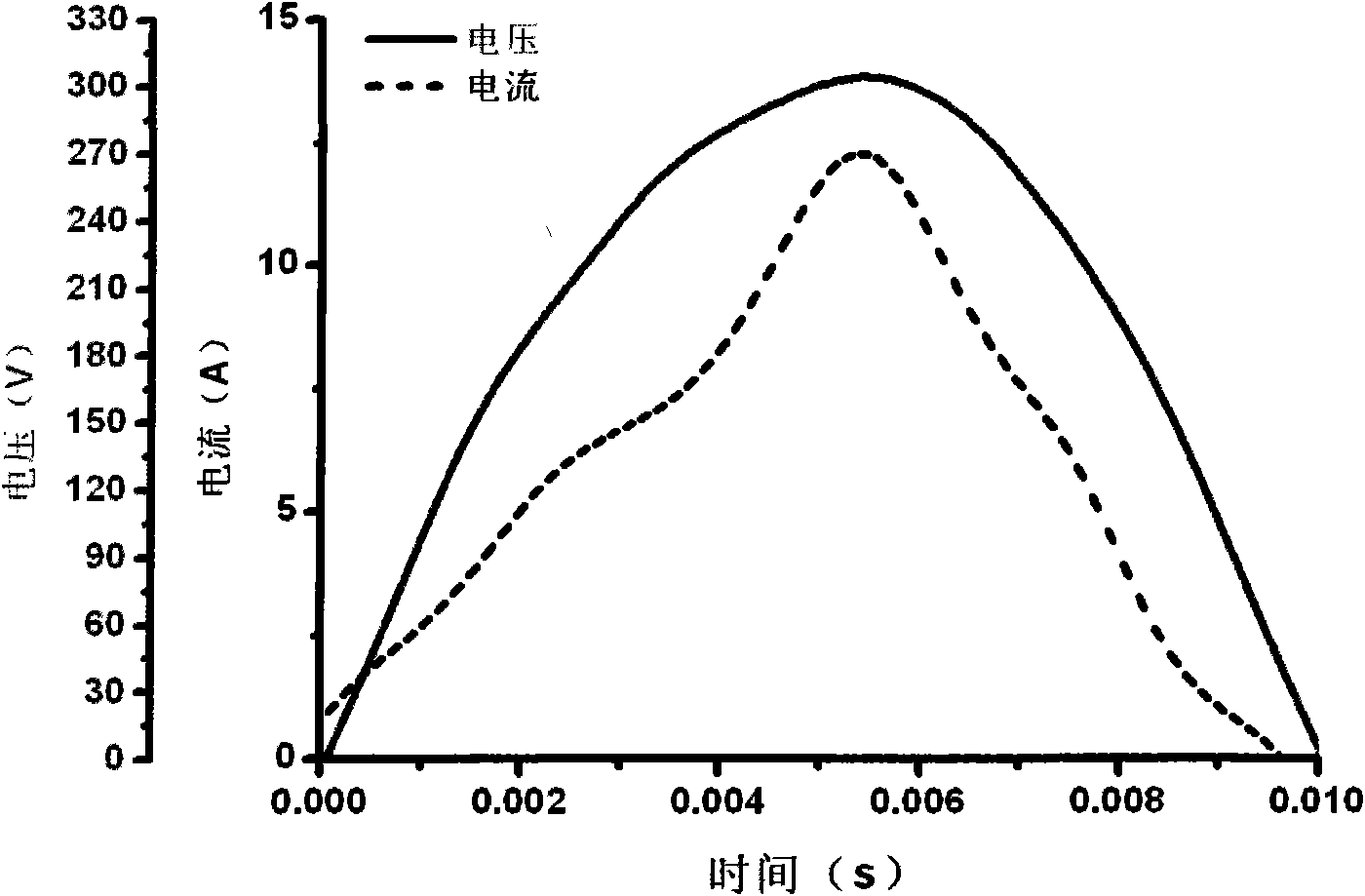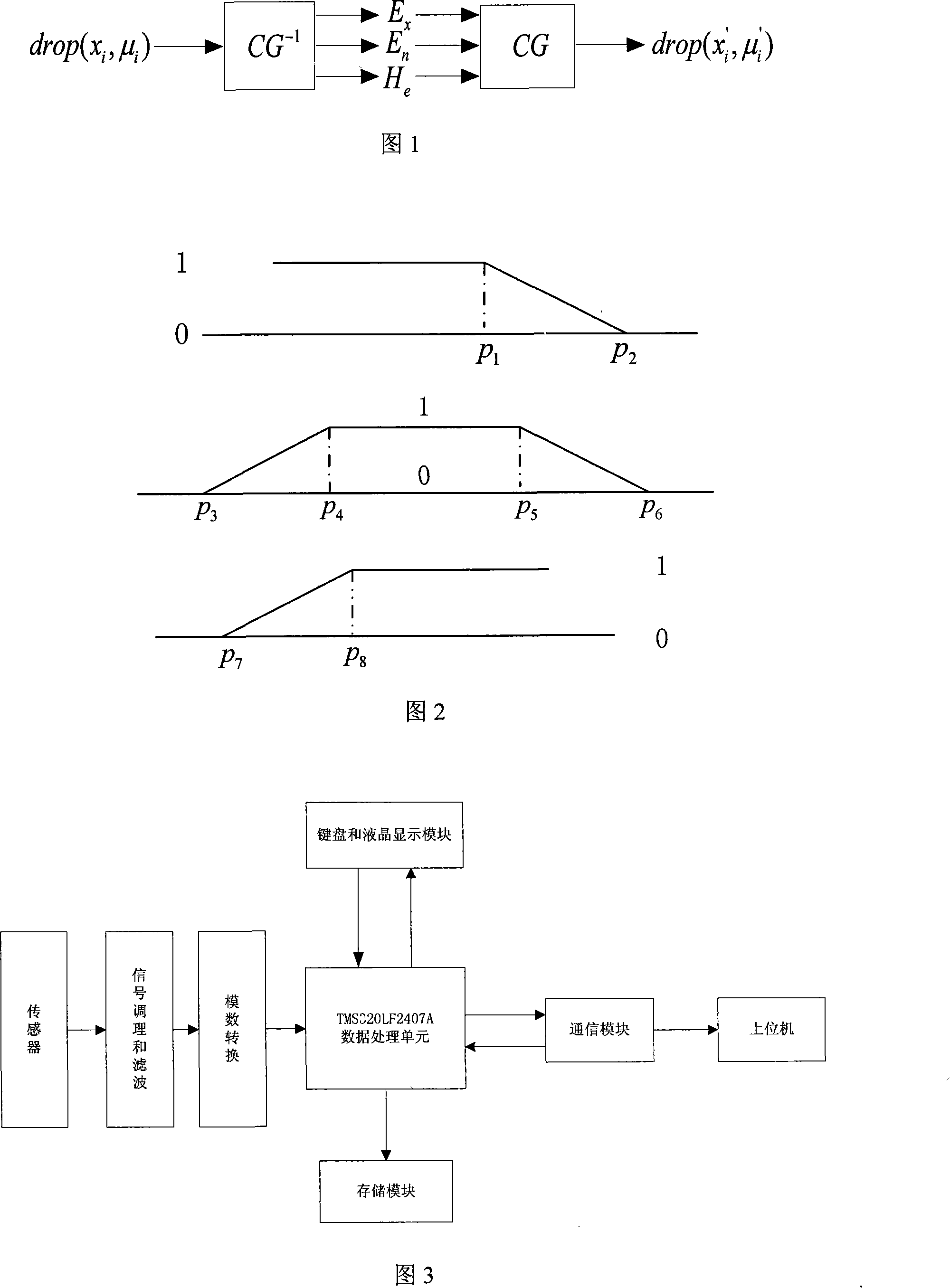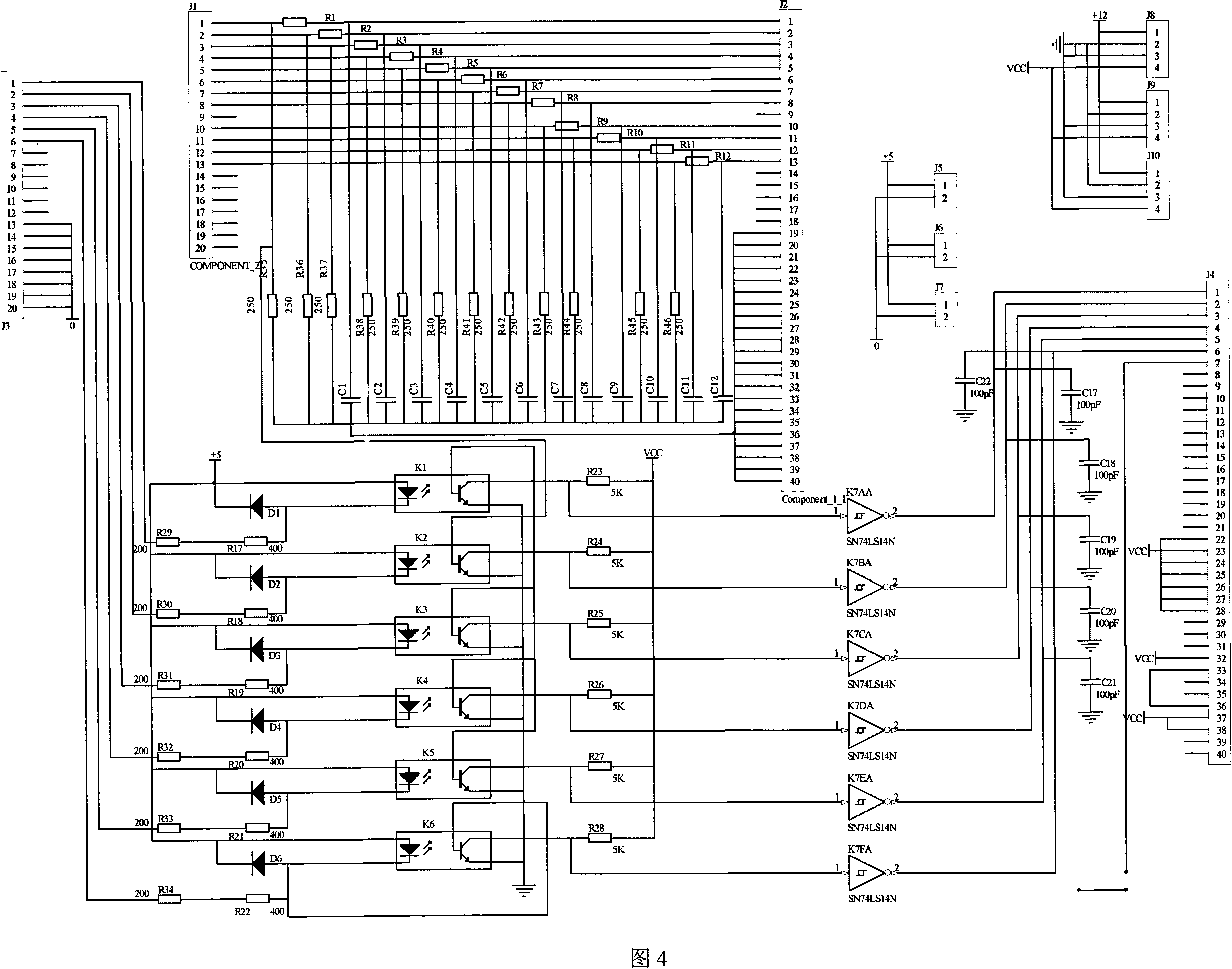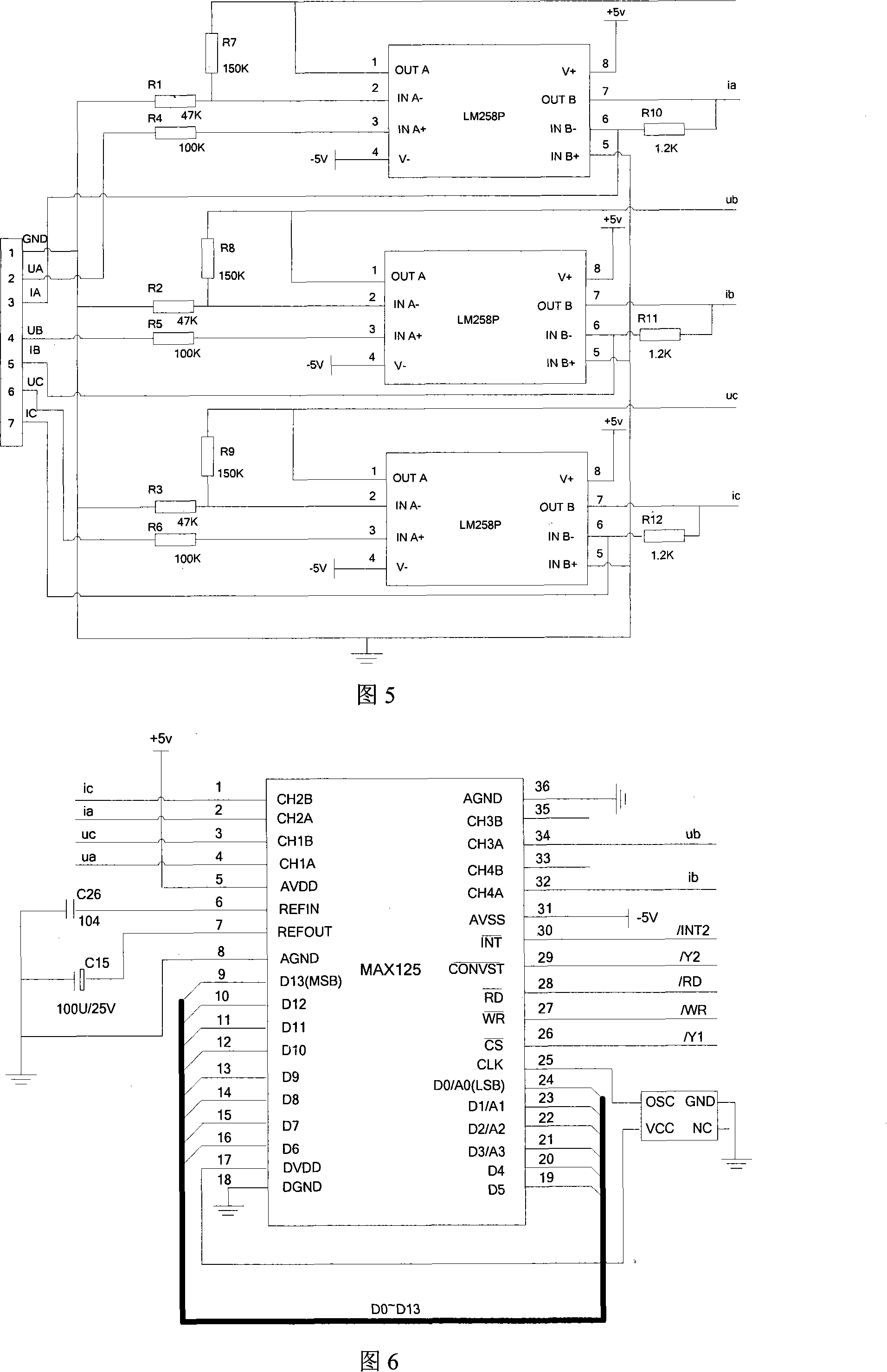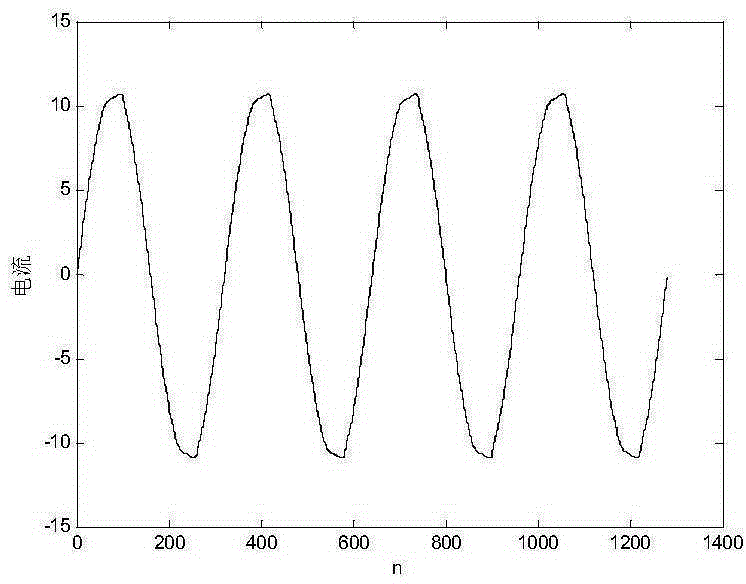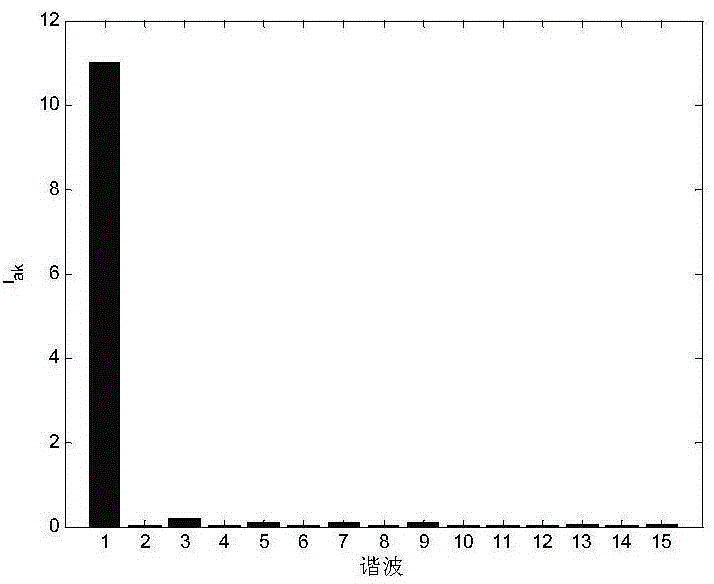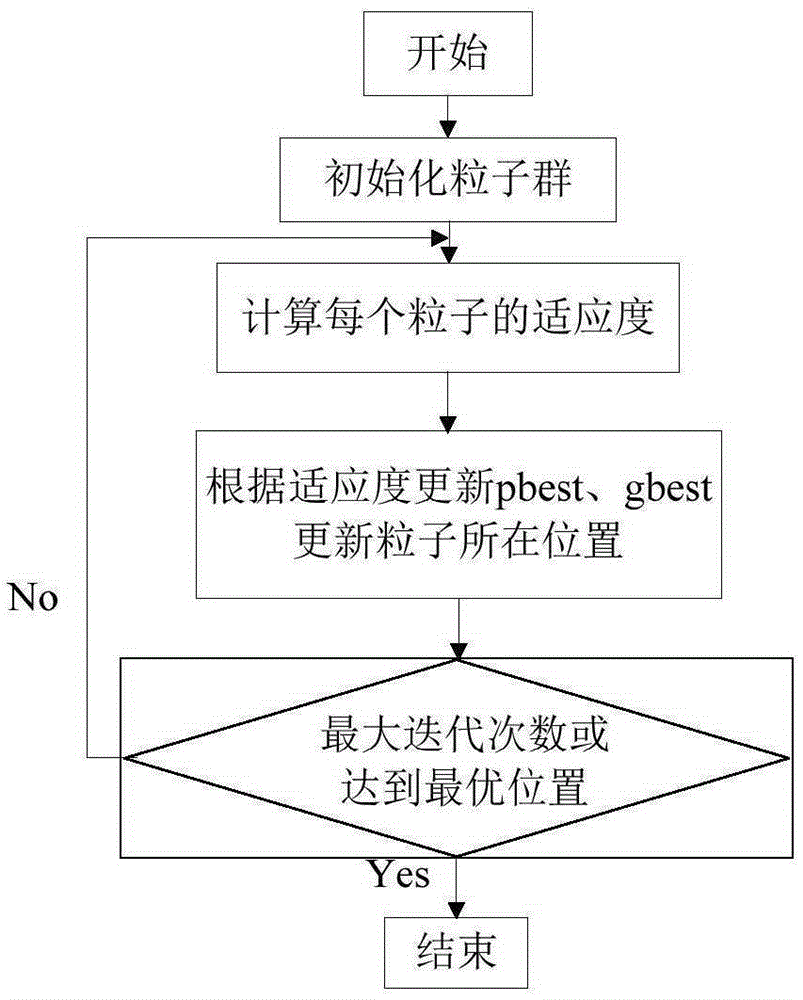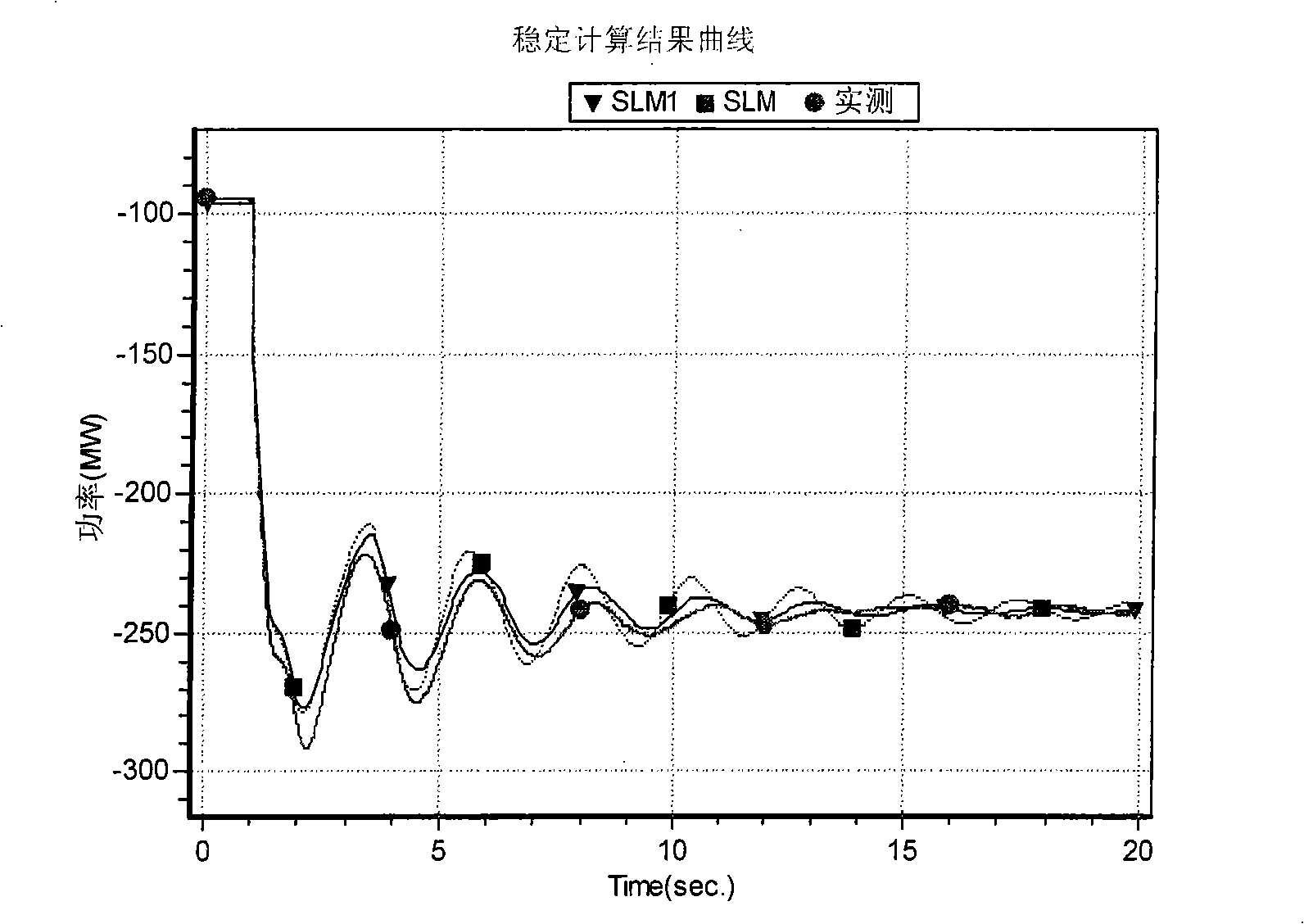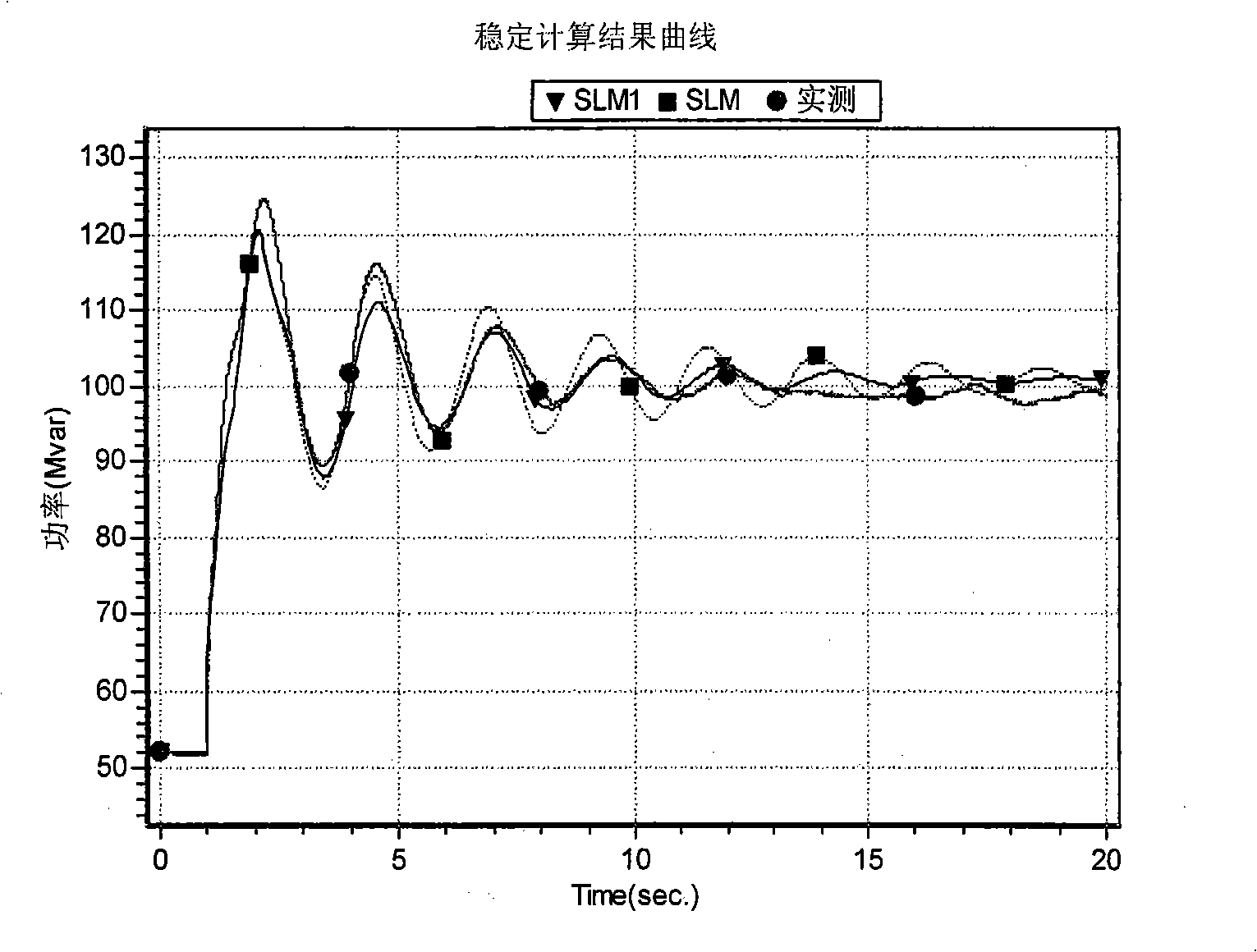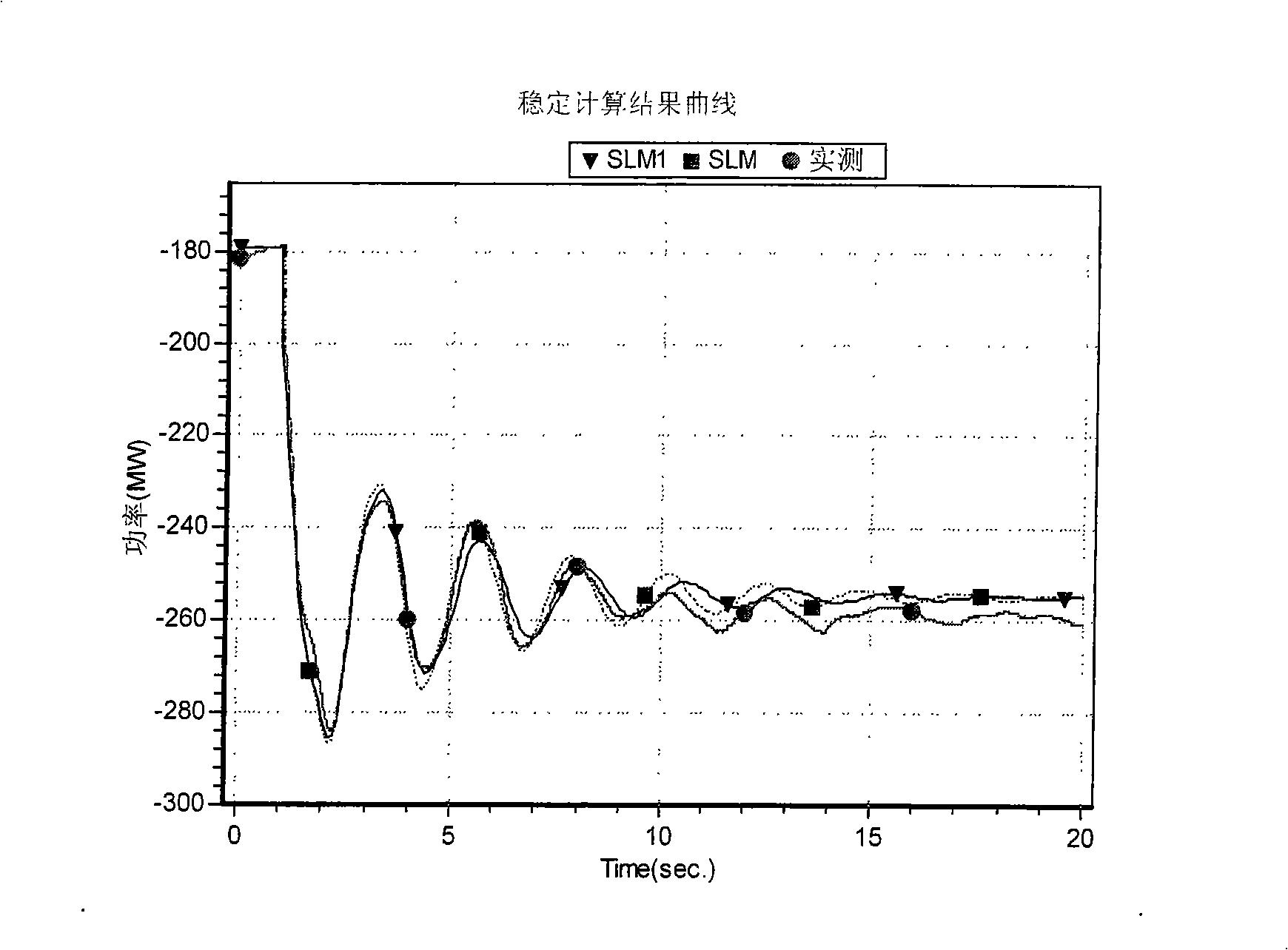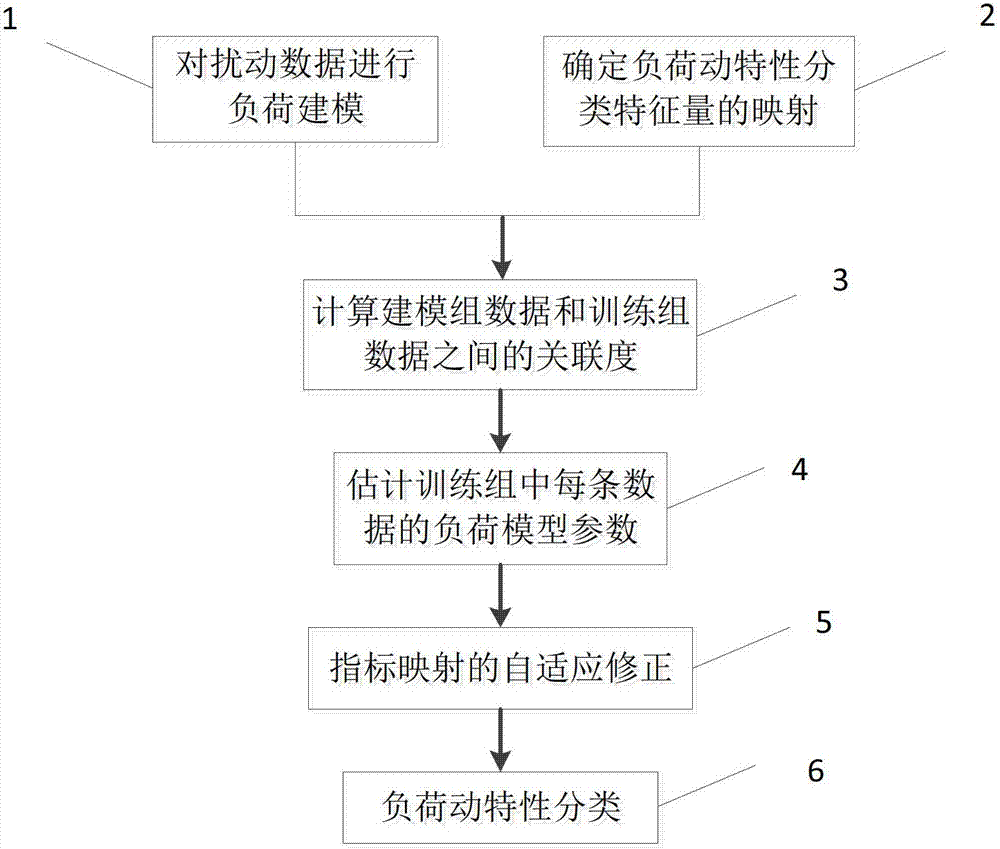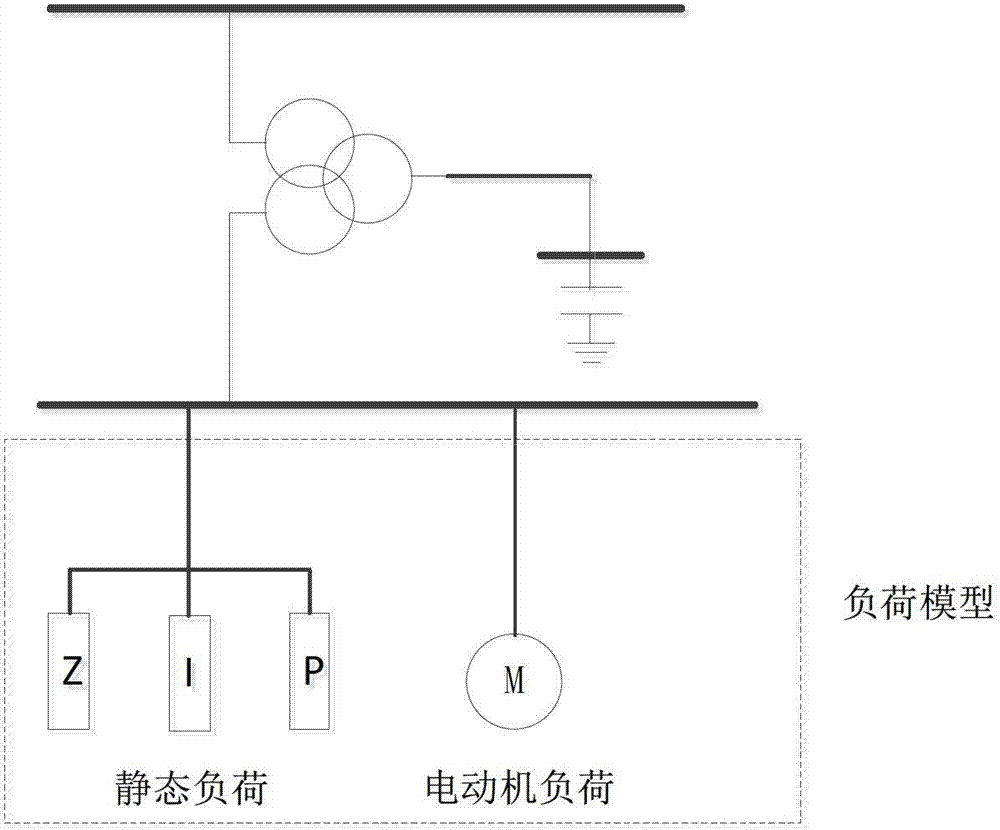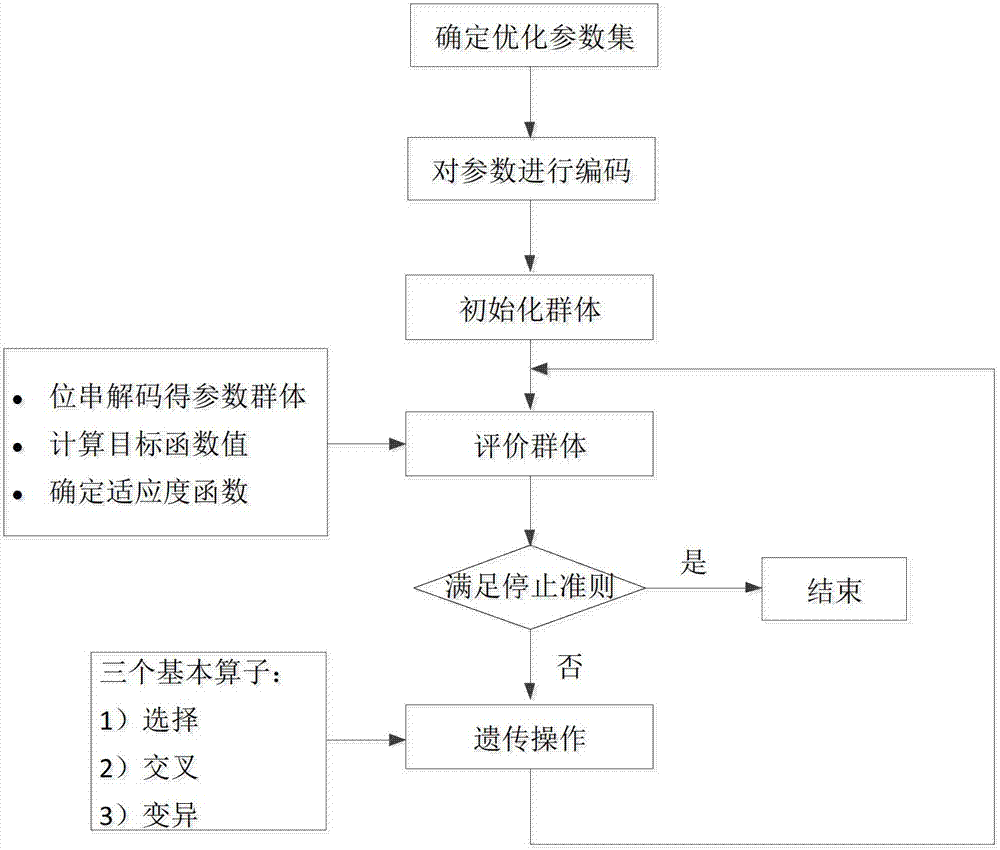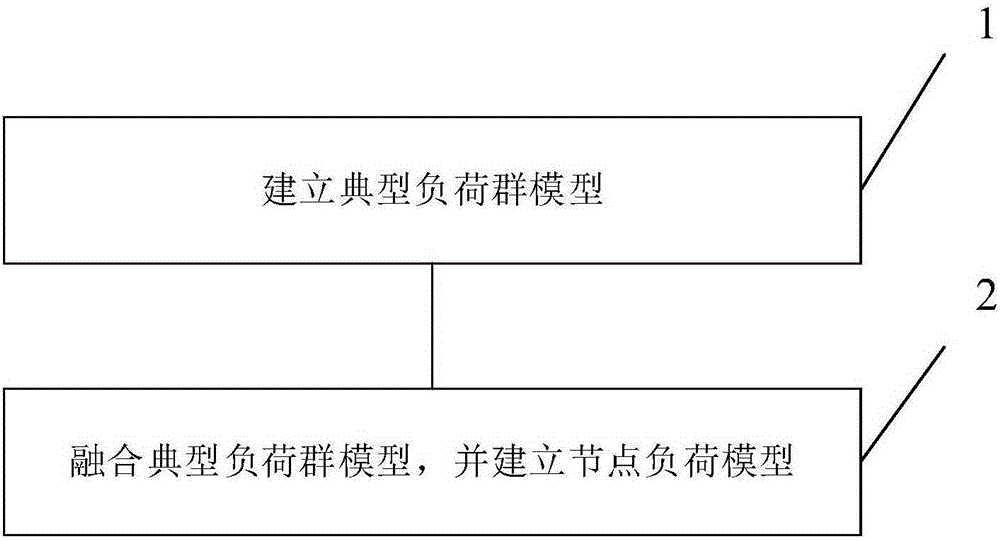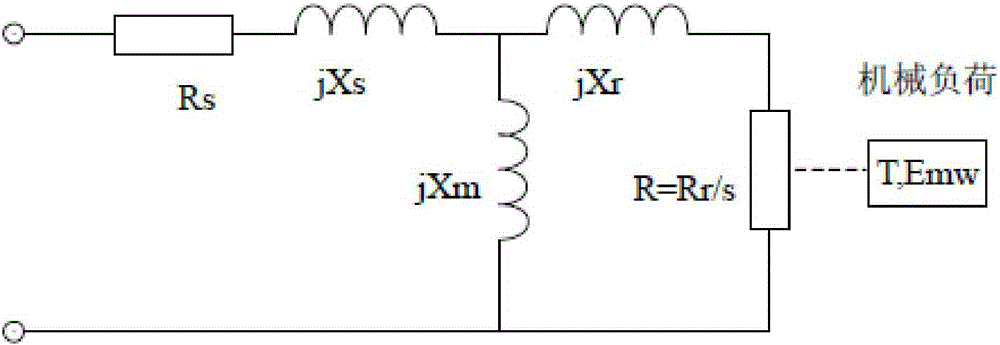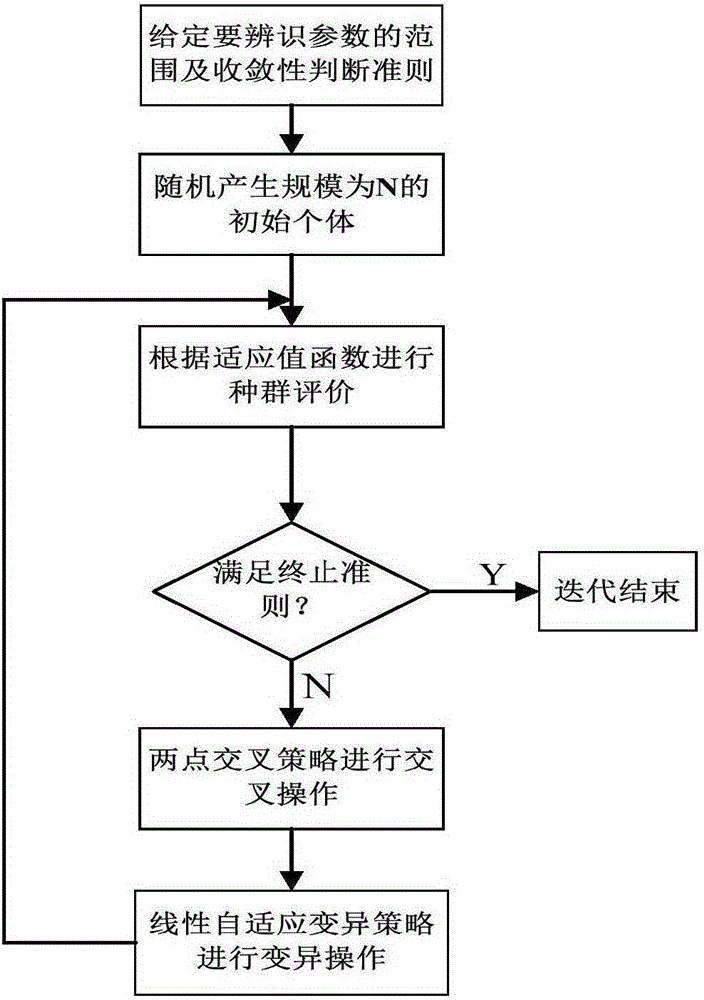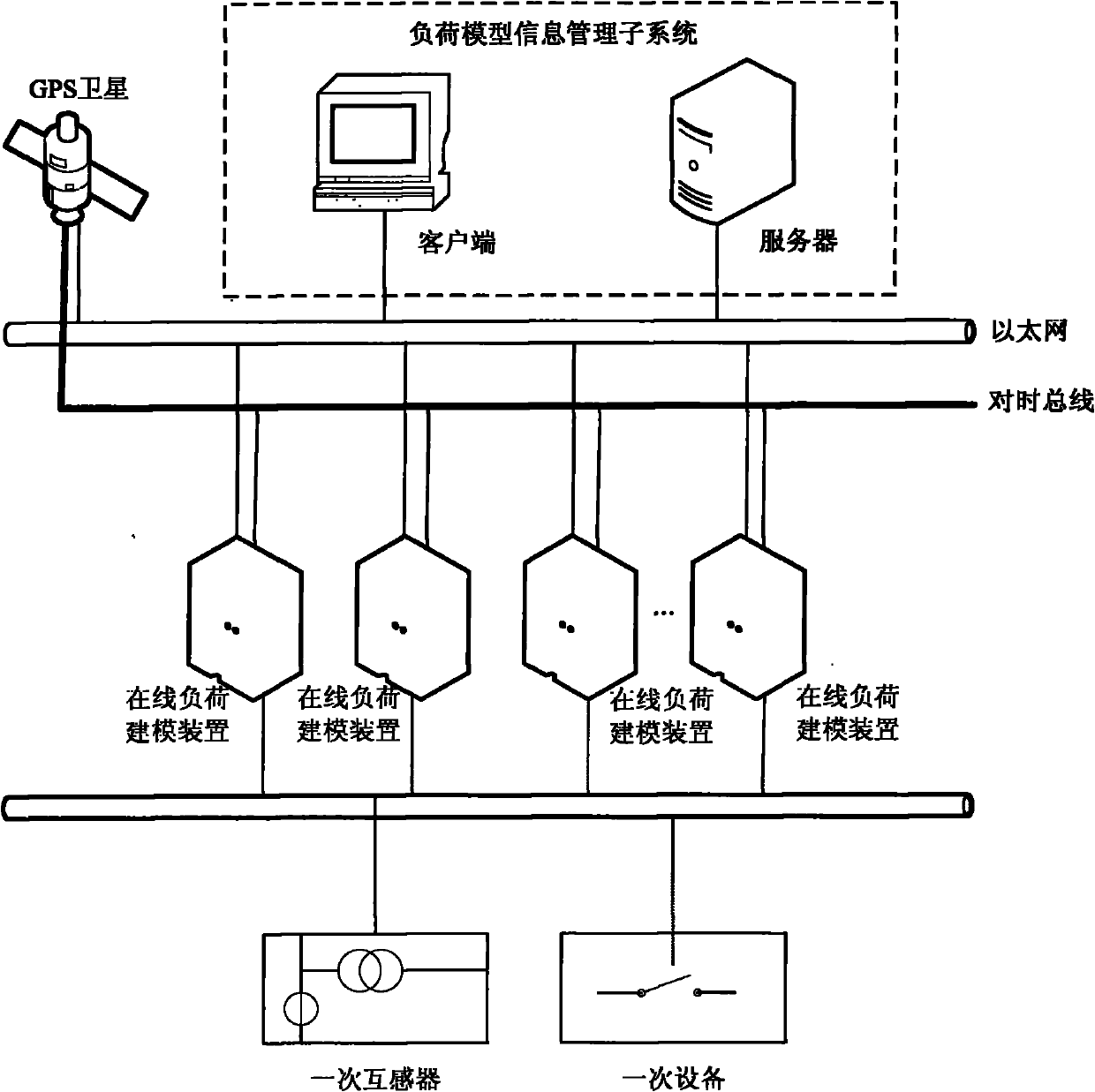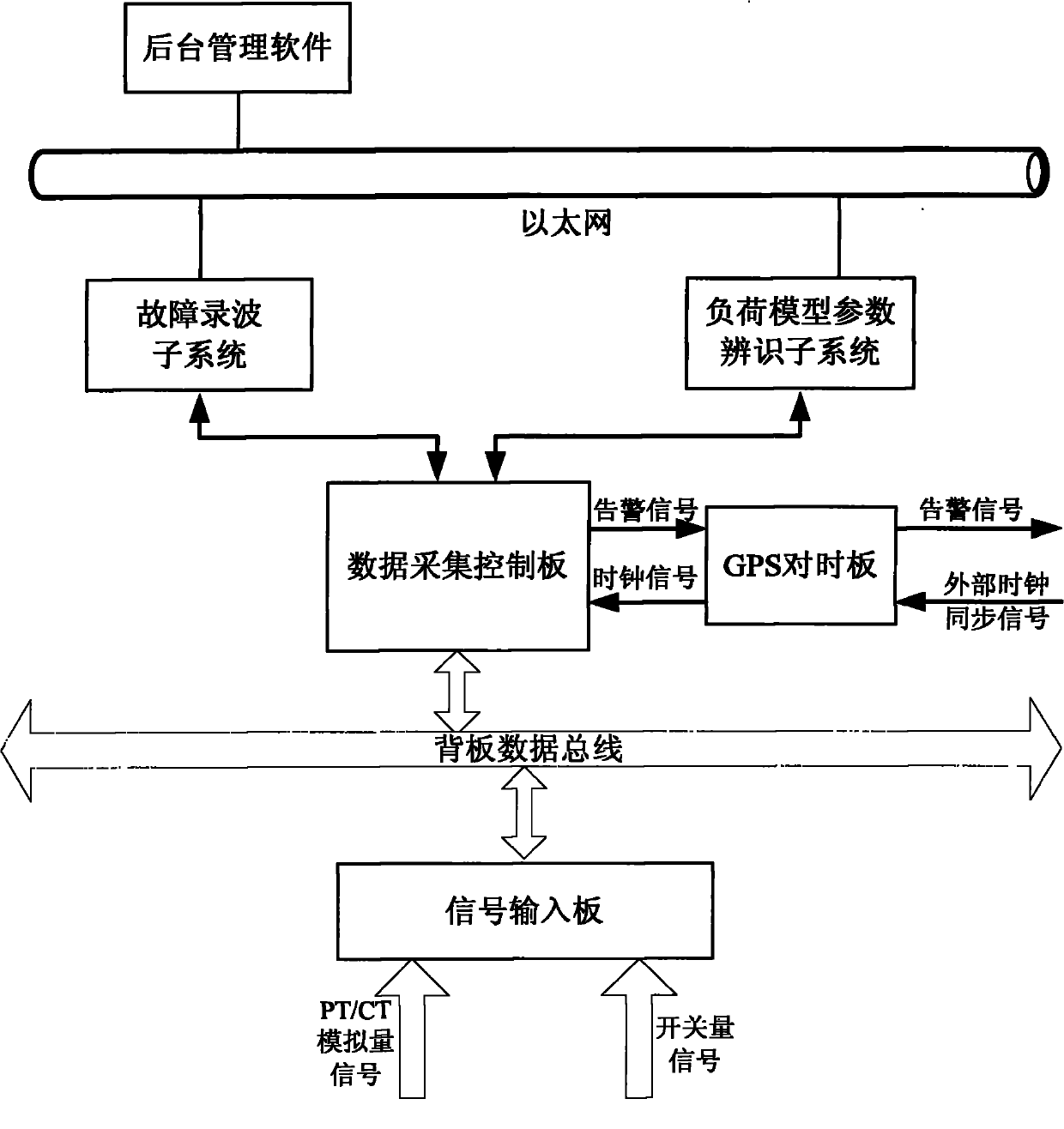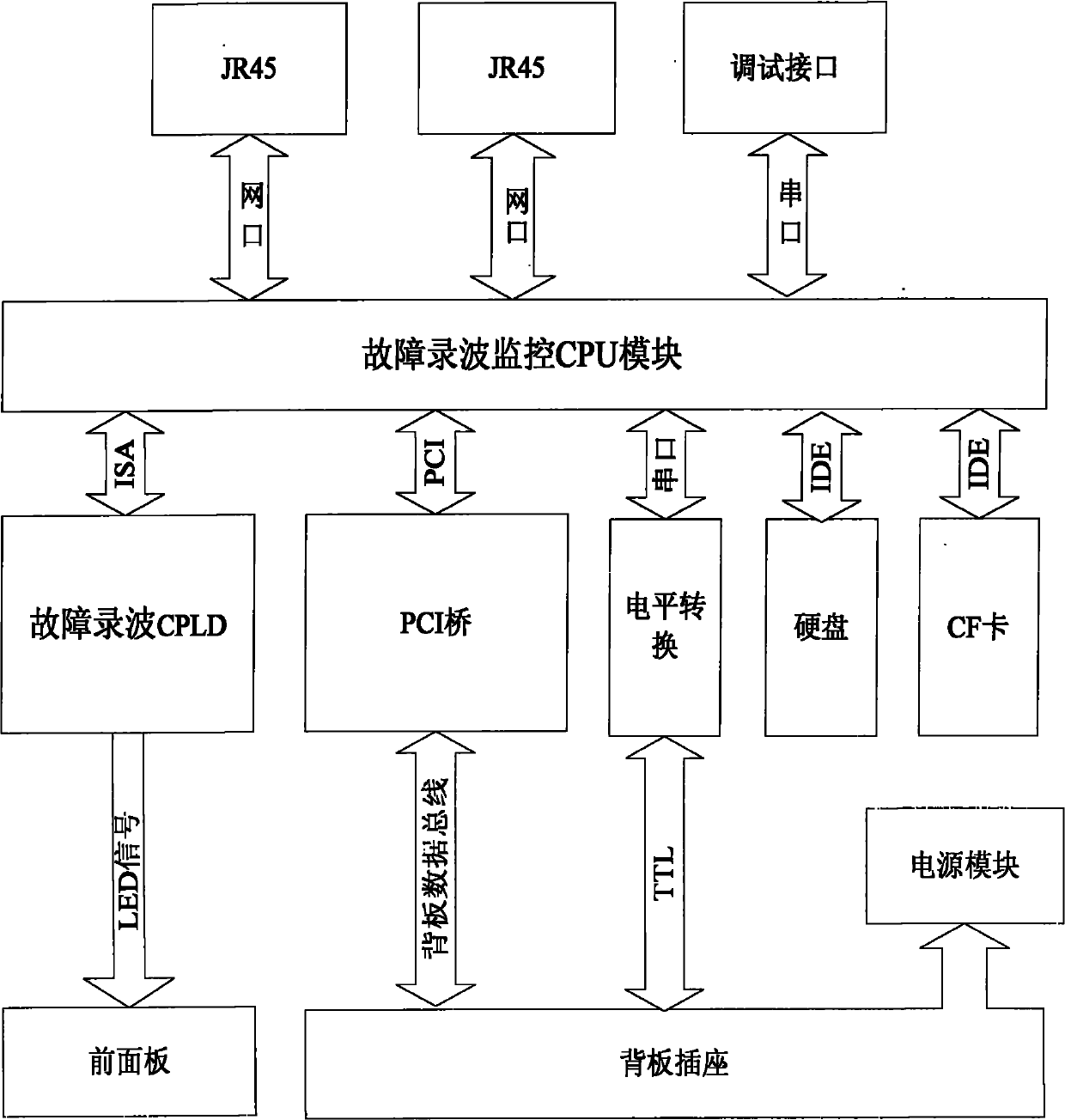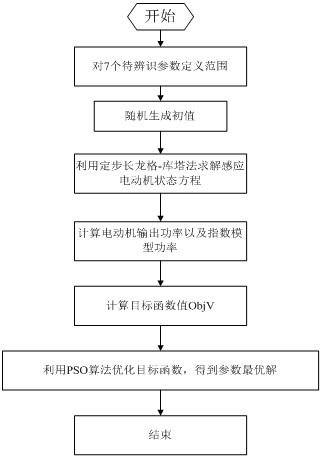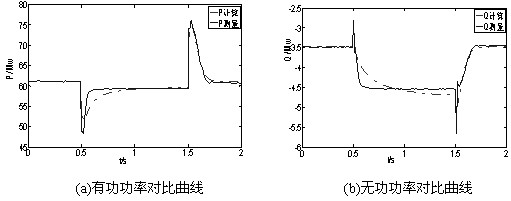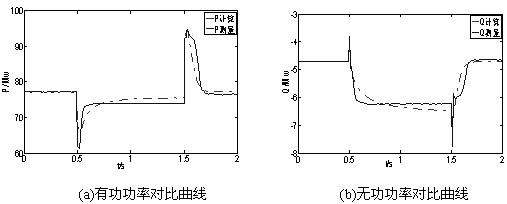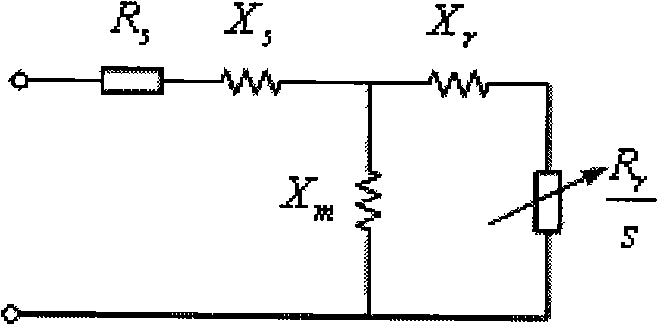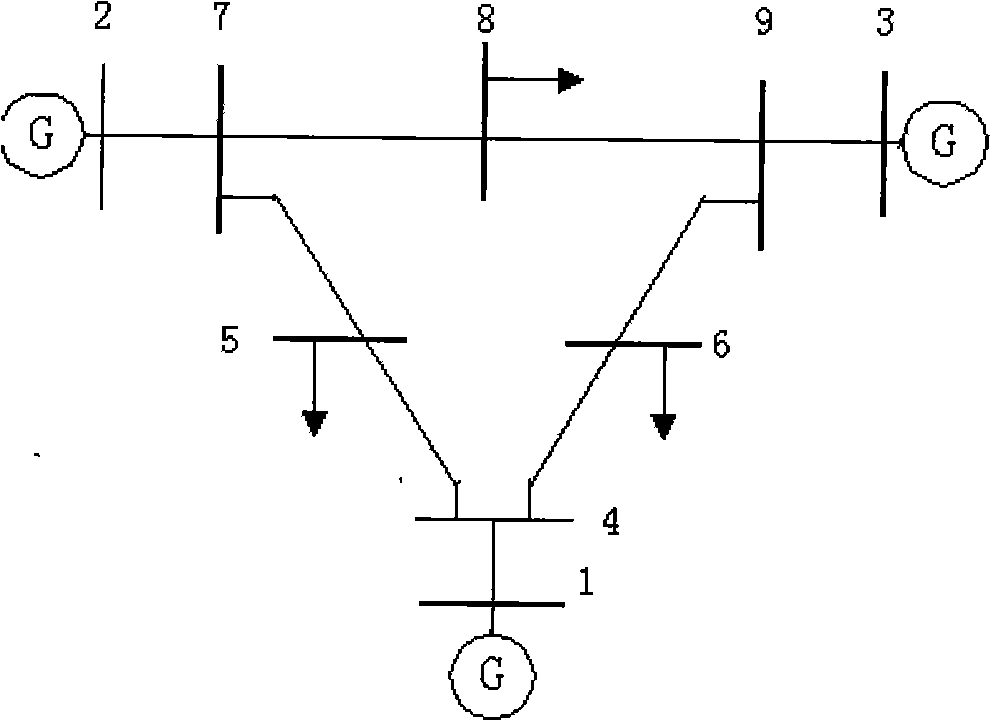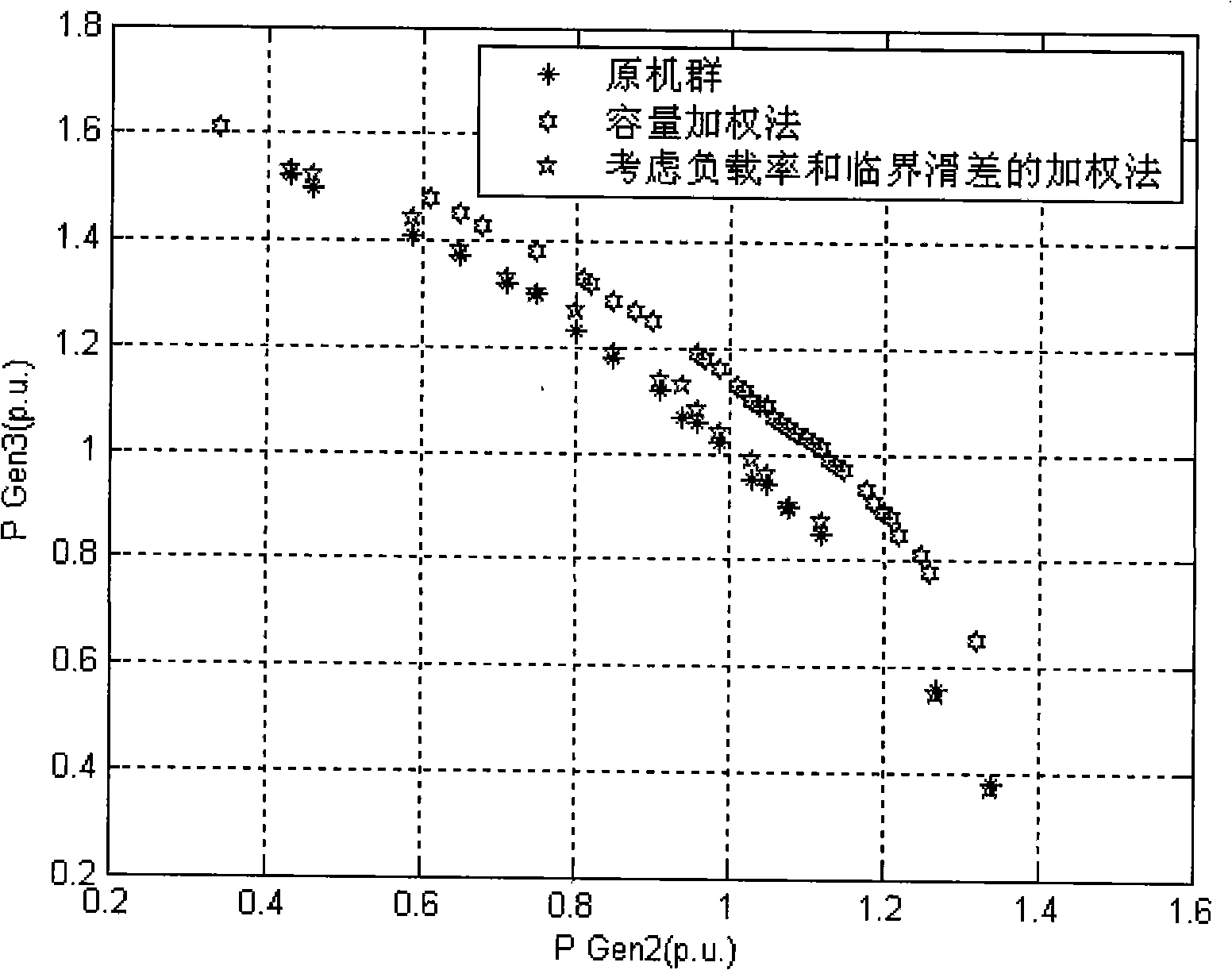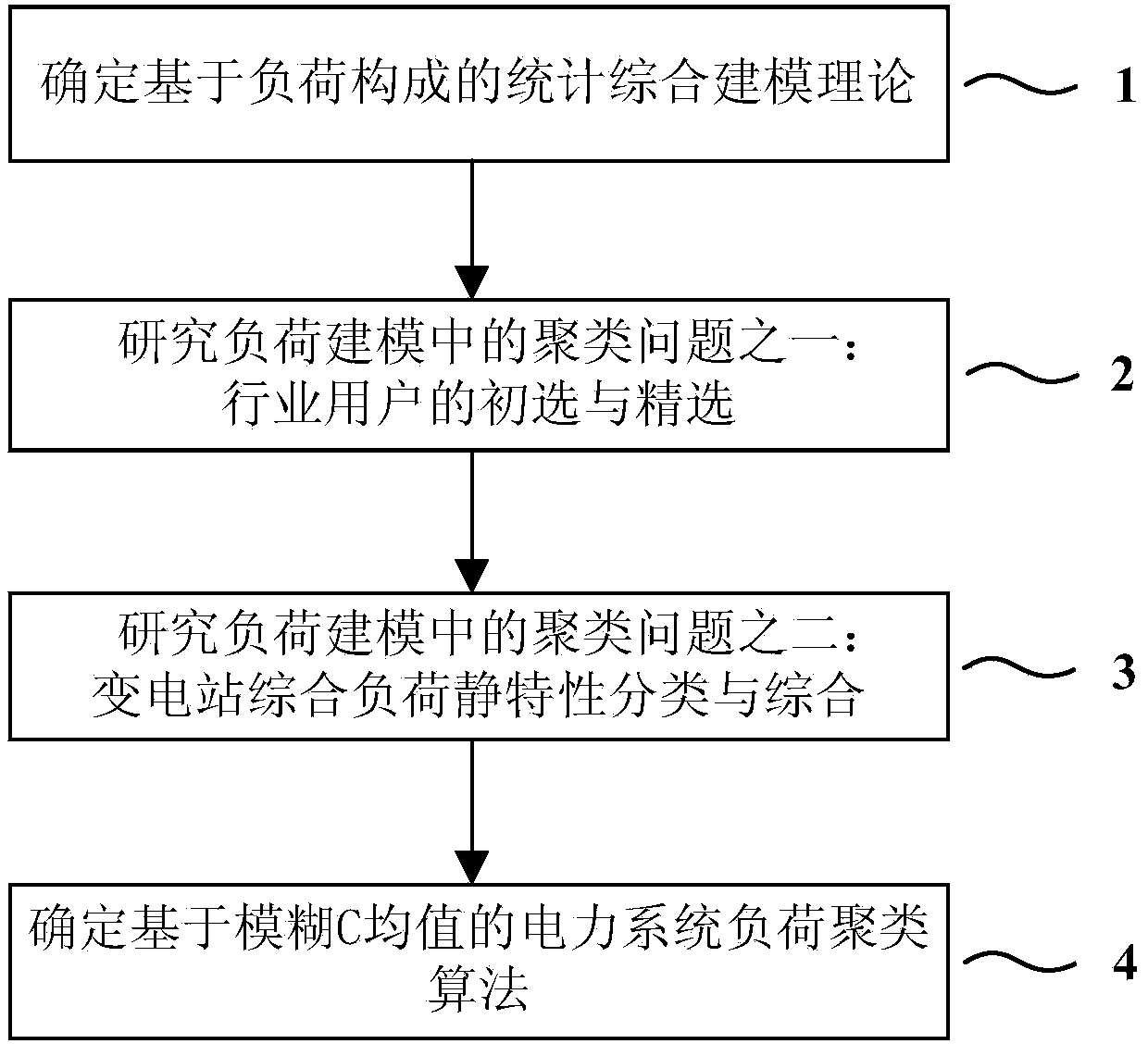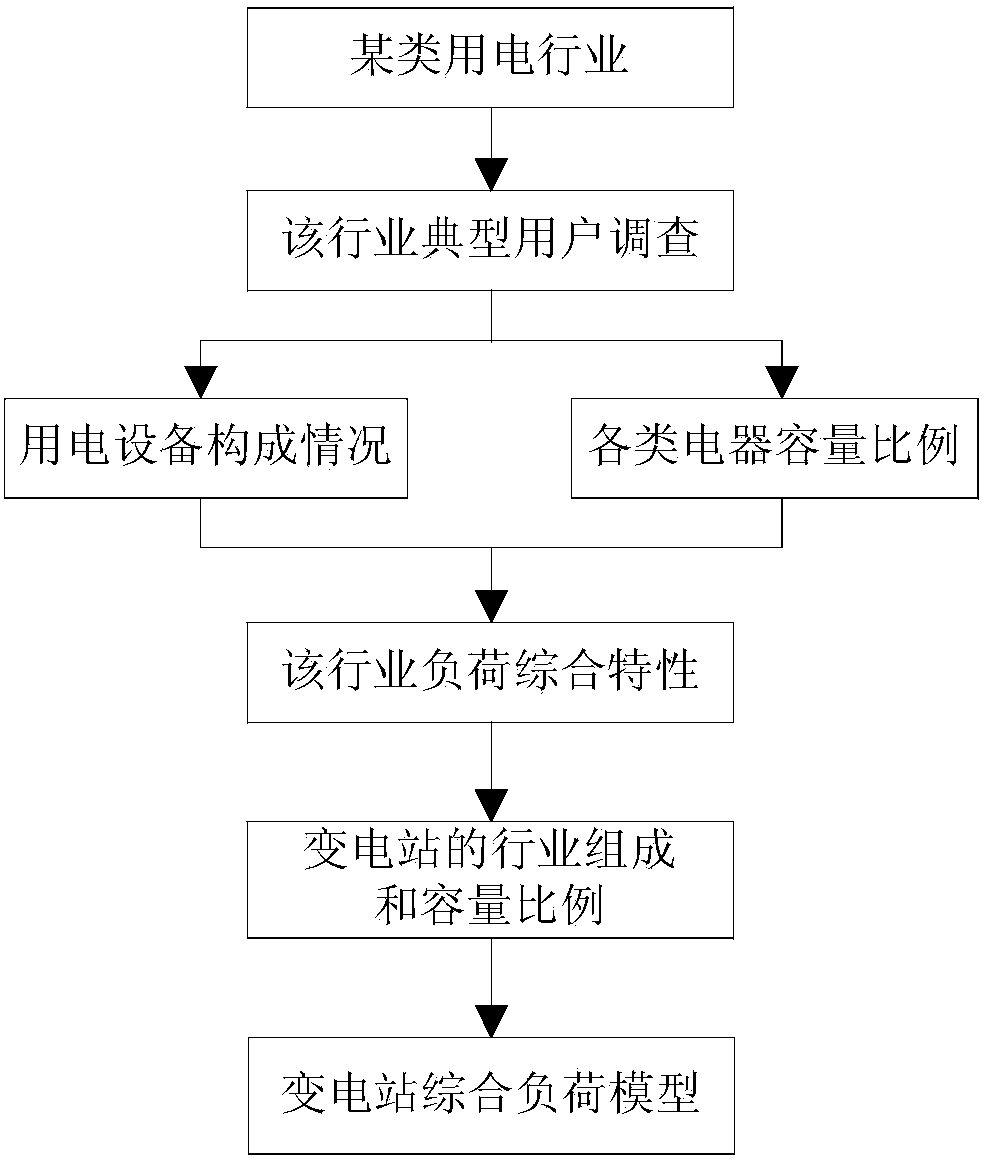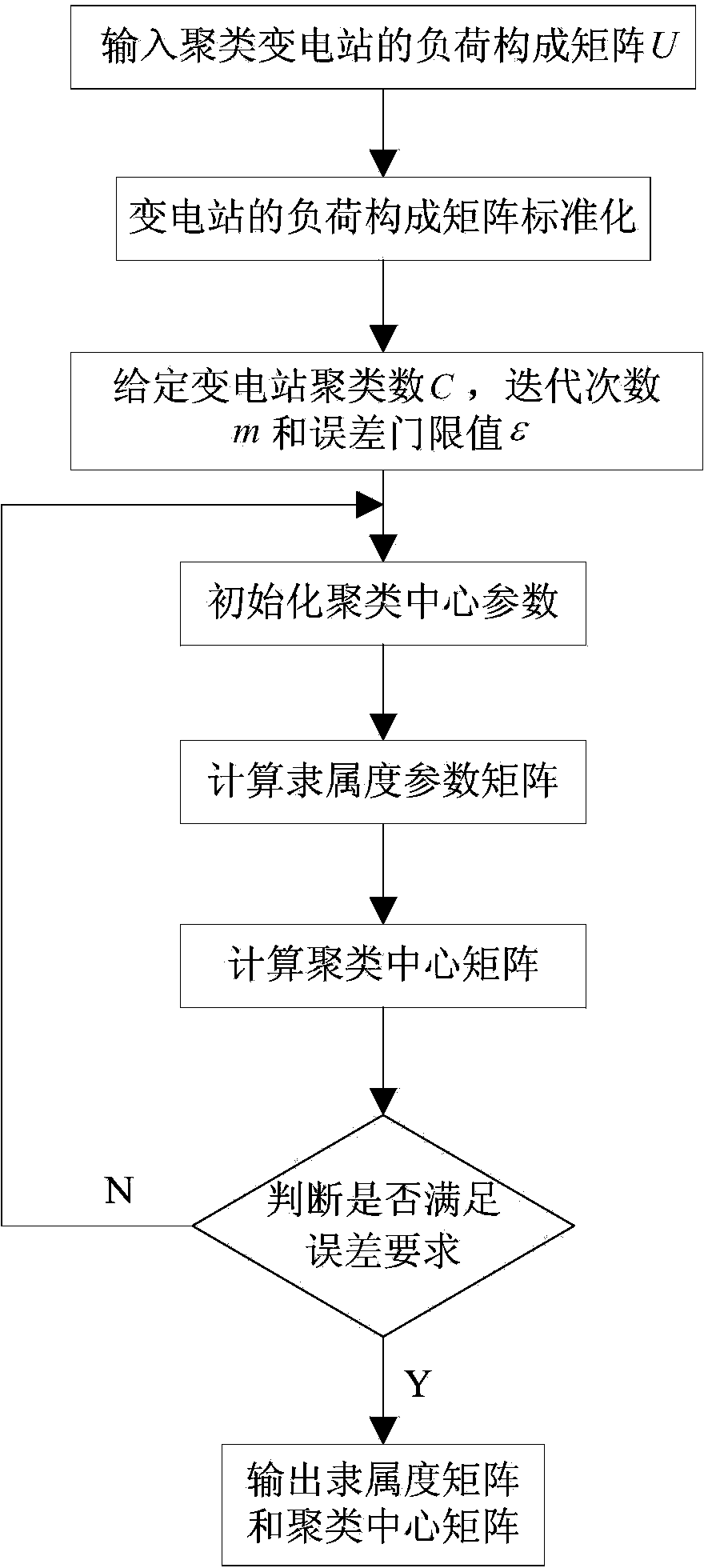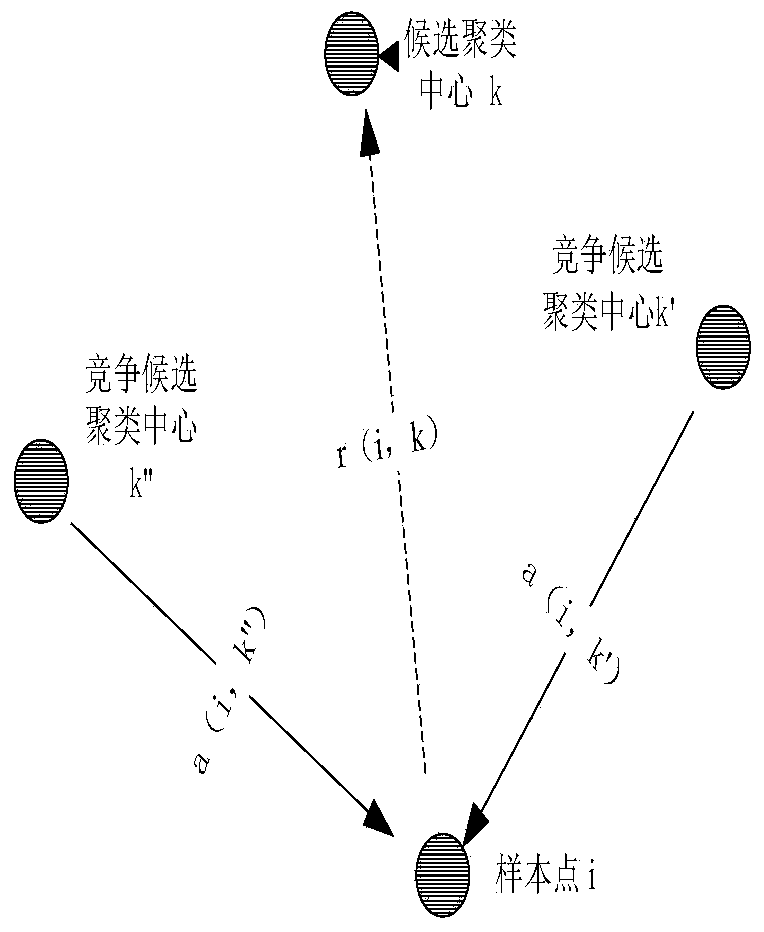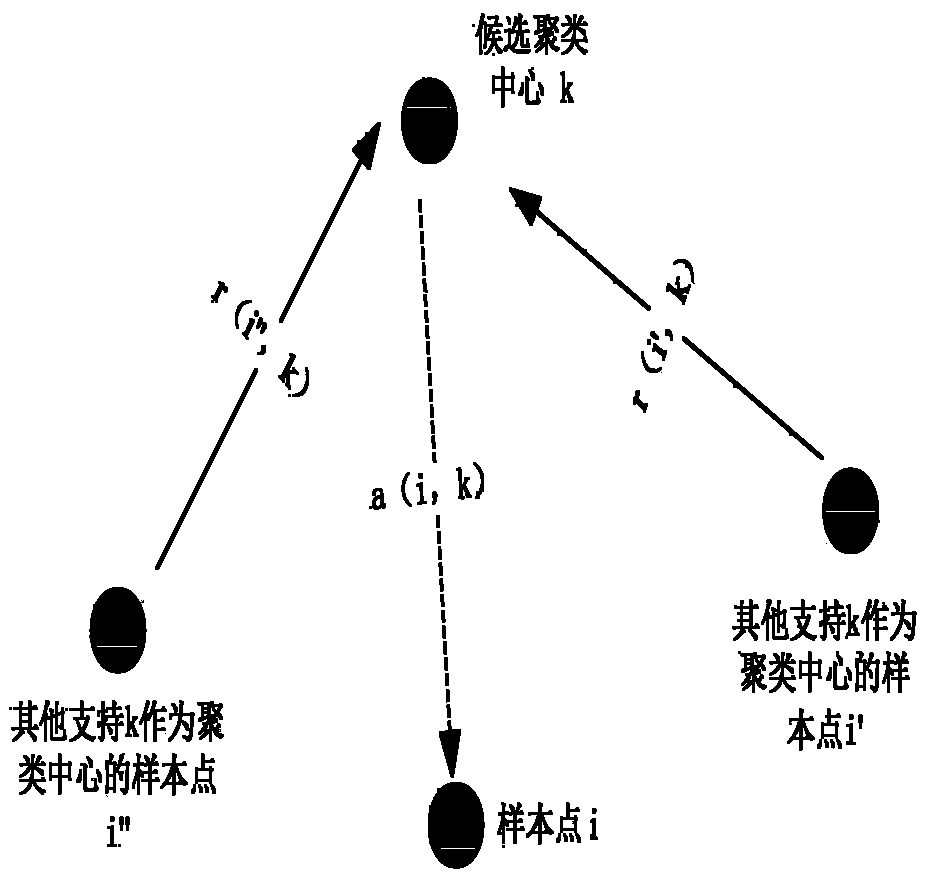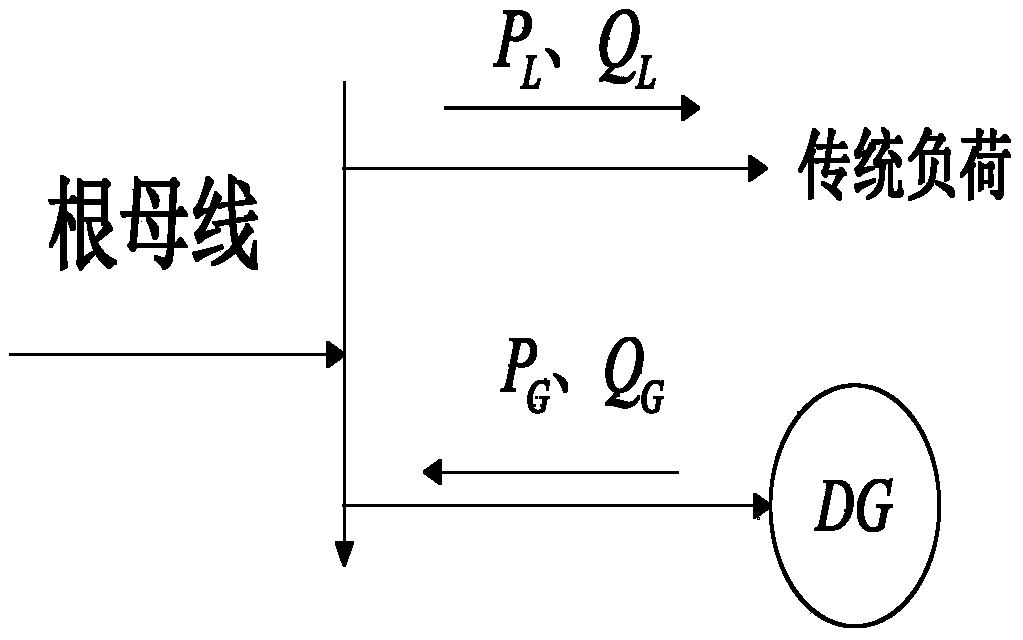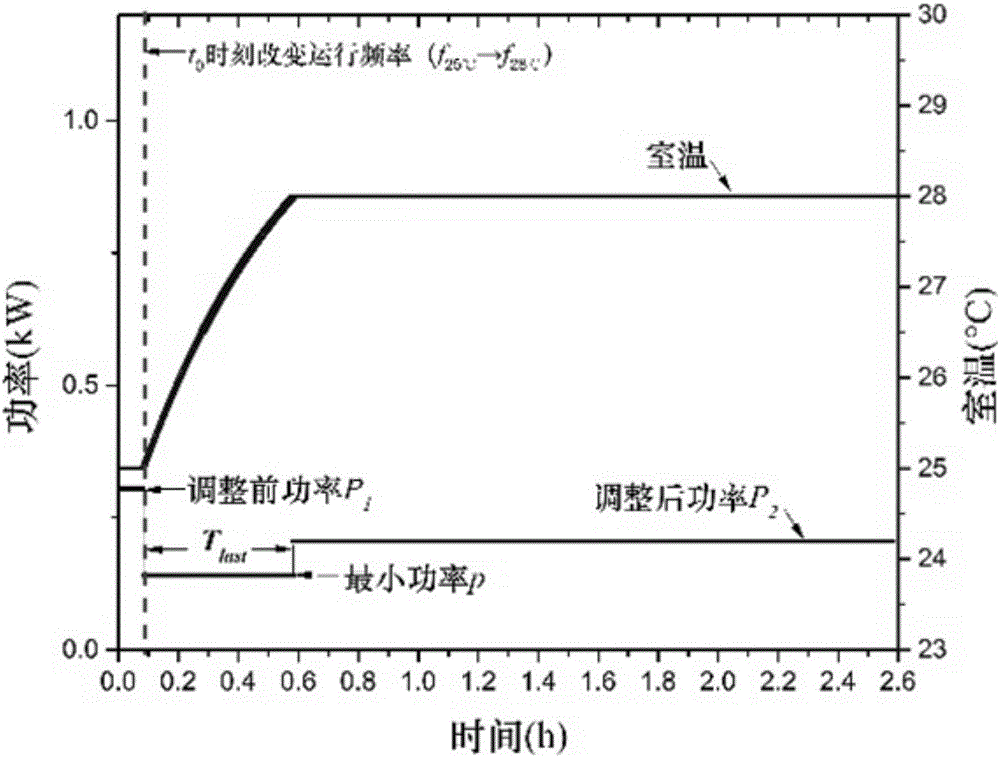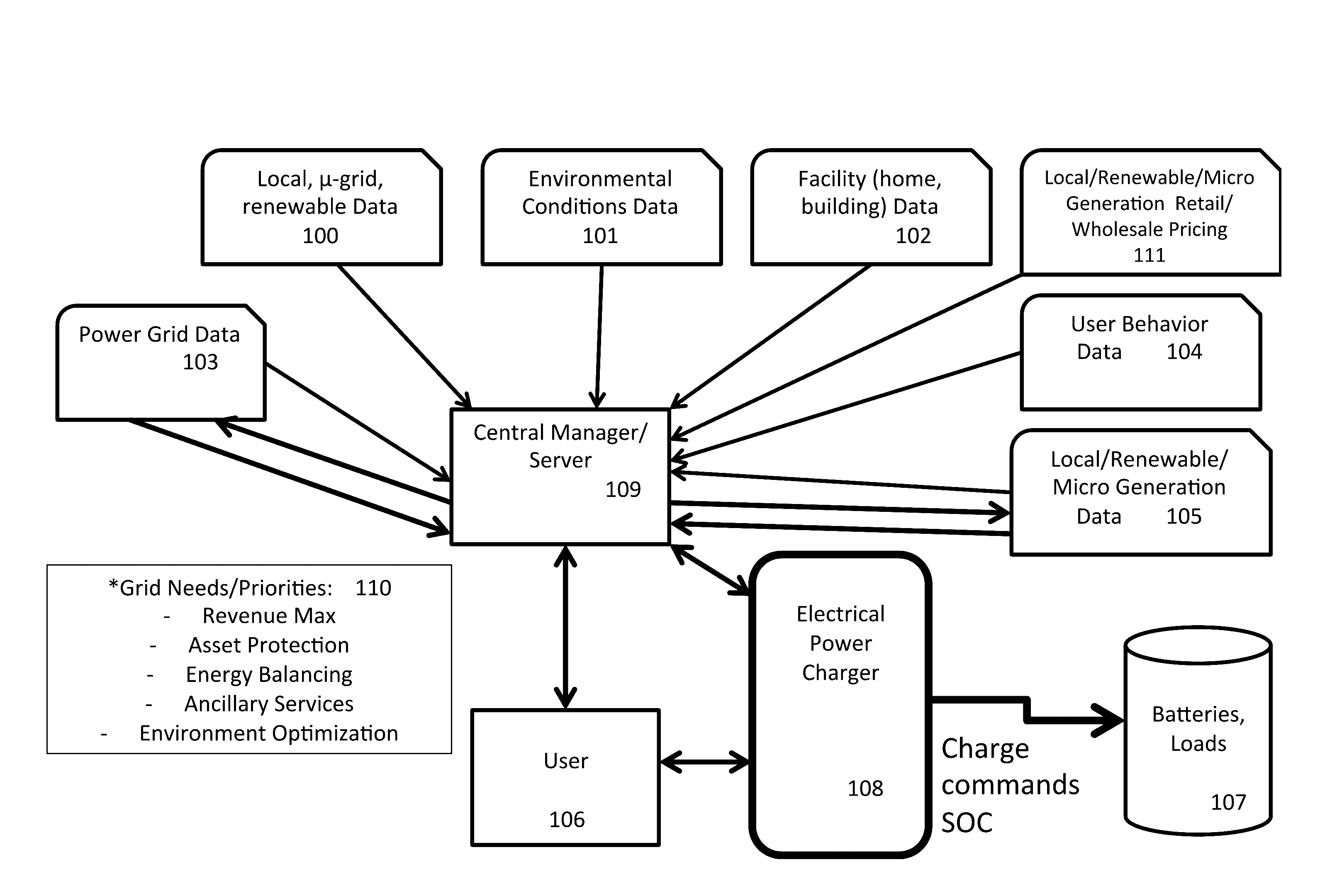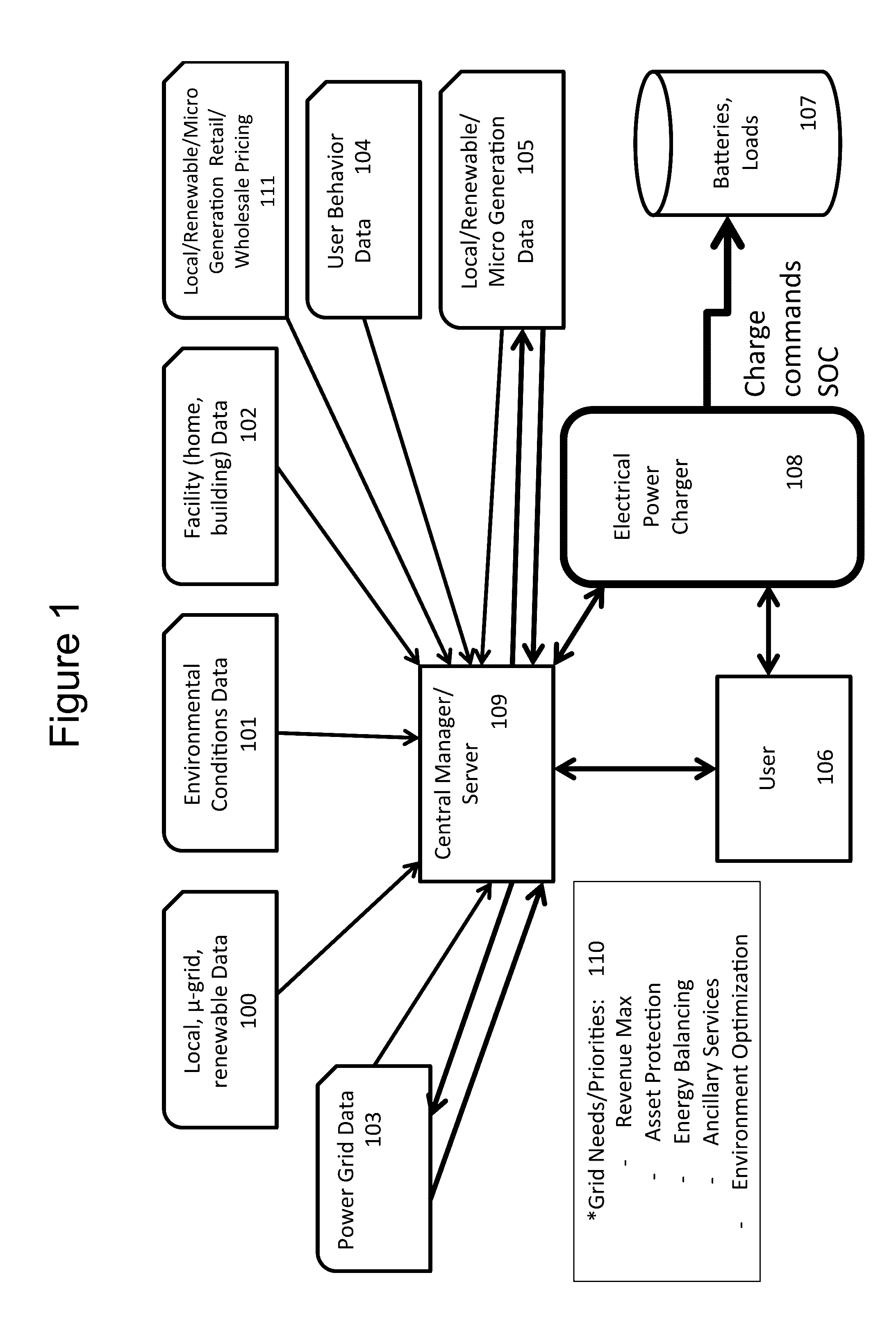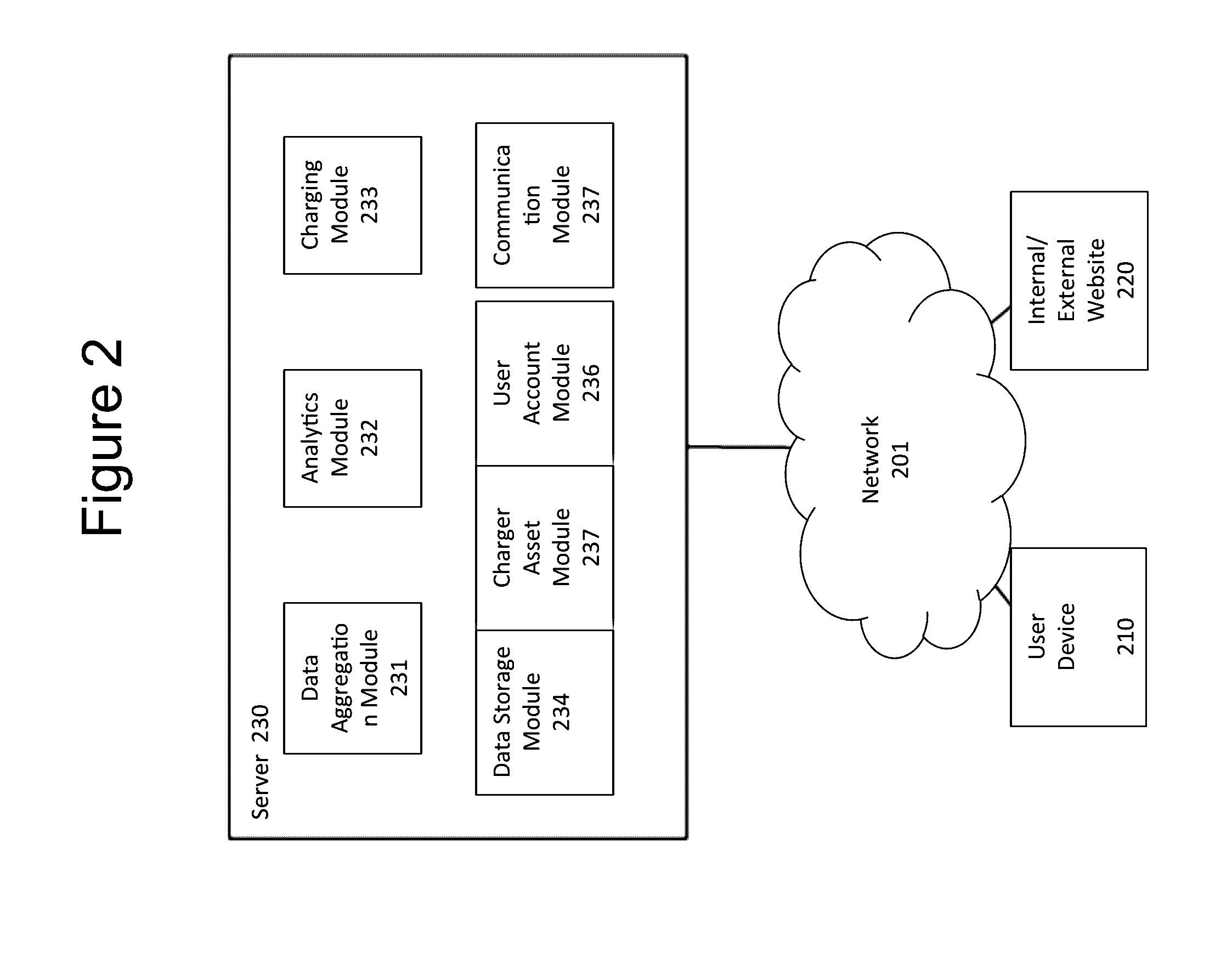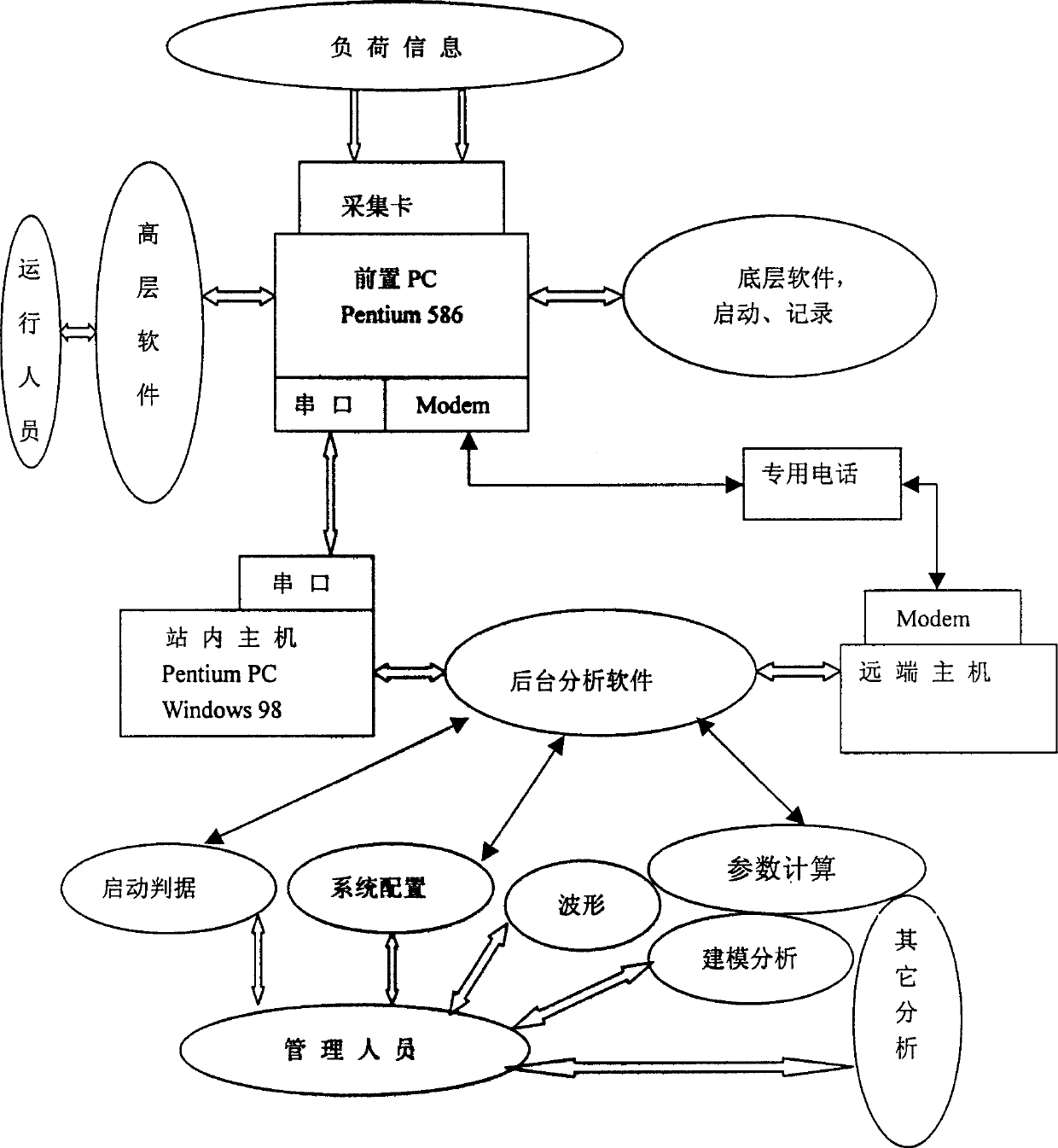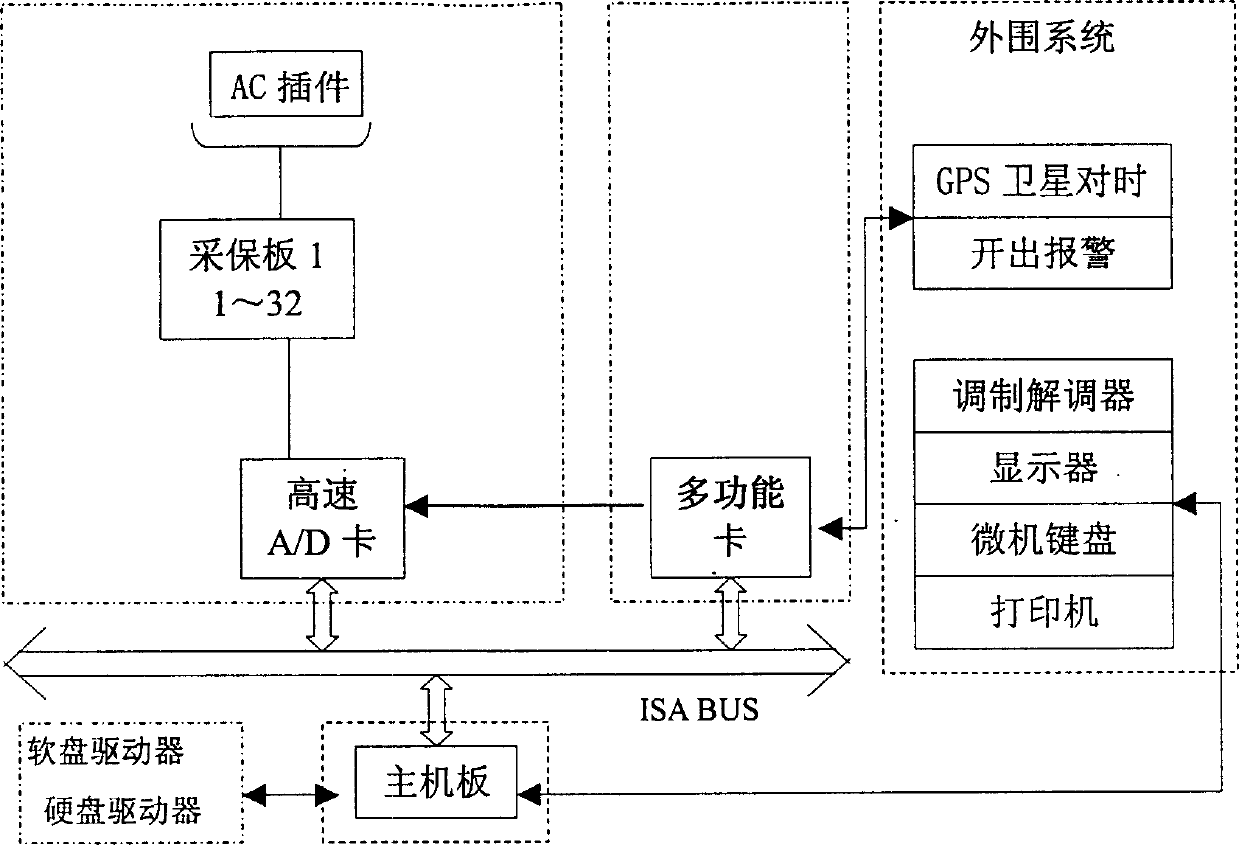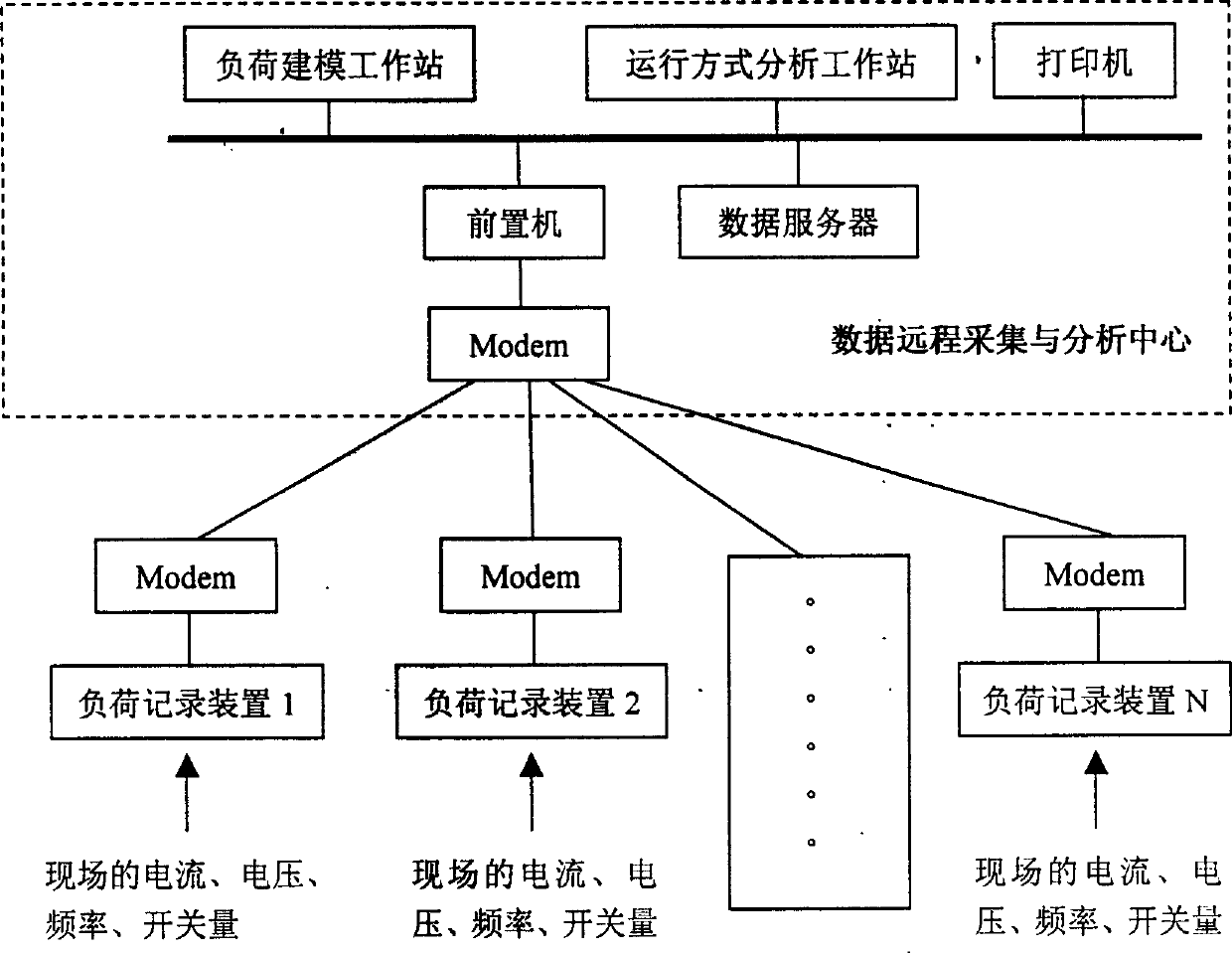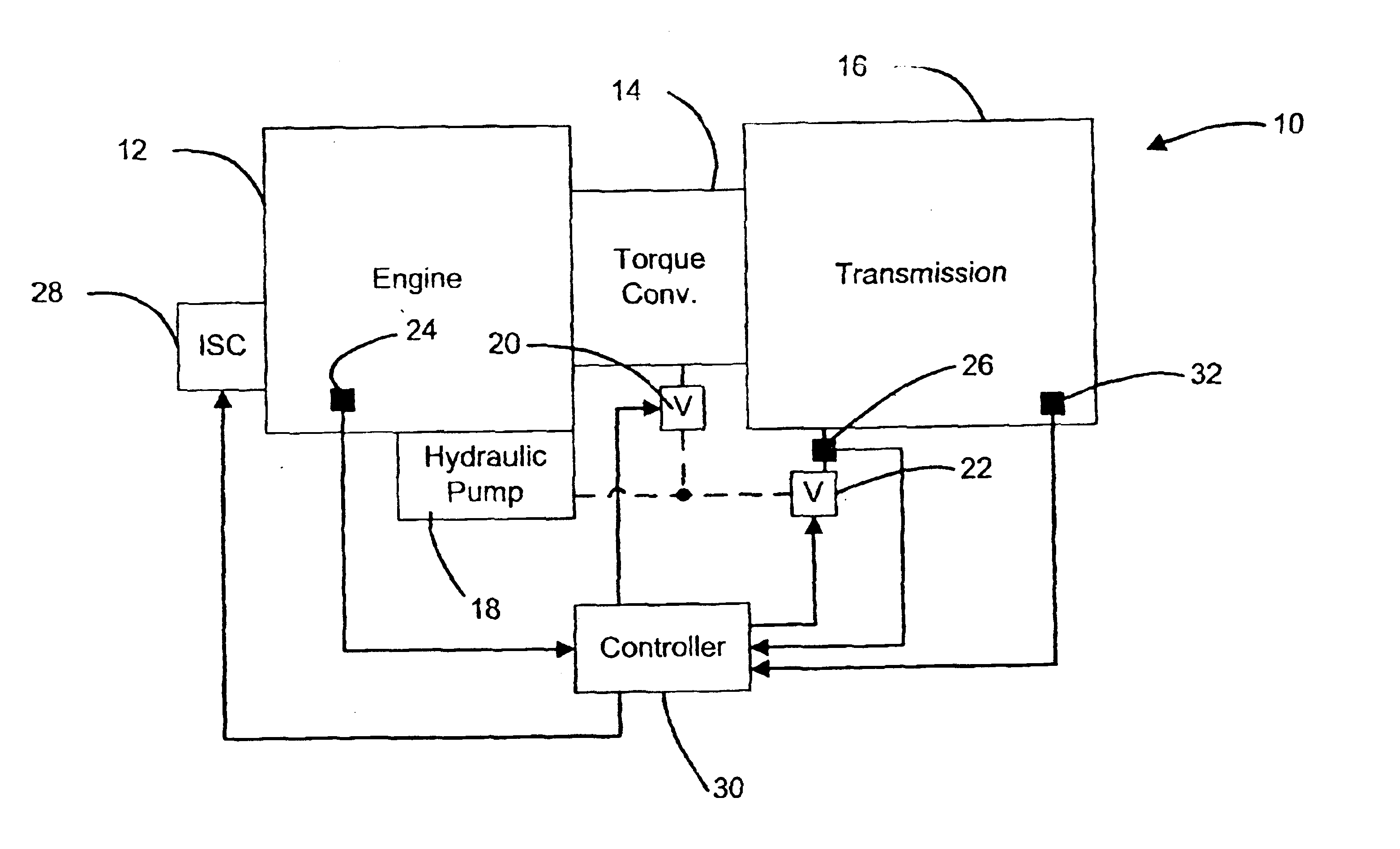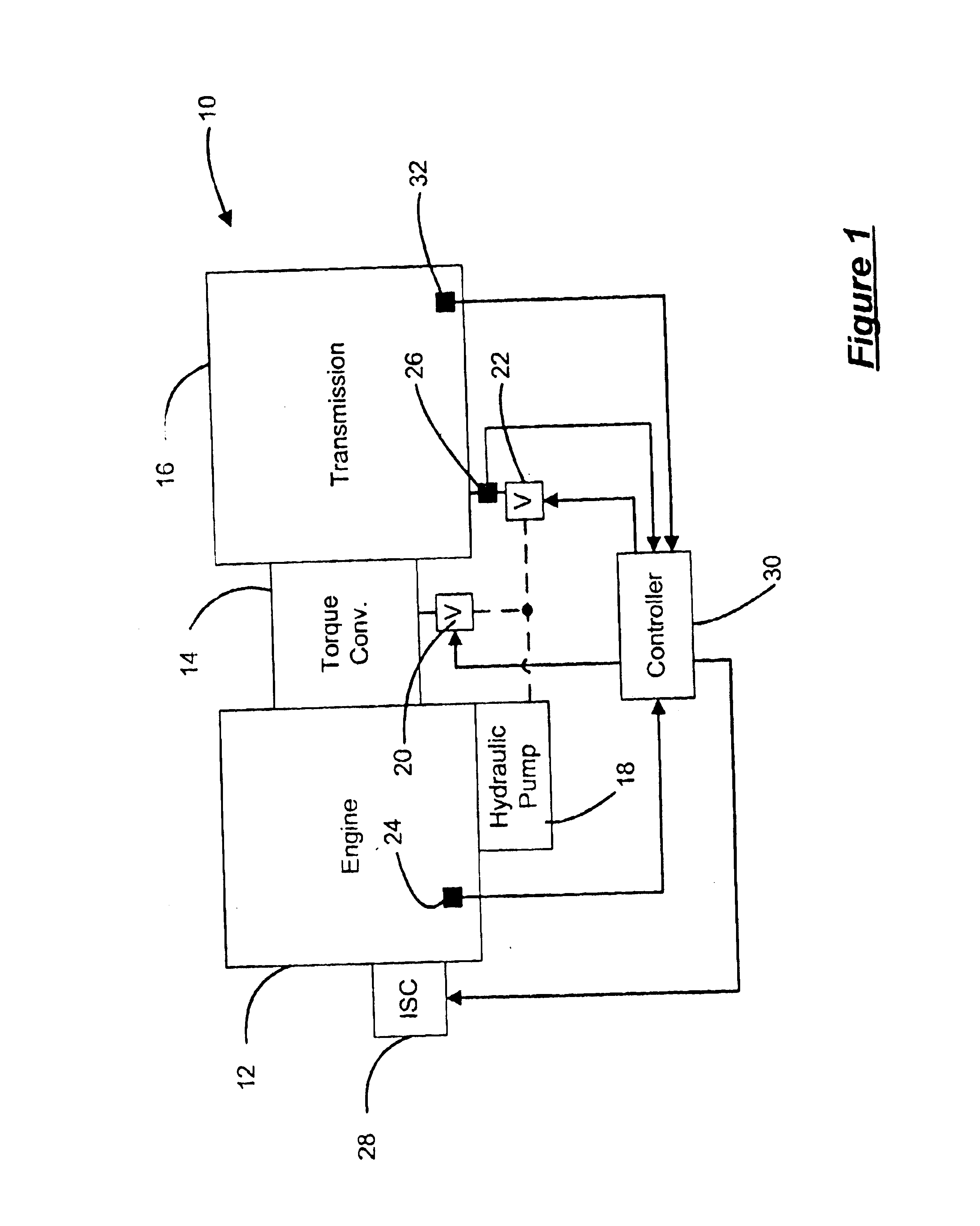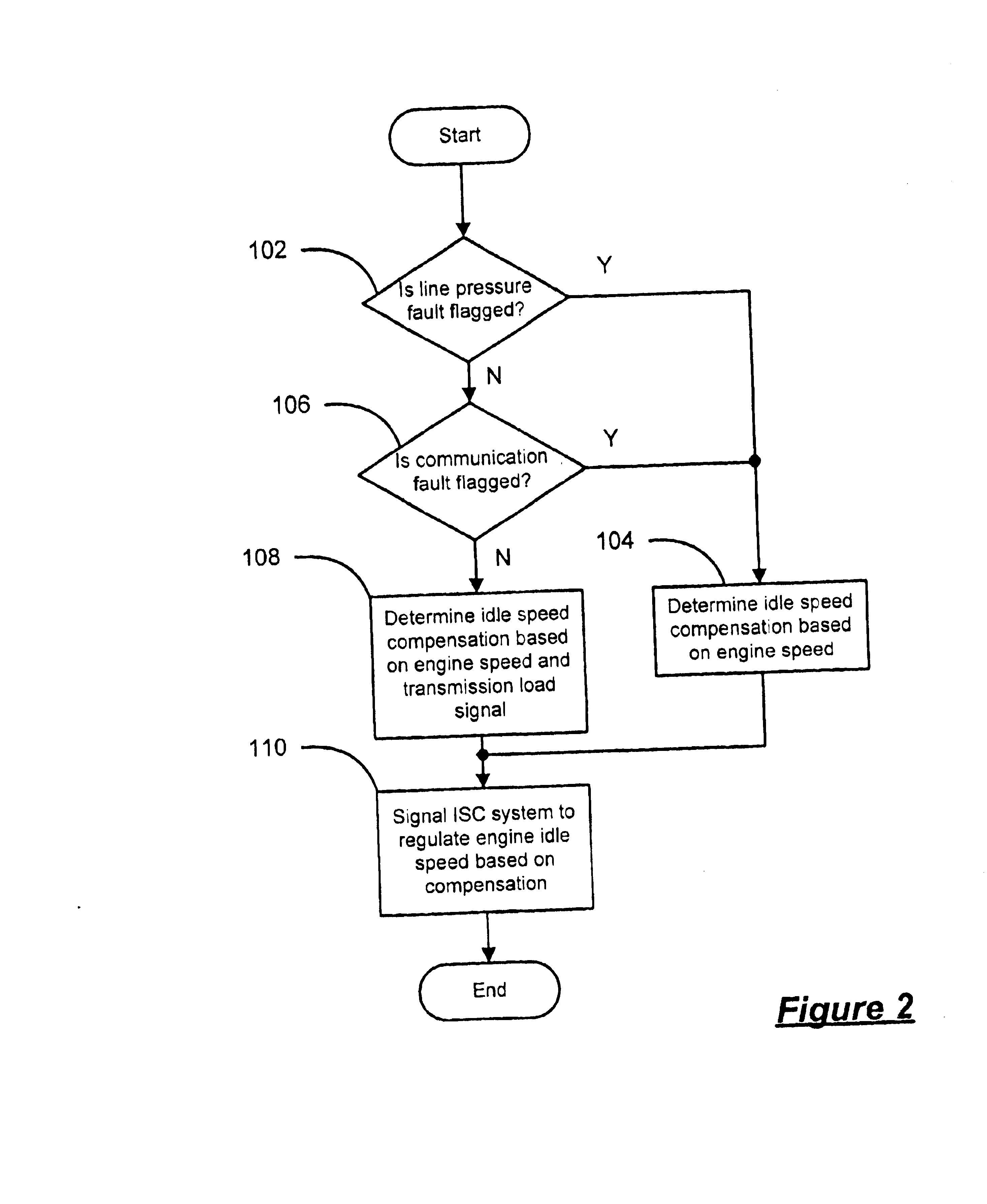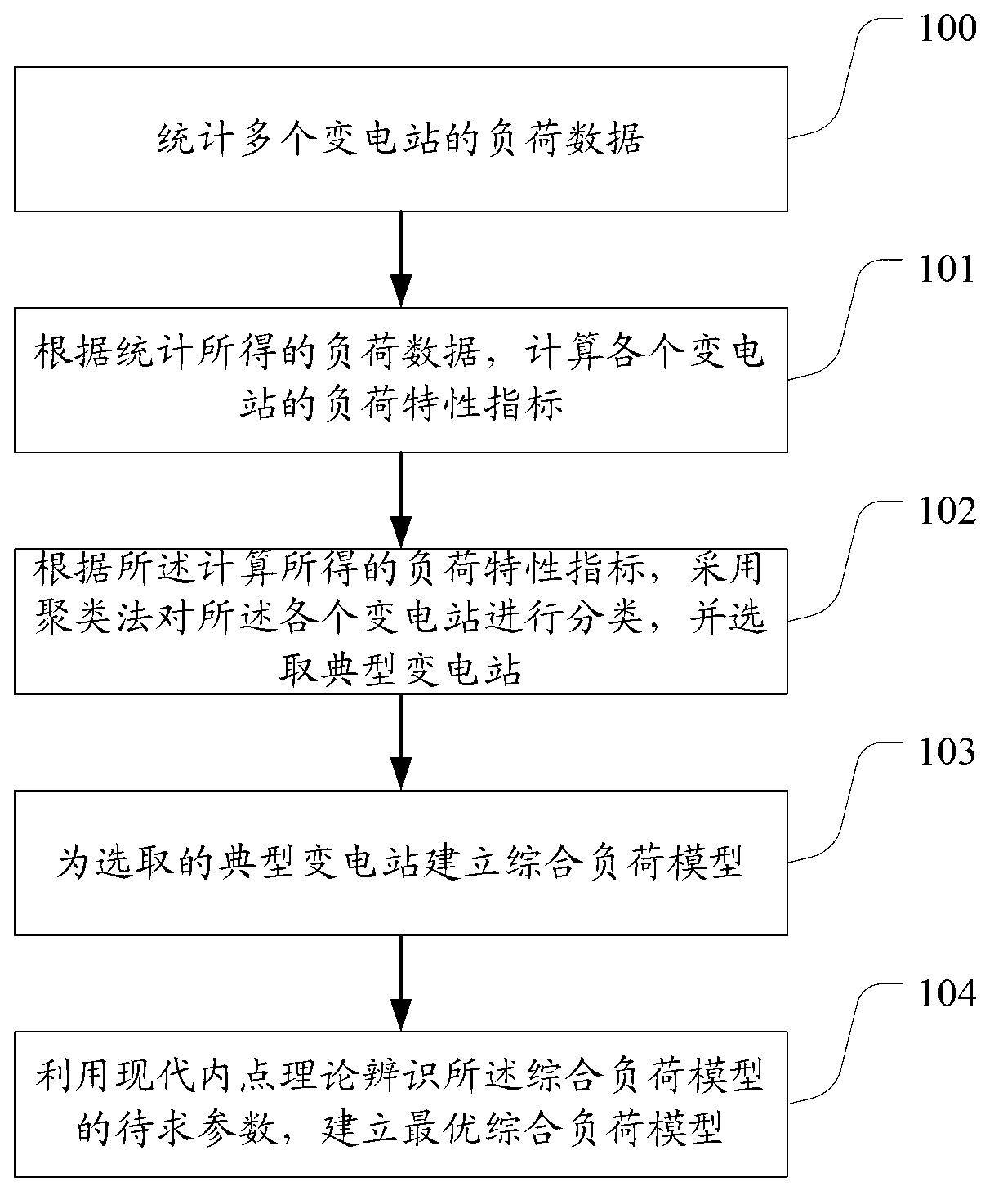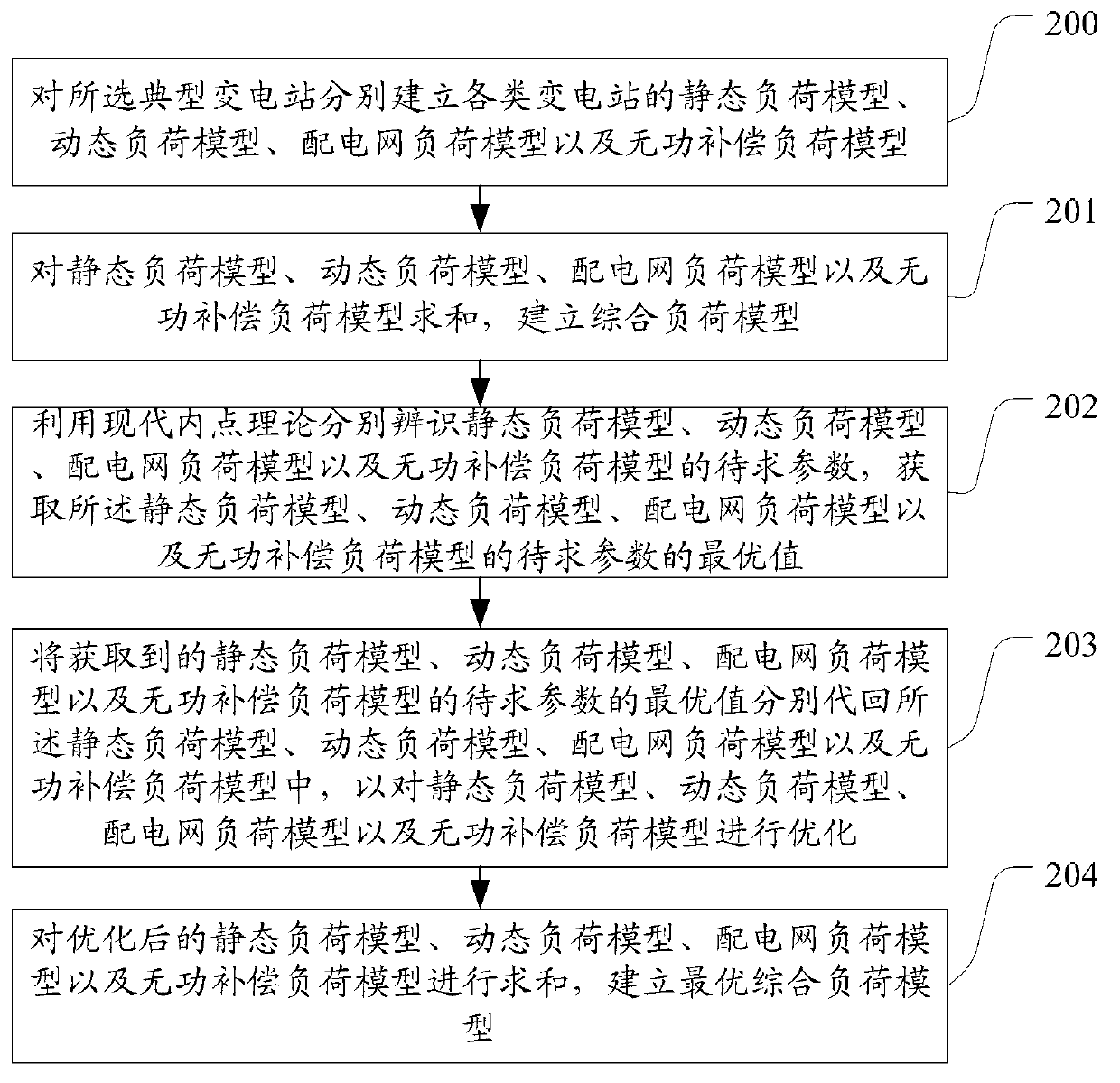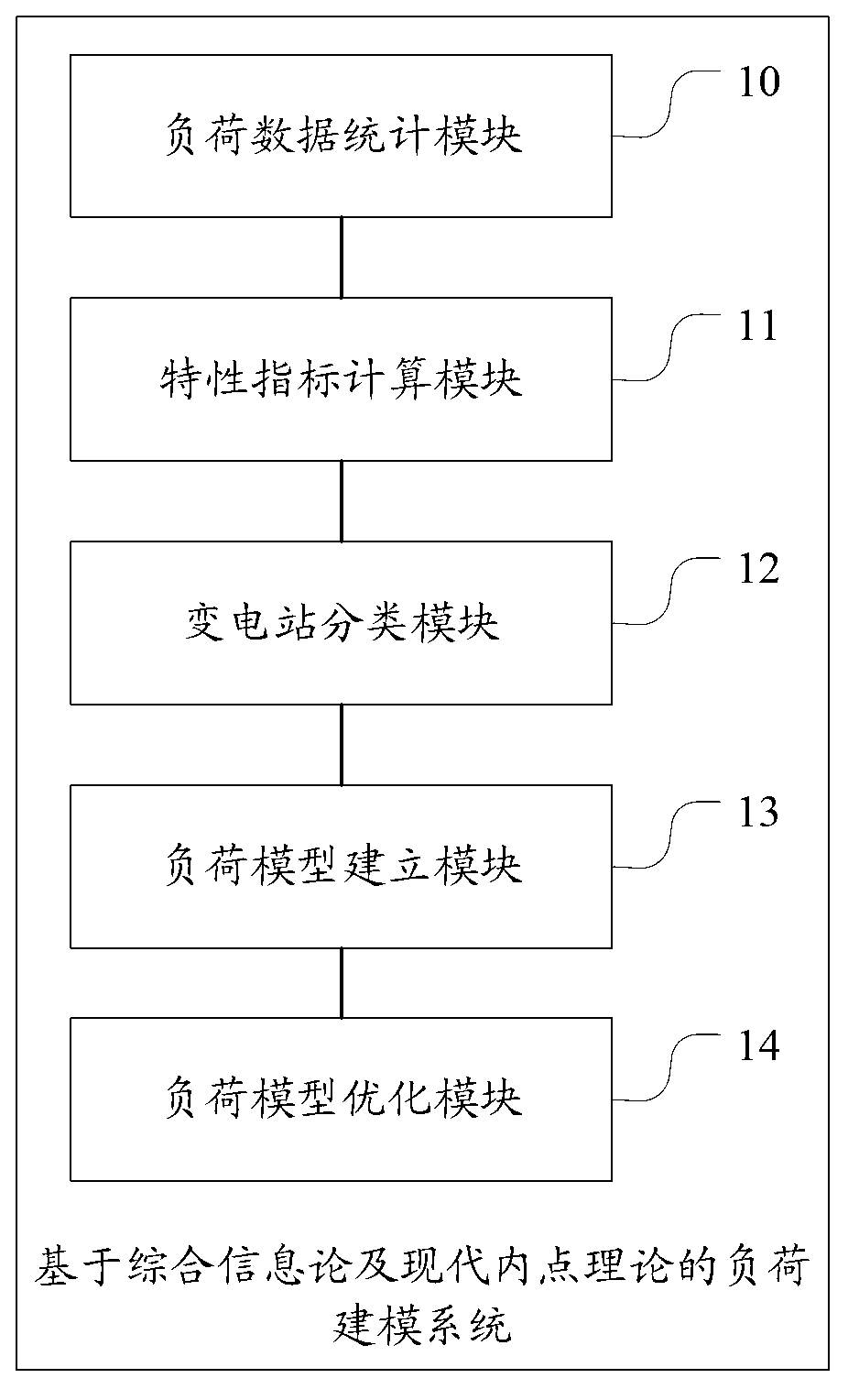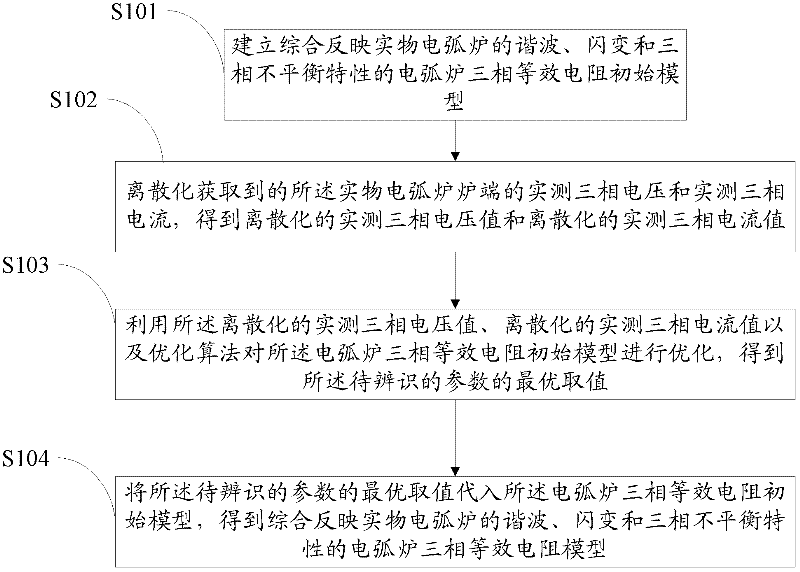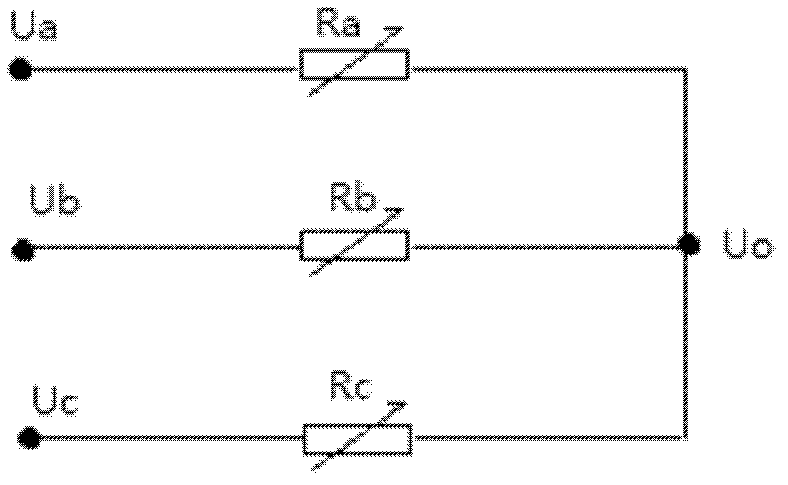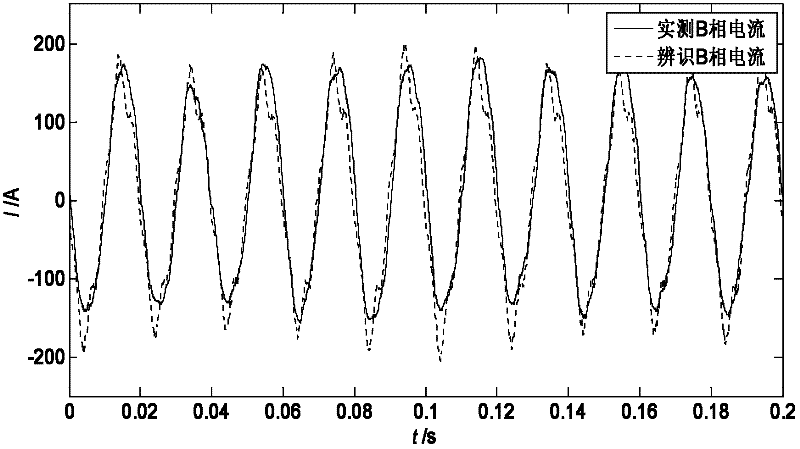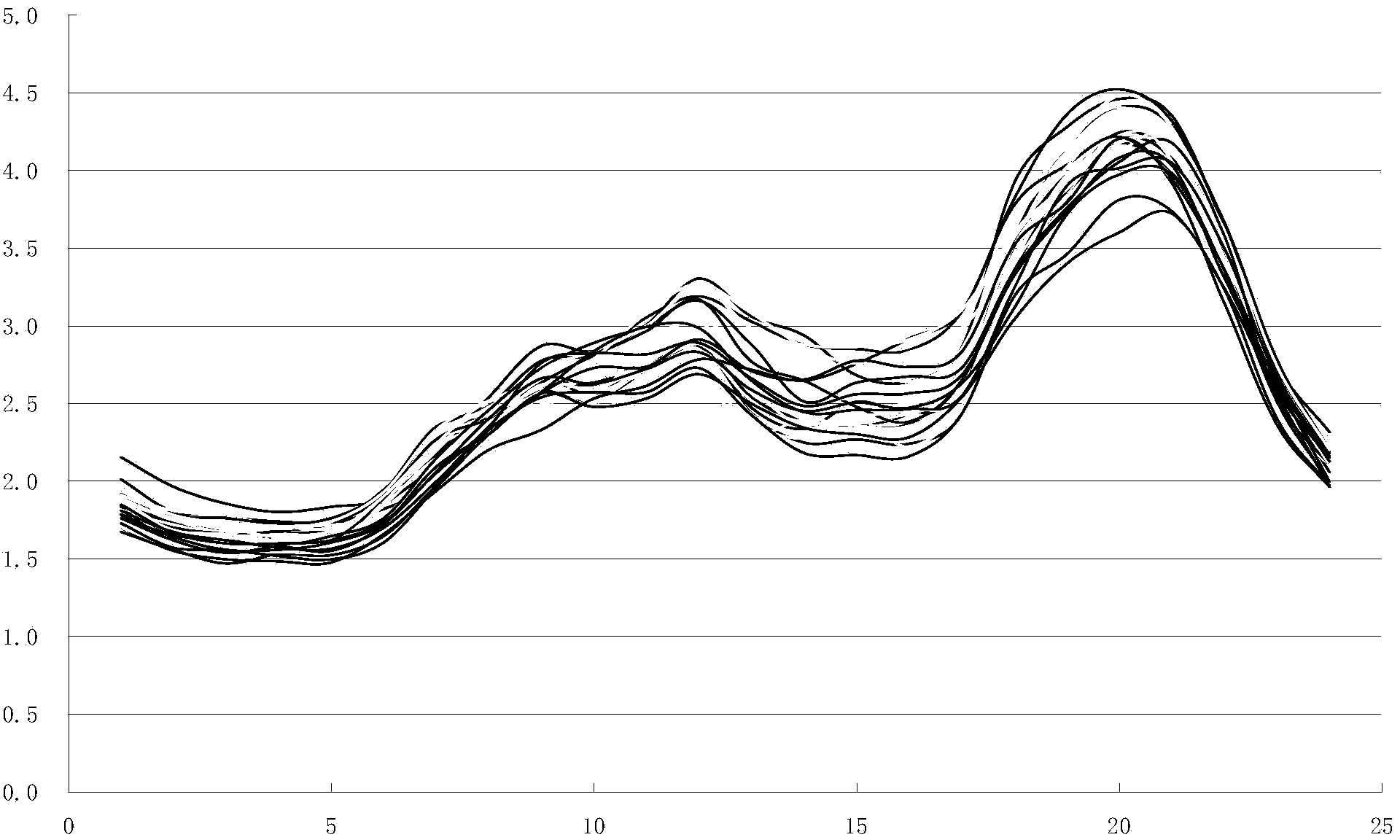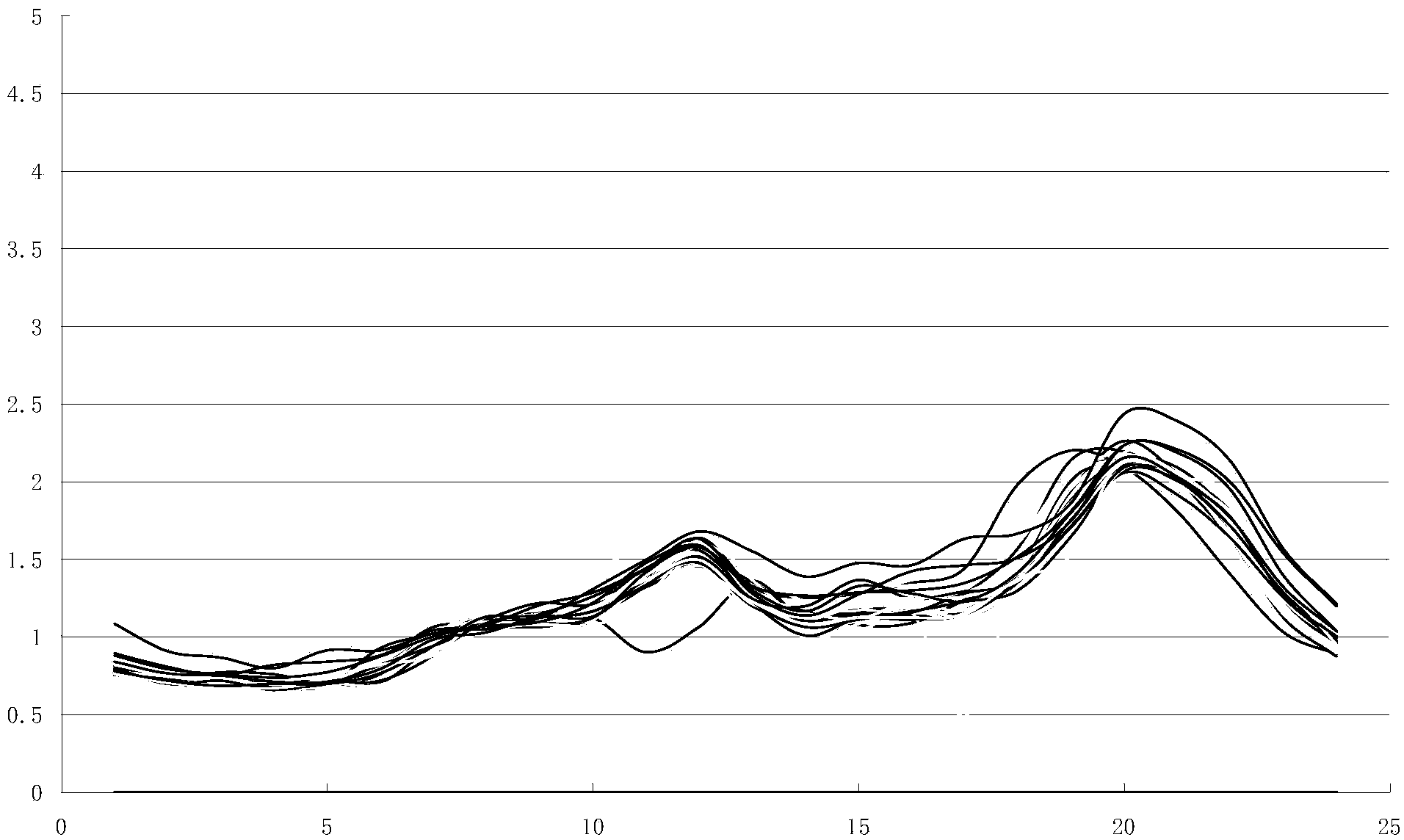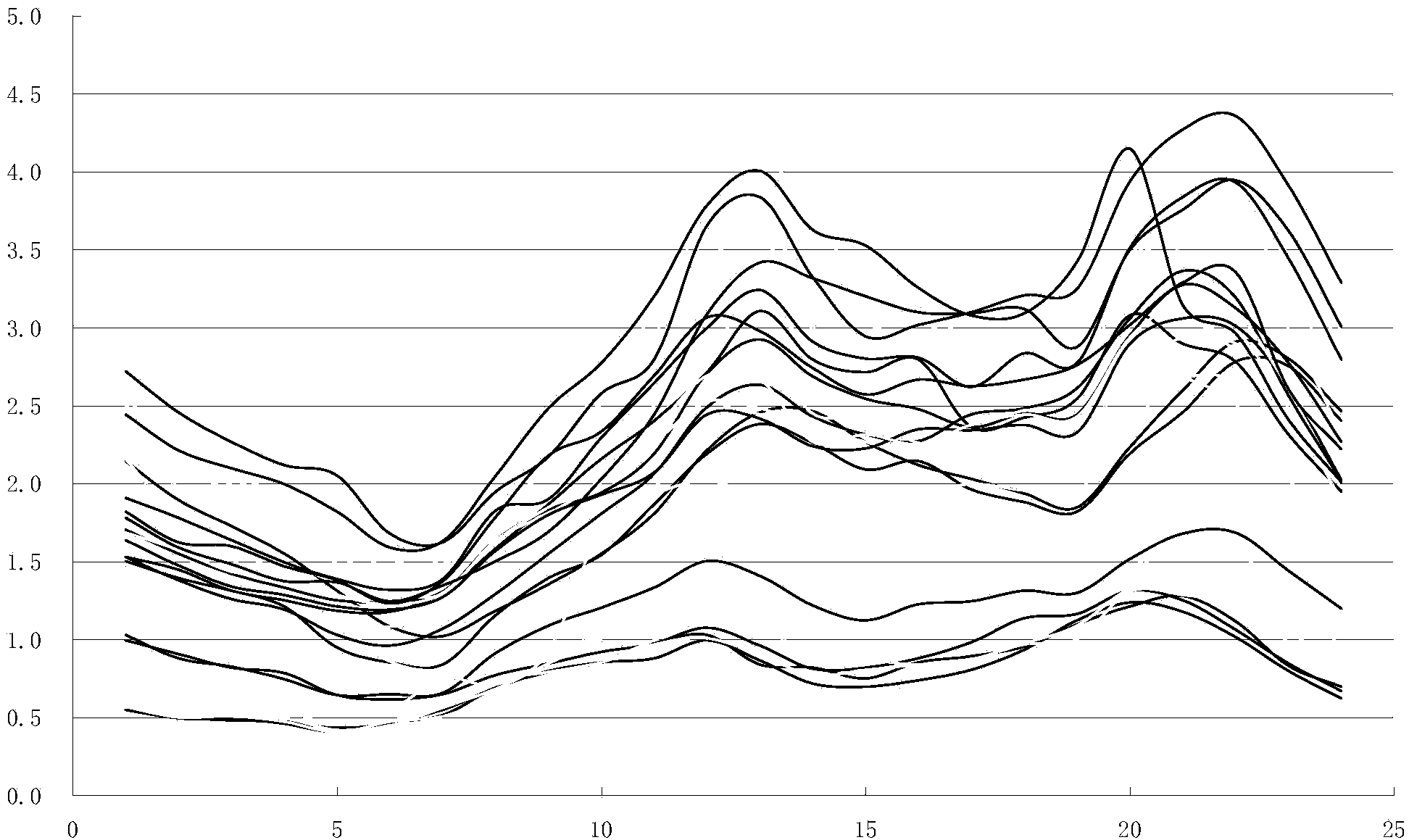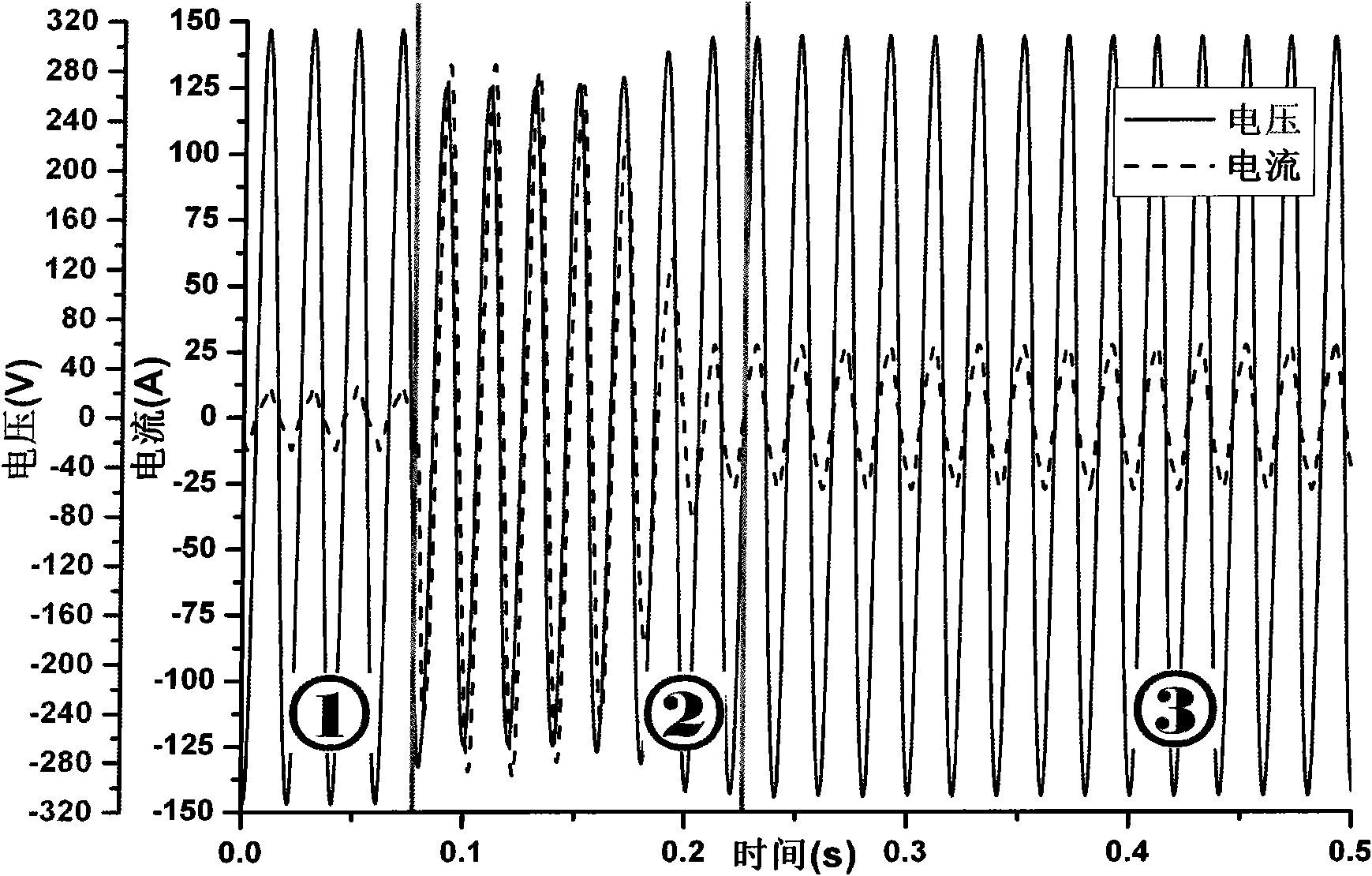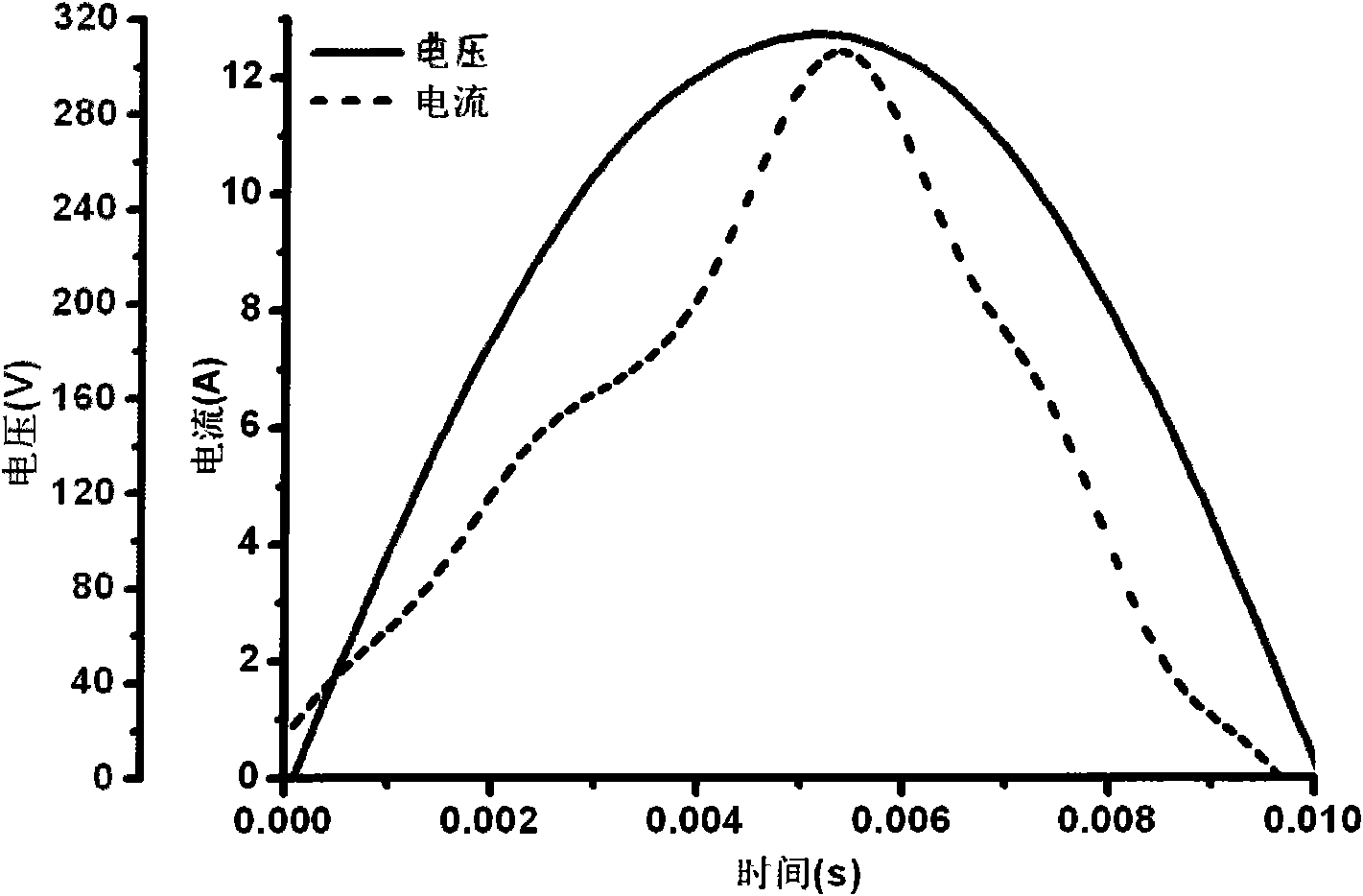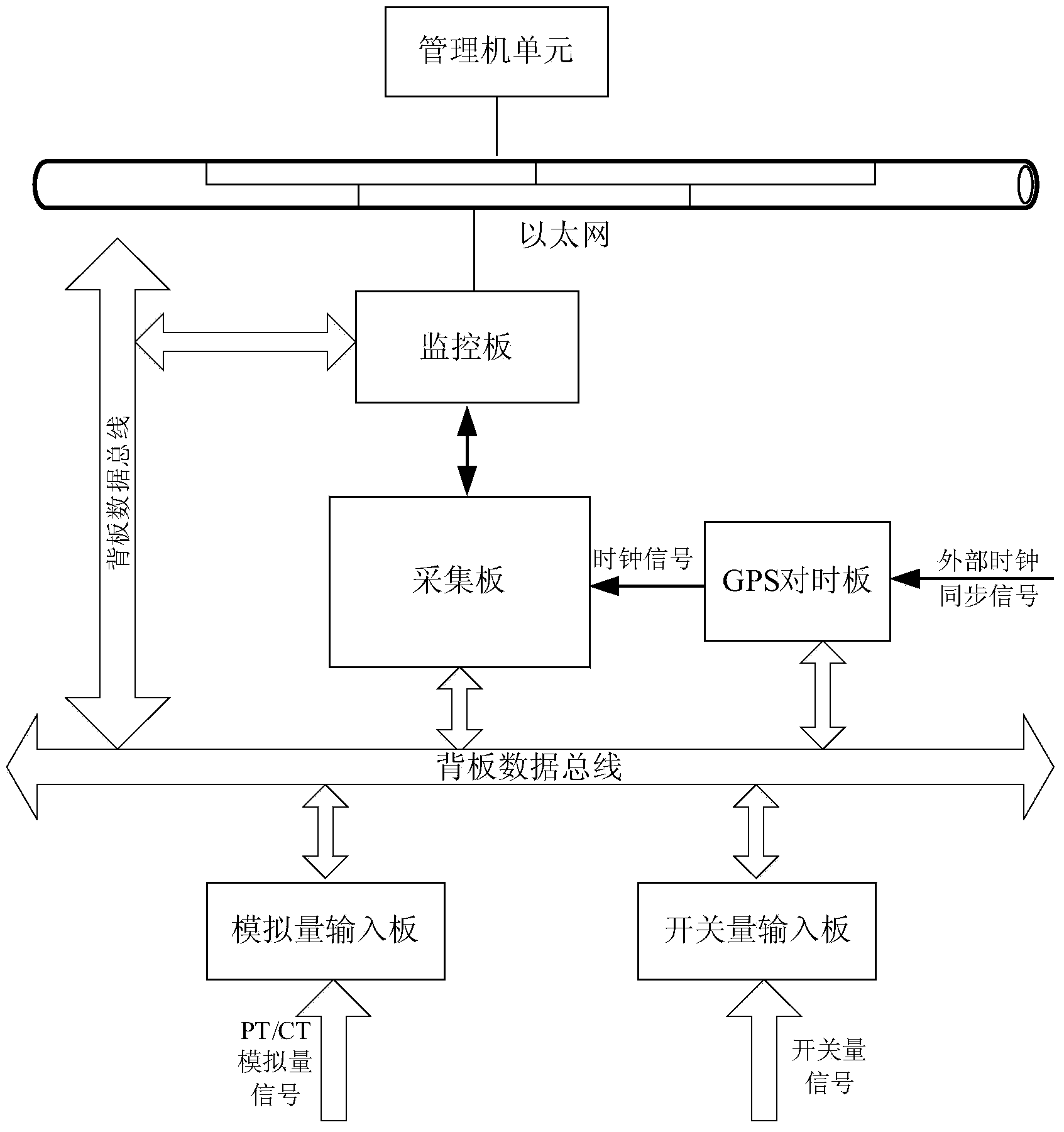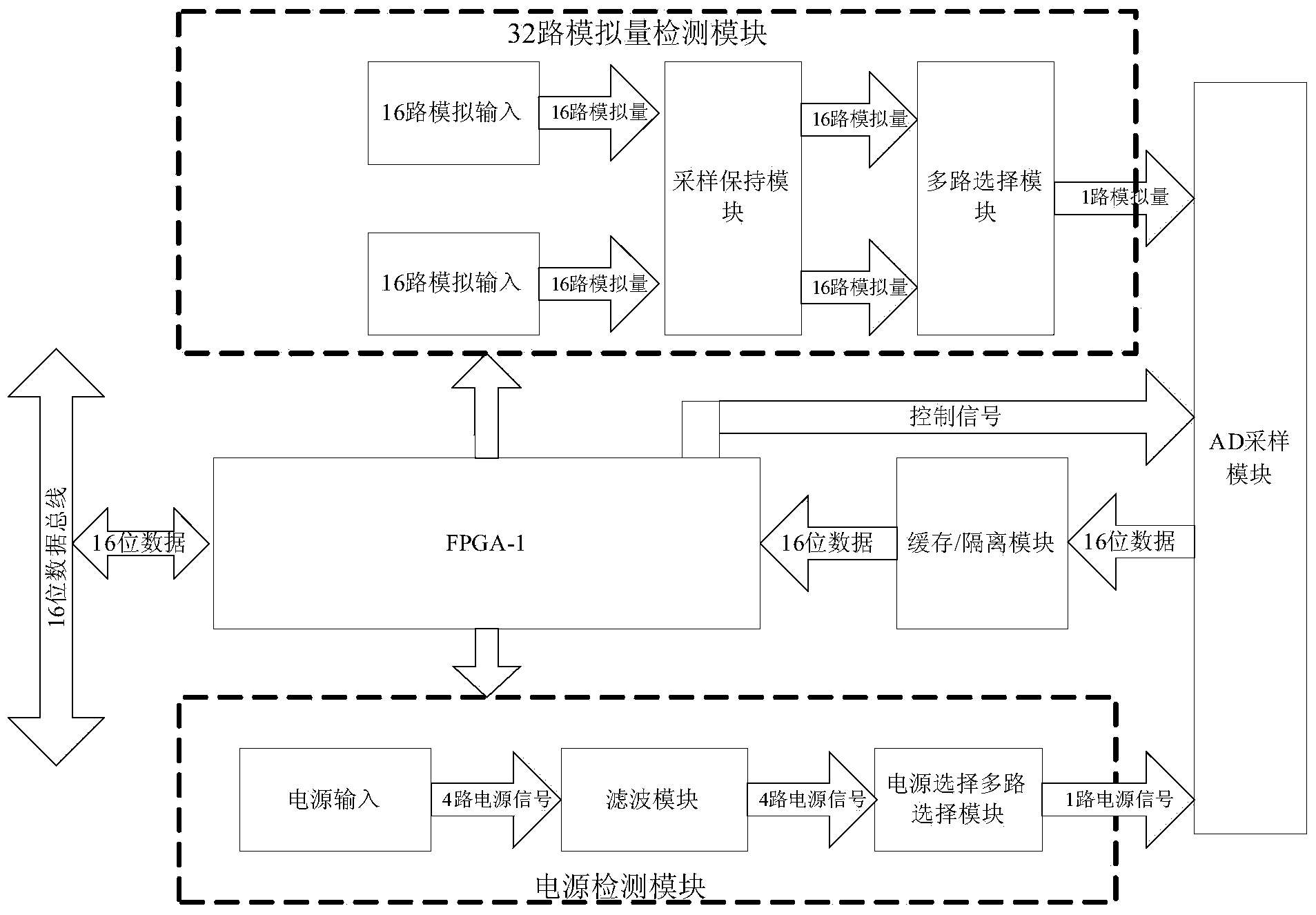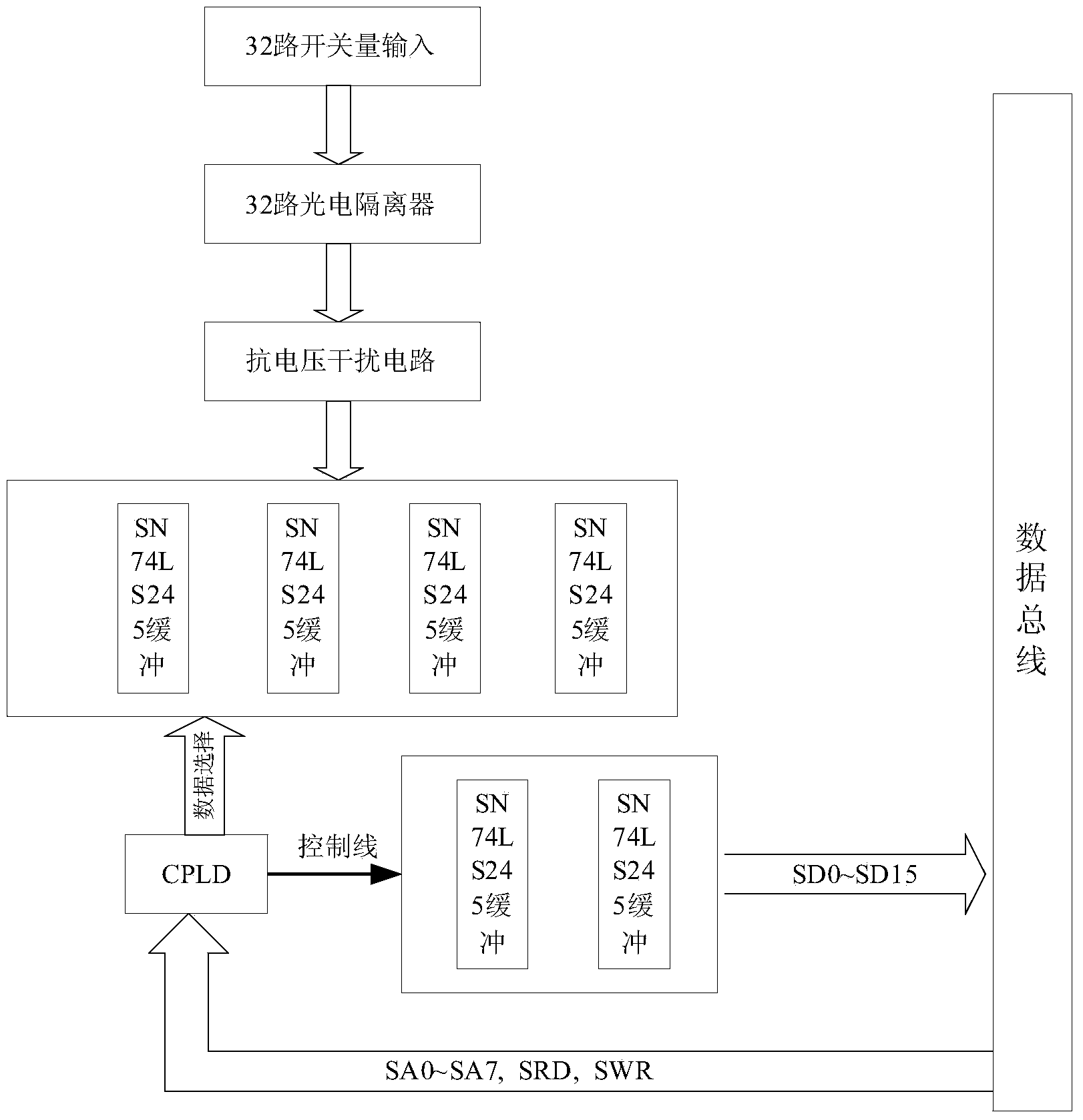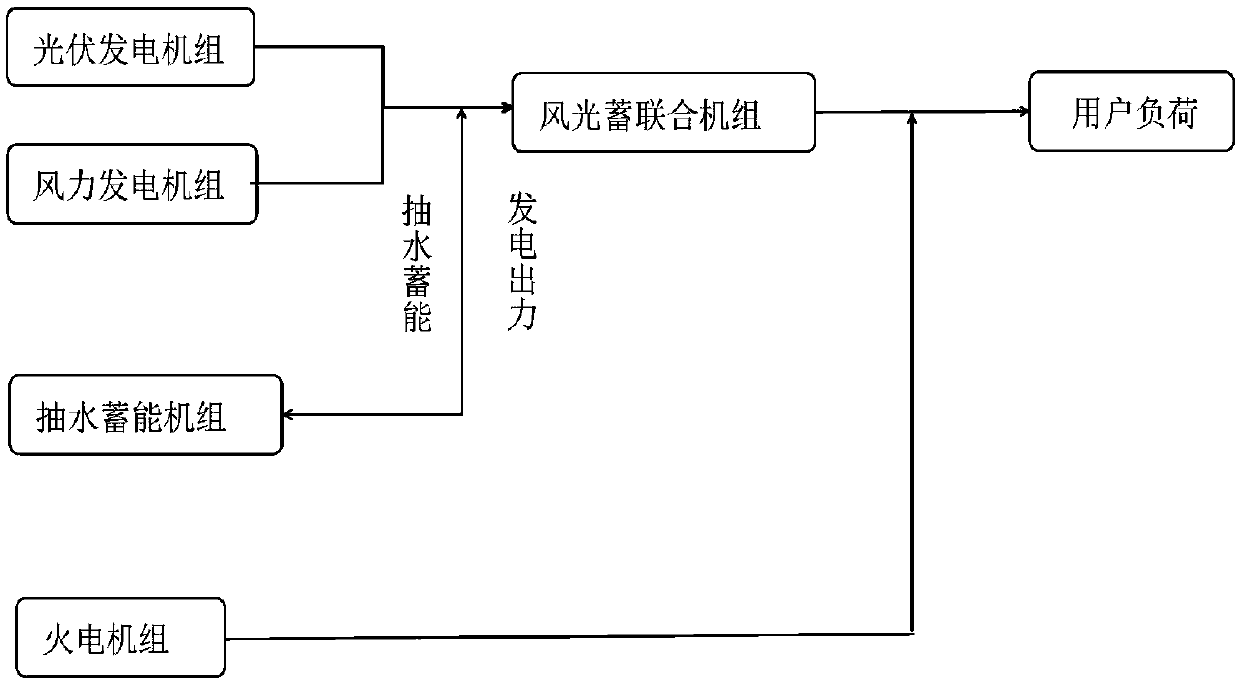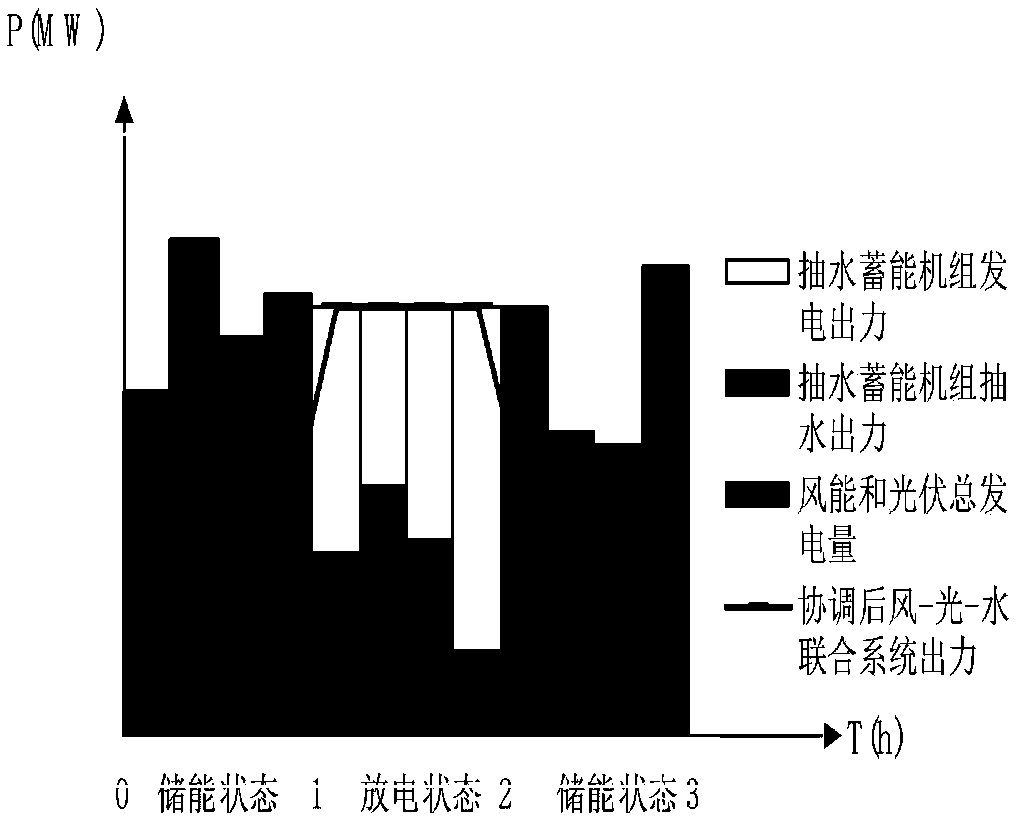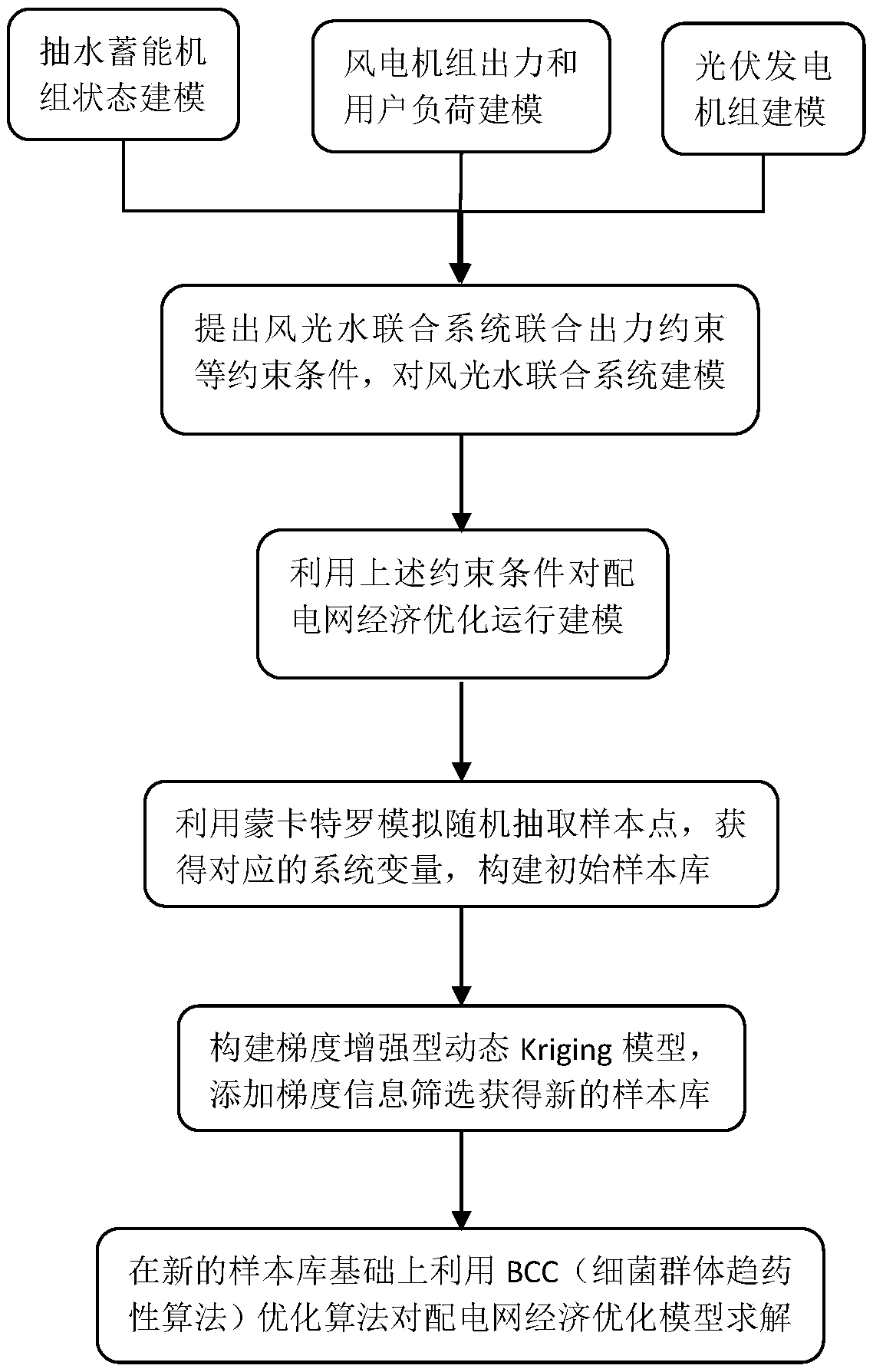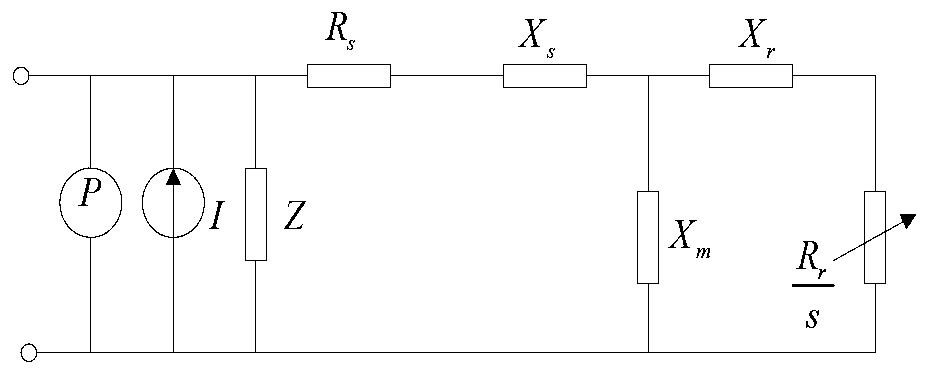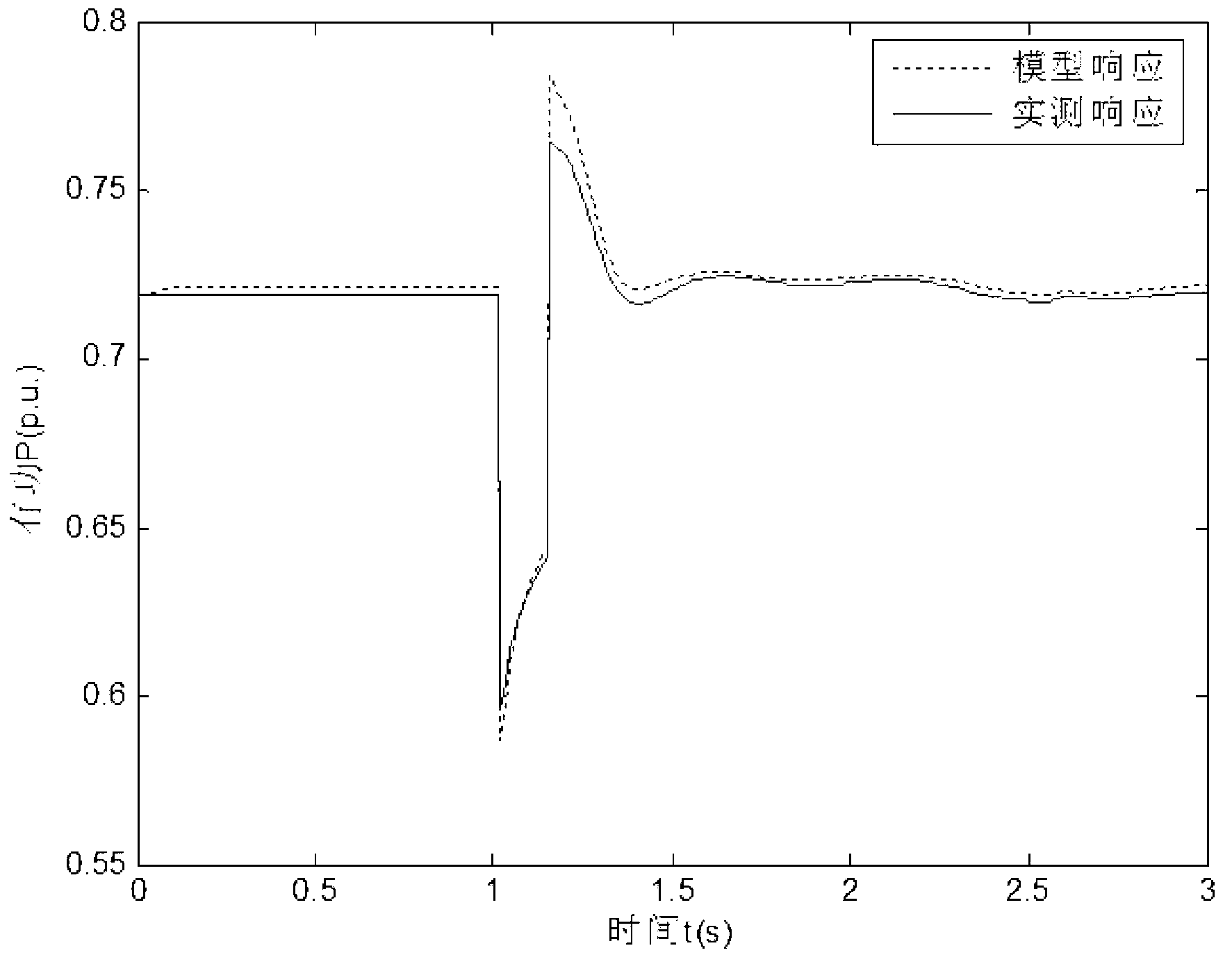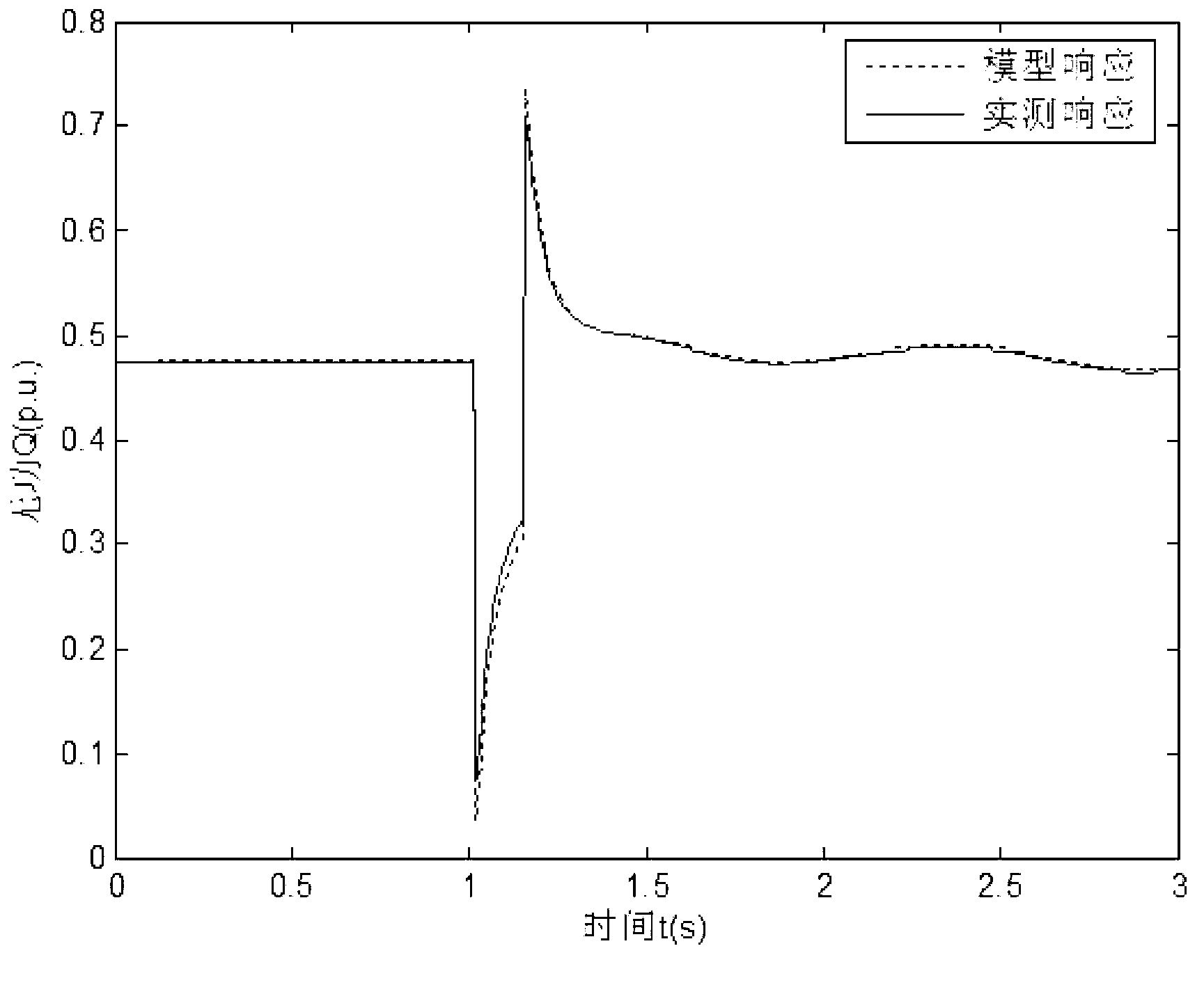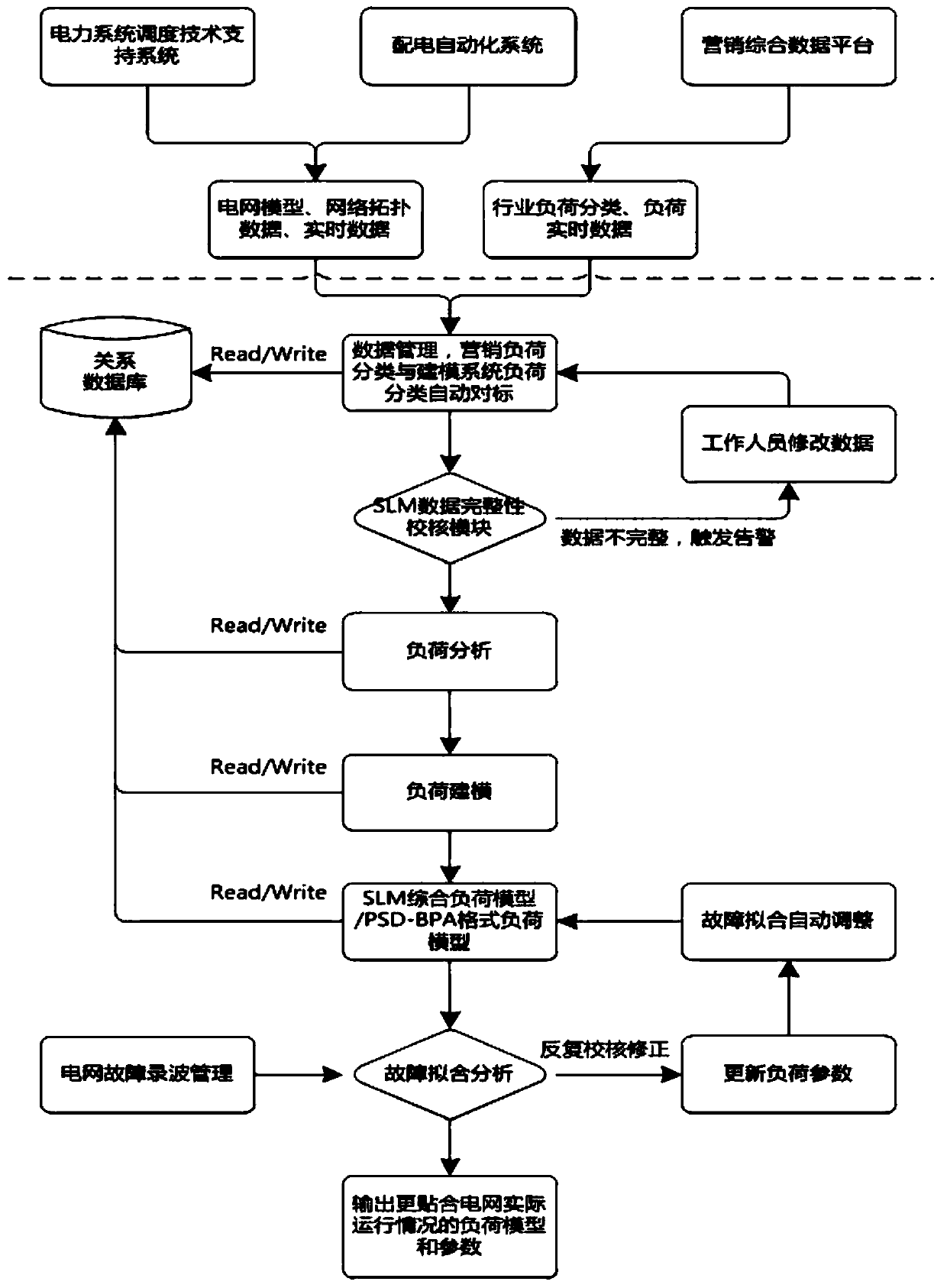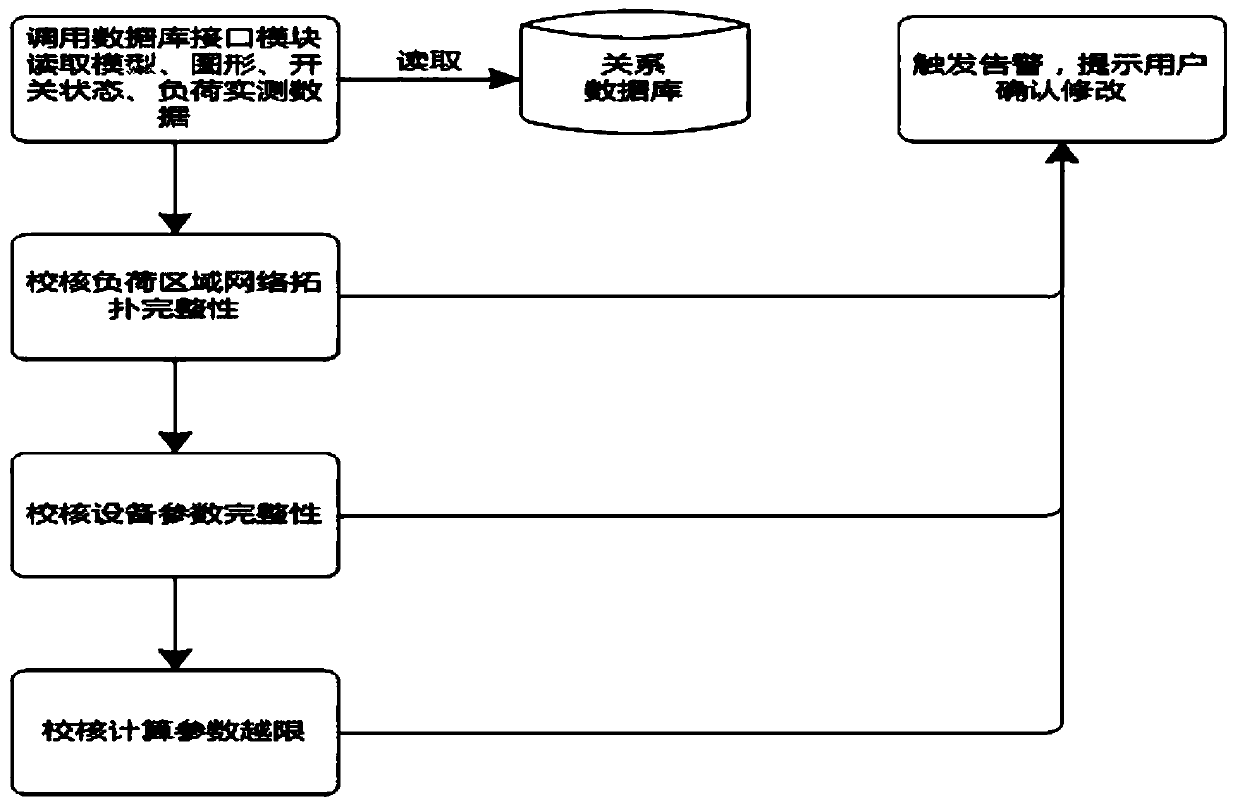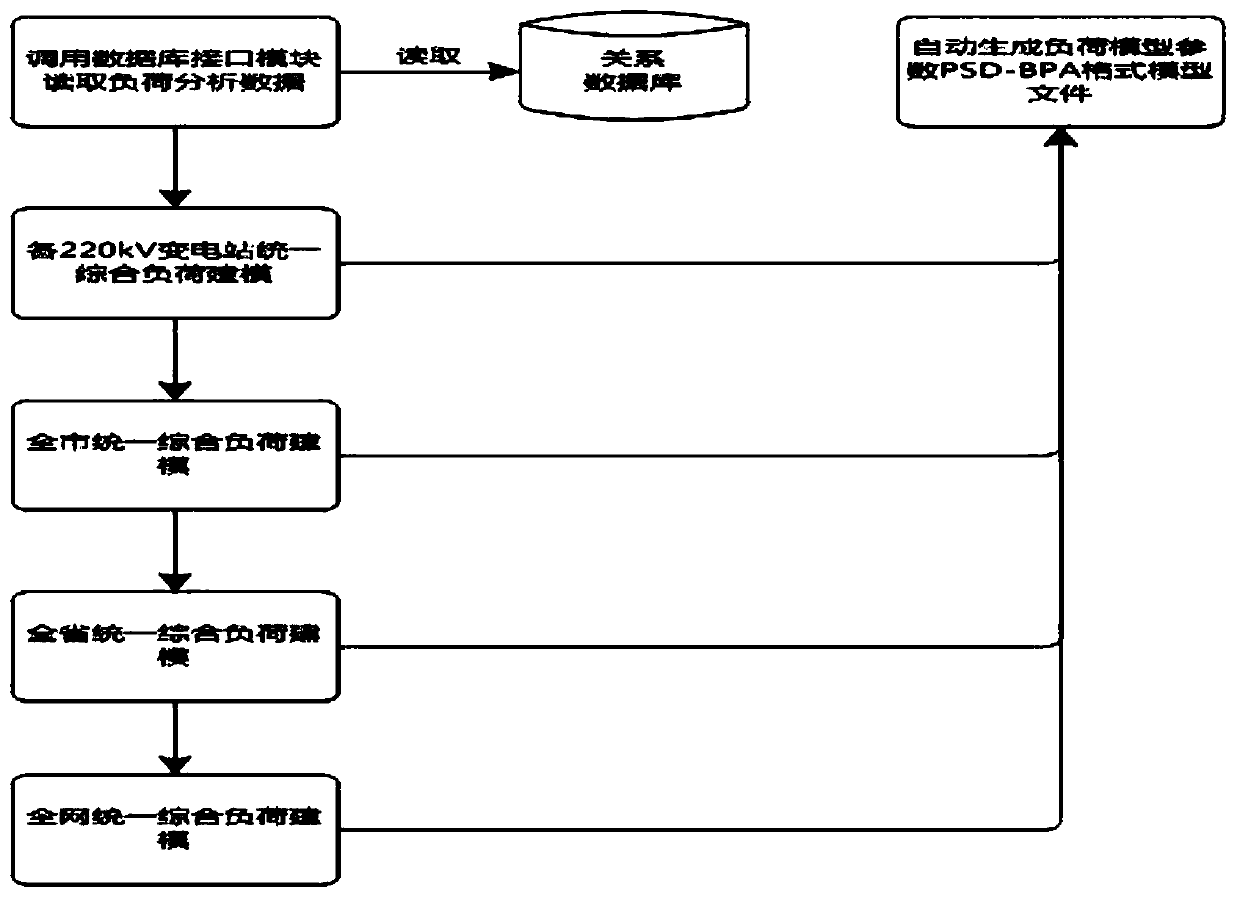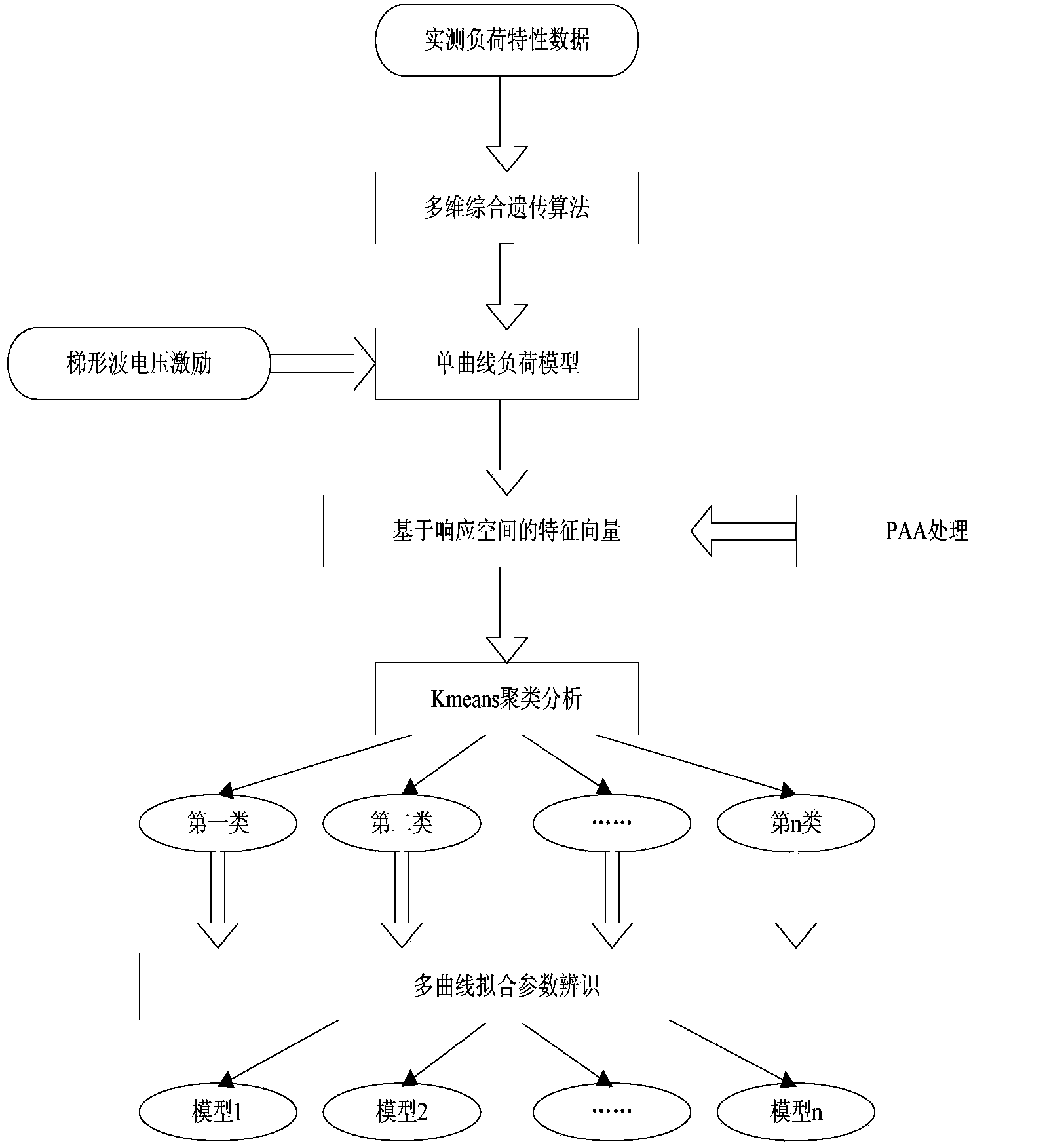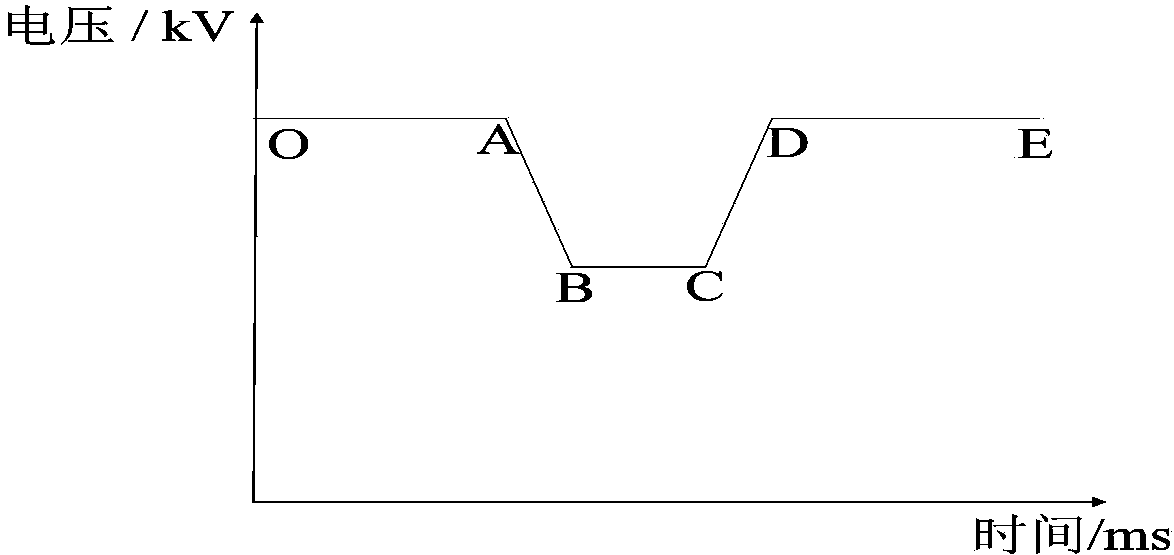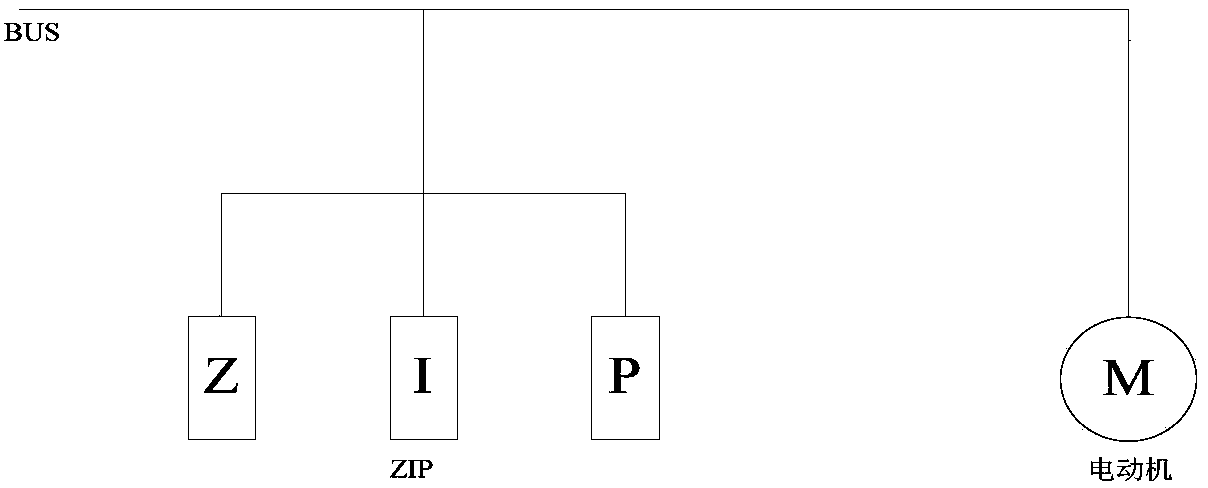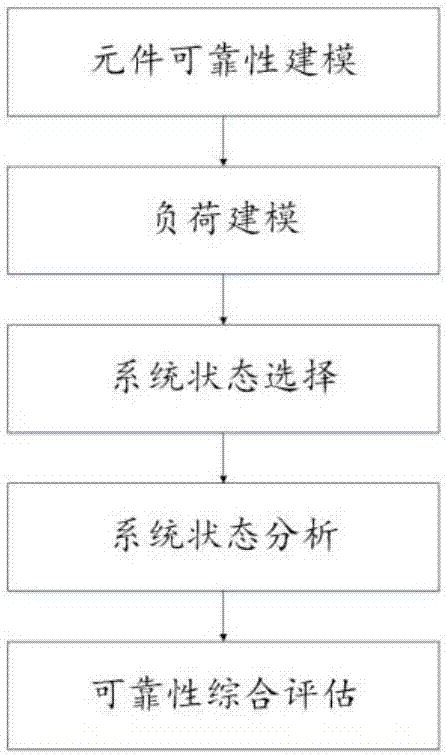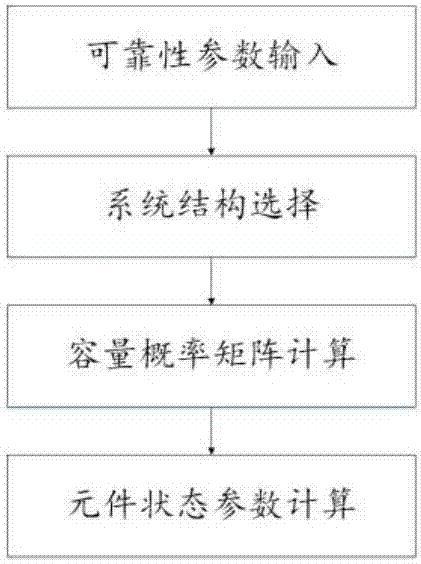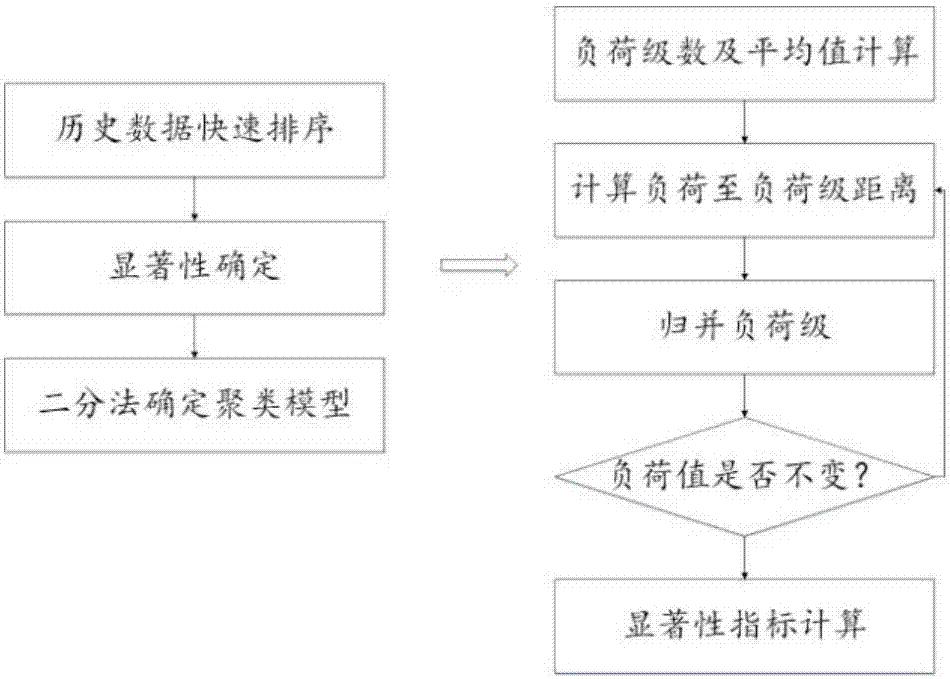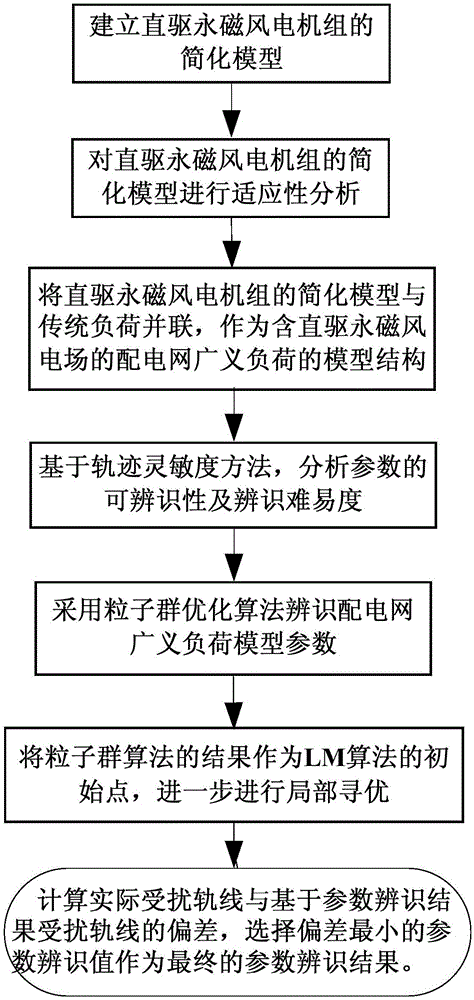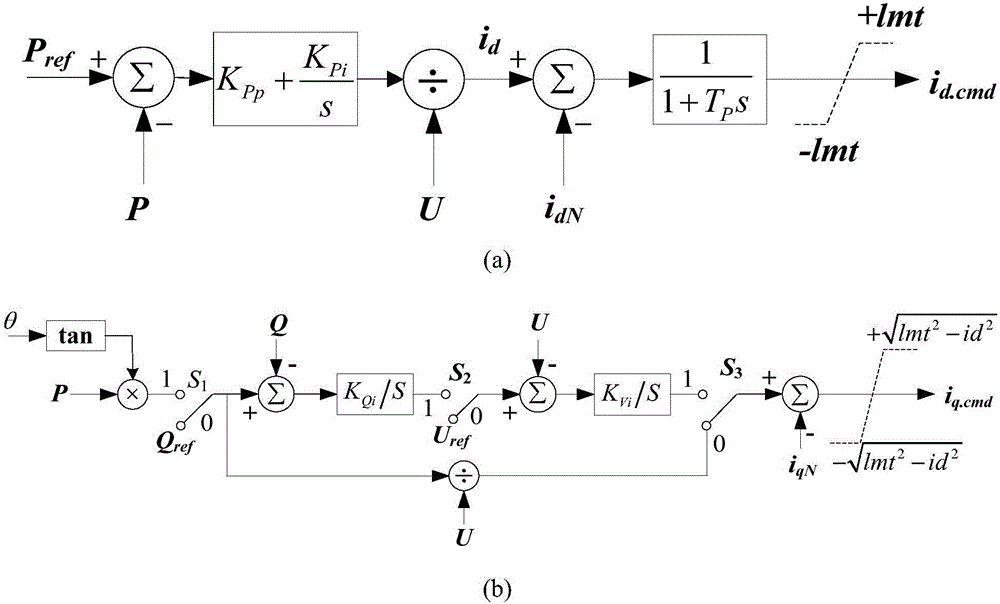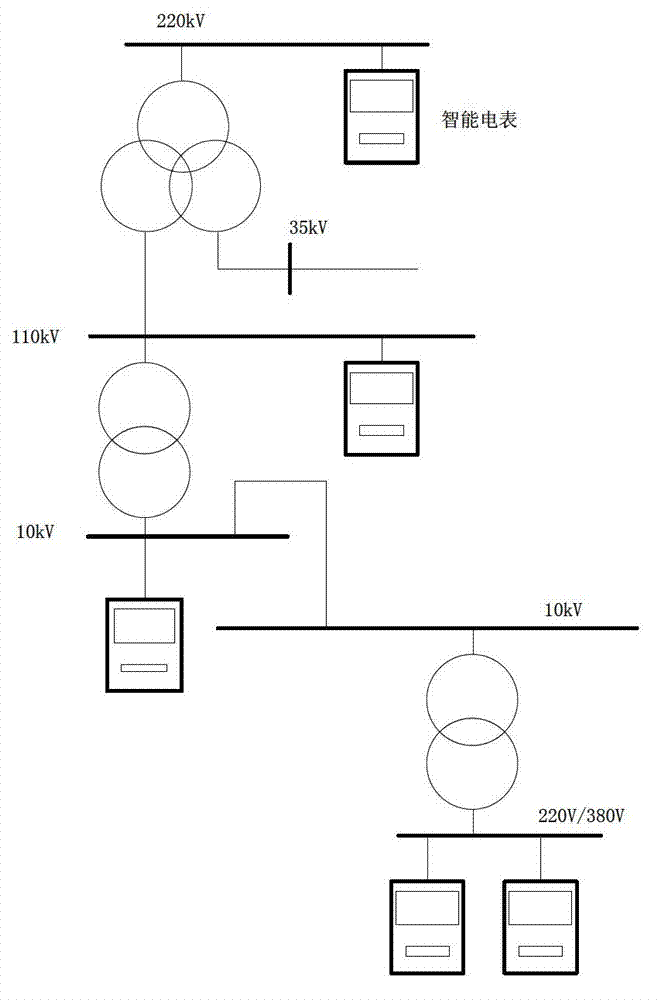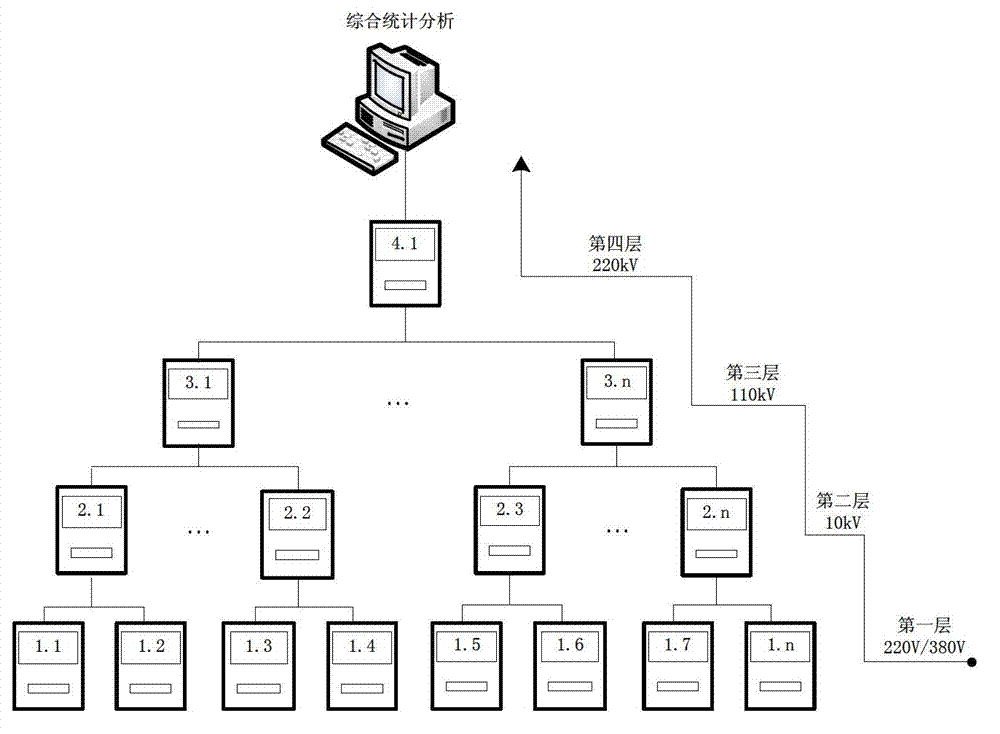Patents
Literature
217 results about "Load modeling" patented technology
Efficacy Topic
Property
Owner
Technical Advancement
Application Domain
Technology Topic
Technology Field Word
Patent Country/Region
Patent Type
Patent Status
Application Year
Inventor
Power system load modelling method
ActiveCN101789598ASingle network parallel feeding arrangementsSpecial data processing applicationsSynthesis methodsLoad model
The invention discloses a power system load modelling method, including the steps that: A, load classification based on daily active load curve; B, load modelling based on statistic synthesis method; C, load model parameter sensitivity analysis and range analysis based on simulation analysis; D, load model parameter node identification based on genetic algorithm, namely node identification is carried out by taking fitted local disturbance data as target, setting low sensitivity parameter value as statistic synthesis method surveying parameter value and adopting the genetic algorithm, so as to obtain multiple groups of load model parameters; E, load model parameter wide area check based on WAMS, namely load model parameter check is carried out by taking the multiple groups of solutions identified by node as initial value and taking accurate fitting on system wide area dynamic characteristic as target, so as to obtain unique solution capable of reflecting wide area dynamic characteristic when system is subject to disturbance. The invention solves the problems of multiple solutions and identifiability of overall measuring identifying method by load point classification and load model parameter aggregation and has popularization and application values.
Owner:STATE GRID HUBEI ELECTRIC POWER RES INST +1
Tabular method of non-intrusive electrical load decomposition
ActiveCN101567559ASmall amount of calculationLow computing power requirementsAc network circuit arrangementsDecompositionElectric power system
A tabular method of non-intrusive electrical load decomposition includes the following steps of: conducting off-line statistics of unit current parameters of various pieces of electric equipment; selecting the type of main electric equipment according to electrical load; selecting a power proportion spacing to combine the power proportion vectors of all possible main electric equipment inside the electrical load; obtaining the electrical load unit estimation current corresponding to the power proportions in an off-line way and forming a corresponding table of the power proportions and the unit estimation current; thinning the corresponding table of the power proportions and the unit estimation current into a plurality of sub corresponding tables according to the size of parameters of the unit estimation current; according to the size of a practically detected load current parameter, judging a sub corresponding table therein; and finding the load unit estimation current closest to the practically detected load current in the sub table, obtaining the power consumption proportion of the main electric equipment inside the load and realizing load decomposition. The tabular method can decrease the calculation quantity of load decomposition effectively and can be applied to the fields of load monitoring, electrical energy consumption analysis, load energy saving, load prediction, load modeling and the like in an electric power system.
Owner:TIANDAQIUSHI ELECTRIC POWER HIGH TECH CO LTD
Power distribution system load obscurity model building device and method
InactiveCN101232180AResolve center of gravity shiftEffective recoverySimulator controlFuzzy logic based systemsDistribution power systemEngineering
The invention relates to a load fuzzy modeling device and a method of power distribution system. The device comprises a lower computer and an upper computer consisting of a sensor, a signal conditioning and filtering module, an A / D conversion module, a DSP module, a memory module, a display and keyboard operation module and a communication module, wherein the upper computer is connected with the communication module; a voltage transformer and a current transformer are used for collecting the voltage and the current of the system and inputting the voltage and the current into a voltage and a current signal conditioning circuit; the voltage amplified by an amplifier is inputted into the A / D conversion module for sampling; and the digital signal is transmitted to the DSP for processing to obtain the final result, which is transmitted to the upper computer by the communication module. The method is characterized in that a data making-up method of a novel combined cloud data generator and fuzzy modeling are combined, a normal cloud generator is restricted by constraint equations and effectively combined with a backward cloud generator to reproduce the specific apparent distribution of an observed object, and the improved T-S fuzzy modeling method is adopted according to the characteristics of load modeling.
Owner:NORTHEASTERN UNIV
Non-invasive power load decomposition method
ActiveCN105404784AHigh precisionImprove stabilitySpecial data processing applicationsPower analysisLoad forecasting
The present invention relates to a non-invasive power load decomposition method, and belongs to the field of power measurement technologies. The method comprises: first collecting instantaneous current when each power device is switched, and introducing a primary function to decompose the instantaneous current, so as to obtain a current amplitude when each power device is switched; using a minimum value of a difference between a current amplitude at a user power inlet and a current amplitude of each input power device as an objective function; and solving the objective function by using an optimization algorithm, wherein an obtained result is a switching situation of each power device in power load. According to the method provided by the present invention, the switching situation of power load can be acquired online in real time, the decomposition method has relatively high precision and relatively good stability, and a computation speed is high. The present invention can be applied to a plurality of technical fields such as power system load monitoring, power analysis, load energy saving, load prediction and load modeling, and has a significant meaning to energy saving of the whole society and power system planning and operation.
Owner:HENAN XJ INSTR +2
Fault fitting method in load modeling
The invention discloses a digital simulation of an electric power system which is deep in the fields like planning, designing, running and researching of the electric power system. The simulation result of the digital simulation becomes the main foundation for the decisions in the fields. A load is used as the important composition part of the electric power system; the model and the parameters of the load have important effects on the digital simulation result of the electric power system. Building an accurate load model is a universal difficulty due to the composition complexity of the load. The digital simulation carries out simulation analysis on a plurality of running modes and a plurality of failure modes of a northwest power network and carries out comparison analysis on the wave recording result of a plurality of failures based on a synthesized load model (SLM) which more reasonably considers the line of a distribution network in structure.
Owner:CHINA ELECTRIC POWER RES INST +1
Method for modeling power load based on measurement-based method
The invention discloses a method for modeling a power load based on a measurement-based method. The method sequentially comprises the following steps of (1) preprocessing recording data to obtain data required by load modeling; (2) performing damped least-squares iterative equation solving on the preprocessed data required by the load modeling to obtain optimal load model parameters; (3) establishing an optimal load model by adopting the load model parameters; and (4) checking the obtained load model parameters, and verifying a load model with practical values comprising higher extrapolation capability, higher interpolation capability and higher capability in the comprehensive description of different load compositions to be the optimal load model. According to the method, the modeling cost is reduced; and the load model is more consistent with the actual condition of a field, high simulation accuracy and credibility are ensured, contrary conclusions under a clinical condition are completely avoided, the load model can be coordinated with the conventional power generation and distribution model, and the analysis of a power system is accurate and credible, so that the simulation analysis accuracy and credibility of the power system are remarkably improved.
Owner:SHENZHEN SHUANGHE ELECTRIC CO LTD
Electric system load dynamic characteristic classifying method based on characteristic mapping
InactiveCN103177188AImprove classification efficiencyReduce computing timeSpecial data processing applicationsIndex mappingLoad model
The invention discloses an electric system load dynamic characteristic classifying method based on characteristic mapping. The electric system load dynamic characteristic classifying method comprises the steps of (1) carrying out load modeling on disturbance data, (2) confirming mapping of load dynamic characteristic classifying characteristic quantity, (3) calculating an association degree between data of a modeling group and data of a training group, (4) estimating a load model parameter of each datum in the training group, (5) correcting index mapping in a self-adapting mode, and (6) classifying load dynamic characteristics. According to the electric system load dynamic characteristic classifying method based on the characteristic mapping, a classifying characteristic quantity mapping data table is formed through the preexisting voltage disturbance data in a load modeling platform so that the load dynamic characteristics can be rapidly classified, and the electric system load dynamic characteristic classifying method based on the characteristic mapping is beneficial for solving the problem of time-varying characteristics during a load modeling process.
Owner:SOUTHEAST UNIV
Power system load modeling method based on typical load group
ActiveCN105356454AGuaranteed accuracySmall amount of calculationLoad forecast in ac networkLoad modelModel parameters
Owner:SHANGHAI UNIVERSITY OF ELECTRIC POWER +1
Dynamic data-based online load modeling system
The invention discloses a dynamic data-based online load modeling system which comprises a load model information management subsystem and at least one online load modeling device, wherein the online load modeling device is connected with the load model information management subsystem through an Ethernet; a server of the information management subsystem receives fault wave-recording files, load modeling data files and load model parameters of the modeling device; and a client of the information management subsystem realizes the management and the analysis of the load modeling data by utilizing the load modeling data files and the load model parameters received by the server or realizes the management and the analysis of the fault wave-recording files through the received fault wave-recording files. Through the dynamic data-based online load modeling system disclosed by the invention, reasonable and actual load models are provided to the power networks, the dynamic data recorded by the devices are fully utilized and the dynamic data are identified to obtain real-time and accurate load model parameters. The dynamic data-based online load modeling system can be widely applied to transformer substations and the distribution substations of large-scale industrial enterprises; and the load model parameters can provide foundations for the running manner selection, the simulation computation and the system planning of power systems.
Owner:SHENZHEN SHUANGHE ELECTRIC CO LTD
Train diagram-based traction load modeling method
ActiveCN102122310AHeavy calculationImprove speedSpecial data processing applicationsPower qualityInduction motor
The invention discloses a train diagram-based traction load modeling method. The modeling method comprises the following steps of: obtaining train number of each power supply arm in each time interval of a running period according to a train diagram, equalizing each train on one power supply arm to an induction motor, equalizing each traction load to a parallel model of multiple induction motor models and static index models, performing parameter identification on a traction load model by using particle swarm optimization (PSO) according to the measured voltage and power waveform, and establishing the traction load model. Compared with the conventional traction load modeling method, the train diagram-based traction load modeling method has the advantages that: the influence of running time variance of a train on the traction load voltage and power is taken into consideration, the generality and the accuracy of the traction load model are greatly improved on the premise of keeping good astringency, the established traction load model is more accordant with the actual conditions, and the requirements of railway / power related departments on traction power supply quality assessment, electrical energy quality assessment and power system stability assessment are met.
Owner:ZHEJIANG UNIV +2
Method of polymerization of induction motor load dynamic parameter taking account of slip and load factor
ActiveCN101282039AGuaranteed Aggregation AccuracySpecial data processing applicationsDynamo-electric machine testingMaximum torqueTransient state
The invention relates to a method for aggregating power system induction motor load dynamic parameter, belonging to technical field of power system dynamic equivalent value and load modeling, the method is realized by capacity weighting method considering the load factor and the critical slip (maximum torque corresponding slip), the realized system comprises electric network data aquisition and induction motor group parameter aggregation. The obtained dynamic parameter of the power system induction motor load model is used for computing for transient state stable simulation. The detailed model parameter of the power system equivalent value induction motor load model obtained by the invention can not only improve precision of the parameter aggregation, but also can not increase computing load.
Owner:TIANJIN UNIV +1
Power system load clustering method based on fuzzy c-means algorithm
The invention discloses a power system load clustering method based on a fuzzy c-means algorithm. The power system load clustering method includes determining a statistics comprehensive molding theory based on a load structure; researching one of the clustering issues in load modeling: primary selection and refined selection of industrial users; researching another of the clustering issues in load modeling: classification and synthesis of comprehensive load static characteristics of a transformer substation; researching and determining the power system load clustering method based on the fuzzy c-means algorithm. Specific steps are subject to the abstract attached drawings. The power system load clustering method solves the problem of load clustering in load modeling of a power system and is an effective method for load clustering.
Owner:STATE GRID CORP OF CHINA +2
Transverse time axis clustering method in generalized load modeling on basis of time periods
ActiveCN104200032AImprove clustering effectImprove clustering qualitySpecial data processing applicationsSimulationTransverse plane
The invention discloses a transverse time axis clustering method in generalized load modeling on the basis of time periods. According to the method, root bus data formed by wind power and loads of the whole year are obtained; the data are processed, all the processed data are connected end to end, the data in rows form the transverse continuous data which are divided into M sections according to transverse time units THN, and all the data are transversely clustered; based on the transverse cluster result, a sample data source to be analyzed is divided into q transverse classes, and each class is represented by the respective clustering center; feature vectors are intersected and matched. The classes to which samples belong are judged through intersecting and matching of the feature vectors, generalized load modeling is utilized for setting up an accurate model and testing the effectiveness of the clustering strategy, and the simulation result shows that generalized load modeling carried out after clustering analysis makes the model practical on the basis of meeting the requirement for accuracy, and is beneficial for improving the simulation accuracy and the simulation effectiveness of an electrical power system.
Owner:SHANDONG UNIV
Method for electricity-saving potential estimation on load involved demand response of variable-frequency air conditioners
ActiveCN105138847AImprove operational efficiencyPromote energy conservation and emission reductionSpecial data processing applicationsHuman bodyPower grid
The invention discloses a method for electricity-saving potential estimation on load involved demand response and load grouping aggregation of variable-frequency air conditioners. Based on load modeling of the variable-frequency air conditioners, an electricity-saving potential estimation model of the load involved demand response of the variable-frequency air conditioners is established according to the comfortable degree of human bodies, and a reference is provided for a variable-frequency air conditioner load dispatching objective formulated by the power grid dispatching department. Meanwhile, the corresponding method for the load grouping aggregation of an air conditioner group is provided, accordingly the total load of the air conditioner group can be scientifically and effectively kept as the dispatching objective stably, and finally the energy-saving and emission-reduction work of resources on the demand side is promoted.
Owner:SOUTHEAST UNIV
Systems and methods for electrical charging load modeling services to optimize power grid objectives
ActiveUS20170017213A1Eliminate the problemProgramme controlCharging stationsShort termsCharging station
A system configured to receive and automatically analyze various types of information, including, without limitation, information from energy generators, information from non-generation resources, information on the facility status, information on user behavior, information on user's short-term energy needs (e.g. over-ride any algorithm due to immediate charging need), information on renewable generation, including, without limitation, solar, wind, biomass and / or hydro, and information on environmental conditions including, without limitation, barometric pressure, temperature, ambient light intensity, humidity, air speed, and air quality. In one or more embodiments, a sole novel charging station or selected, aggregated groupings of the aforesaid novel charging stations are configured to start, modulate or stop charging, or start, modulate (down) or stop discharging over specific time intervals based on the electrical grid needs as automatically determined based on the totality of the received diverse information. To this end, a system and an associated method are provided to perform complete electrical charging load modeling to optimize power grid objectives.
Owner:ENEL X WAY USA LLC
Rural load type load modeling method based on load curve decomposition
ActiveCN103632031AEnable online load modelingImprove accuracySpecial data processing applicationsArea networkSynthesis methods
The invention provides a rural load type load modeling method based on load curve decomposition. The method includes the following steps of decomposing a rural load curve, and calculating the proportion of each type of loads in all rural loads; calculating static load equivalent parameters, dynamic load equivalent parameters and power distribution network system impedance, combining the parameters and the impedance with power supply area network topology data of rural load nodes, and obtaining a rural load type load model. According to the rural load type load modeling method based on load curve decomposition, the defects of a traditional statistics and synthesis method are overcome, modeling can be rapidly, conveniently and accurately conducted on rural load stations, accuracy of power grid simulation calculation can be improved due to the load model produced through the method, and safe, reliable and economical running of a power grid is ensured.
Owner:STATE GRID CORP OF CHINA +1
Actual measurement based load modeling system
This invention provides a real load module establishing system, which comprises load module establishing system, micro machine load dynamic characteristic recorder, load module establishing plat, remote management system, background analysis software system and power system artificial software interface. Its detail project is as the following: to adopt the digit collection, process, management and exchanging system centered as computer technique; the micro load dynamic characteristics recorder main functions are accomplished by software; the hardware system comprises CPU, BIOS device, data buffer, memory device and human to machine dialogue device and communication device.
Owner:NORTH CHINA ELECTRIC POWER UNIV (BAODING)
Transmission load modeling for engine idle speed control
Owner:GM GLOBAL TECH OPERATIONS LLC
Load modeling method and system based on comprehensive information theory and modern interior point theory
InactiveCN103279803AThe identification result is accurateImprove accuracyForecastingLoad modelTransformer
The invention provides a load modeling method and a loading modeling system based on a comprehensive information theory and a modern interior point theory. The method comprises the following steps that the load data of a plurality of transformer substations is counted; the load characteristic index of each transformer substation is calculated according to the counted load data; each transformer substation is classified by a clustering method according to the load characteristic indexes obtained through calculation, and in addition, the typical transformer substation is selected; a synthetic load model is built for the selected typical transformer substation; and the modern interior point theory is utilized for identifying the parameters to be solved of the synthetic load model, and an optimal synthetic load model is built. The load modeling method and the loading modeling system have the advantages that precise parameter identification results can be effectively and fast obtained in the identification of the load model parameters, so the accuracy of the built load model is improved.
Owner:SHENZHEN POWER SUPPLY BUREAU
Method and system for arc furnace load modeling and parameter identification
ActiveCN102521489AReflect the actual situationSpecial data processing applicationsElectric arc furnacePower grid
The invention discloses a method and a system for arc furnace load modeling and parameter identification. The method includes: building an arc furnace three-phase equivalent resistance initial model which comprehensively reflects harmonic waves, flicker and three-phase imbalance characteristics of a real arc furnace and contains to-be-identified parameters for comprehensively reflecting harmonic waves, flicker and three-phase imbalance characteristics of the real arc furnace; obtaining discretized actually measured three-phase voltage value and discretized actually measured three-phase current value; optimizing the arc furnace three-phase equivalent resistance initial model by using the discretized actually measured three-phase voltage value, the discretized actually measured three-phase current value and optimization algorithm to obtain the optimal value of the to-be-identified parameters; and substituting the to-be-identified parameters in the arc furnace three-phase equivalent resistance initial model to obtain an arc furnace three-phase equivalent resistance model. The arc furnace three-phase model built according to an embodiment of the method and the system can reflect actual conditions of an arc furnace operating in power gird more actually.
Owner:ELECTRIC POWER RES INST OF STATE GRID ZHEJIANG ELECTRIC POWER COMAPNY +1
Load curve decomposition based load modeling method for commercial load and resident load
ActiveCN103514571AEnable online load modelingImprove accuracyData processing applicationsLoad modelDecomposition
The invention provides a load curve decomposition based load modeling method for a commercial load and a resident load. The method comprises the following steps: decomposing a load curve, calculating the proportion of each load in total quantity, and calculating a static load equivalent parameter, a dynamic load equivalent parameter and power distribution network system impedance. The invention provides the load curve decomposition based load modeling method for the commercial load and the resident load. The method overcomes the defects of a traditional statistics comprehensive method and can help to rapidly, conveniently and accurately model for a resident load station, by adopting a load model generated according to the method provided by the invention, the accuracy of simulating calculation of a power grid is increased, and the safe, reliable and economical operation of the power grid is guaranteed.
Owner:STATE GRID CORP OF CHINA +1
Non-invasive unitized current on-line measurement method of electric equipment
ActiveCN101576580ADoes not affect normal productionCurrent/voltage measurementNon invasiveElectric equipment
The invention discloses a non-invasive unitized current on-line measurement method of electric equipment, which is used for conducting the decomposition and monitoring of load and power consumption, electricity consumption analysis, load and energy conservation, load prediction and load modeling for an electric system; the method comprises the following steps: information on voltage and current is monitored at the entrance of electrical load and whether the electric equipment is input, if not, monitoring continues; if so, the next step is conducted; steady voltage and current data of the electrical load before and after the input of the electric equipment are recorded; harmonic analysis is conducted to data recorded at the previous step to obtain a current expression; difference value of the steady current of the electrical load before and after the input of the electric equipment is calculated; and the difference value of the current calculated in the previous step is unitized to obtain parameters of unitized current of the electric equipment. Without influence on the regular production and life of power consumers, the method can obtain the parameters of the unitized current of the main internal electric equipment and is more beneficial to the implementation of non-invasive electrical load decomposition.
Owner:TIANDAQIUSHI ELECTRIC POWER HIGH TECH CO LTD
Load modeling device based on real-time disturbance data
InactiveCN103472736AConvenient simulation calculation analysisSimulator controlModel parametersData interface
A load modeling device based on real-time disturbance data comprises an analog quantity signal input board, a switching signal input board, an acquisition board, a backboard data bus, a GPS clock synchronization board, a monitor board and a supervisor unit, wherein the backboard data bus is connected with the analog quantity signal input board, the switching signal input board and the acquisition board respectively; the GPS clock synchronization board and the monitor board are connected with the acquisition board respectively; the supervisor unit is connected with the monitor board through the Ethernet. The real-time disturbance data obtained through field measurement are used for load modeling; parameter identification can be conducted on a static load model, a dynamic load model, a synthetic load model and a synthetic load model considering a distribution network to obtain the optimal load model within a selected load model range; the load modeling device records the data which can be directly used for load modeling, thereby being capable of providing a reasonable and practical load model for a grid and conducting real-time on-line identification on power load model parameters; moreover, the load model parameters can be used for realizing stable computational analysis of a data interface of simulation software BPA with a power system in common use.
Owner:GUANGXI POWER GRID CORP +1
Distribution network economic optimal dispatching method based on improved dynamic kriging model
ActiveCN109103929AReduce the impact of power fluctuationsImprove power generation stabilityElectrical storage systemSingle network parallel feeding arrangementsNew energySimulation
The invention discloses a distribution network economic optimal dispatching method based on an improved dynamic kriging model, which comprises the following contents: modeling the state of a pumped storage unit; modeling wind turbine output and user load; modeling photovoltaic generator set; putting forward relevant constraint conditions of joint output constraint of a scenery-water combined system and modeling the scenery-water combined system; modeling the economic optimization operation of the distribution network by using the constraint conditions described in step 4; randomly selecting sample points by Monte Carlo simulation and obtaining the corresponding system variables to construct an initial sample database; constructing a gradient-enhanced dynamic Kriging model and obtaining anew sample library by adding gradient information; based on the new sample library, using the BCC optimization algorithm to solve the distribution network economic optimization model. The invention reduces the influence of the power fluctuation brought by the wind-solar new energy and smoothes the wind power and the photovoltaic power generation, improves the power generation stability of the wind-solar new energy, increases the consumption amount of the wind-solar new energy and reduces the investment and operation cost of the distribution network system.
Owner:无锡享源信息科技有限公司
Online dynamic load modeling method based on fault recorder data
InactiveCN103324841AFit closelyImprove operational efficiencySpecial data processing applicationsLoad modelWeighted average method
The invention relates to an online dynamic load modeling method based on fault recorder data. The method is correct and effective, simple and high in precision compared with a parameter weighted average method and a clustering center method based on standard actual measured samples and can facilitate online dynamic load modeling based on the fault recorder data. The method includes that (1) on the basis of historical samples for identifying load model parameters, voltage excitation of new samples is exerted on a load model, and load power response is obtained; (2) the power response and actual measured power response of the new samples are fitted integrally and optimized to be a target, parameter optimization is conducted by adopting a curve fitting method, and a modified comprehensive load model is obtained, and only modified model parameters are stored instead of all historical samples.
Owner:SHANDONG UNIV
Online load analysis and modeling system and method for power system
InactiveCN110707692ARealize online modeling functionImprove accuracyAc network circuit arrangementsData integrityData platform
The invention belongs to the technical field of power system measurement, and particularly relates to an online load analysis and modeling system and method for a power system. The system comprises adata recognition module, a load modeling data integrity checking module, a load analysis module, a load modeling module, a fault recording management module, and a fault fitting automatic adjustment module, collects the model data, network topology data and real-time data of a transformer substation and a power distribution network provided by a power dispatching technology support system and a power distribution automation system on line and the industry load classification and load actual measurement data provided by a marketing comprehensive data platform, and realizes the online load analysis and modeling functions of the load nodes by combining the load classification situation of a modeling system and adopting a comprehensive aggregation equivalence method. According to the present invention, by adopting the normalized load analysis and modeling work, the timeliness and accuracy of the load modeling are improved, the safe, reliable and economical operation of a power grid is guaranteed, and the implementation difficulty and workload of the load analysis and modeling are effectively reduced.
Owner:济南荣耀合创电力科技有限公司
Modeling method for load characteristic simulation of power system
ActiveCN103915841AImprove the efficiency of cluster analysisImprove simulation accuracyGenetic modelsAc network circuit arrangementsProblem of timeSimulation
The invention belongs to the field of simulation modeling of power systems, and particularly relates to a modeling method for load characteristic simulation of a power system. The method comprises the steps that on the basis of actually measured load modeling, a multi-dimensional comprehensive genetic algorithm is adopted to perform identification on characteristic data of an actually measured load; power response data of an obtained model under the excitation of trapezoidal wave voltage serve as characteristic vectors for cluster analysis; in order to reduce the dimensionality of the characteristic vectors and enhance the efficiency of the cluster analysis, piecewise linearization based on time series is performed on the characteristic vectors. According to the modeling method, the problem of time-varying characteristics of a load can be effectively solved, simulation precision is improved, and a more accurate load model is provided for engineering practice.
Owner:NORTH CHINA ELECTRIC POWER UNIV (BAODING)
Distribution network reliability assessment method
ActiveCN107292502AAccurate and comprehensive reliability assessmentRaise the level of reliabilityResourcesEquivalent modelCluster analysis
The invention discloses a distribution network reliability assessment method. Through element reliability modeling, load modeling, system state selection, system state analysis, and reliability indexes, reliability of a distribution network is calculated, and reliability of the distribution network is effectively assessed. The method comprises: using an equivalent model of elements based on frequency and duration as foundation of element reliability modeling; using a bisection method clustering method to establish a load model, using a quick sort and clustering analysis method to establish a corresponding load model; using a state duration sampling method to determine element state and state duration time of elements or subsystems in given time, to obtain state and state duration time of a system, as system state selection; using an optimal load shedding model based on DC power flow as system sate analysis; reliability index comprehensive assessment including system severity index SI, system cut-down electricity quantity index BPECI calculation and parameter reliability sensitivity, and through a parameter perturbation method, finding an element which has high influence on system reliability.
Owner:南京软核科技有限公司
Generalized load modeling method for distribution network containing direct-drive permanent magnet wind farm
InactiveCN106058937ASimple structureImprove recognition accuracySingle network parallel feeding arrangementsWind energy generationReduced modelPermanent magnet synchronous motor
The invention discloses a generalized load modeling method for a distribution network containing a direct-drive permanent magnet wind farm. A simplified model of a direct-drive permanent magnet synchronous generator (DDPMSG) is proposed, and the direct-drive permanent magnet synchronous generator is connected in parallel with a traditional load to be used as a distribution network generalized load model structure containing a direct-drive permanent magnet wind farm. Based on a trajectory sensitivity method, the identifiability and identification difficulty of the parameters in the generalized load are analyzed. For parameter identification, global optimization is performed first using a particle swarm optimization (PSO) algorithm, and then, local optimization is performed on the basis of the PSO result using a Levenberg-Marquardt (LM) algorithm. The model structure of the direct-drive permanent magnet synchronous generator is simplified, and the proposed parameter identification method is of high precision. The modeling method can provide reference for generalized load modeling of other renewable energy access distribution networks containing a full-bridge converter.
Owner:HOHAI UNIV
Macrozone load modeling method in intelligent power system
InactiveCN102868160AAddressing time-varying propertiesRealize online statistical synthesisSpecial data processing applicationsInformation technology support systemRelevant informationLoad model
The invention discloses a macrozone load modeling method in an intelligent power system, which comprises the following steps: establishing a macrozone load modeling system architecture with layers and grades for intelligent electricity meters installed at homes according to voltage grades; collecting and concentrating power information measured by the intelligent electricity meters and identified relevant load information in layers through an automatic message recording system; processing collected load through load modeling algorithm and establishing an accurate load model; establishing a macrozone load modeling system by voltage grades and the intelligent electricity meters installed at homes; collecting relevant information such as power of the electricity meters or load identification results and the like through the automatic message recording system; and comprehensively utilizing the existed load modeling algorithm to process the information. According to the macrozone load modeling method, the macrozone load modeling for the power system can be realized, and long-acting mechanism and widest coverage area for the load modeling can be realized based on the intelligent electricity meters.
Owner:NR ELECTRIC CO LTD +1
Features
- R&D
- Intellectual Property
- Life Sciences
- Materials
- Tech Scout
Why Patsnap Eureka
- Unparalleled Data Quality
- Higher Quality Content
- 60% Fewer Hallucinations
Social media
Patsnap Eureka Blog
Learn More Browse by: Latest US Patents, China's latest patents, Technical Efficacy Thesaurus, Application Domain, Technology Topic, Popular Technical Reports.
© 2025 PatSnap. All rights reserved.Legal|Privacy policy|Modern Slavery Act Transparency Statement|Sitemap|About US| Contact US: help@patsnap.com
